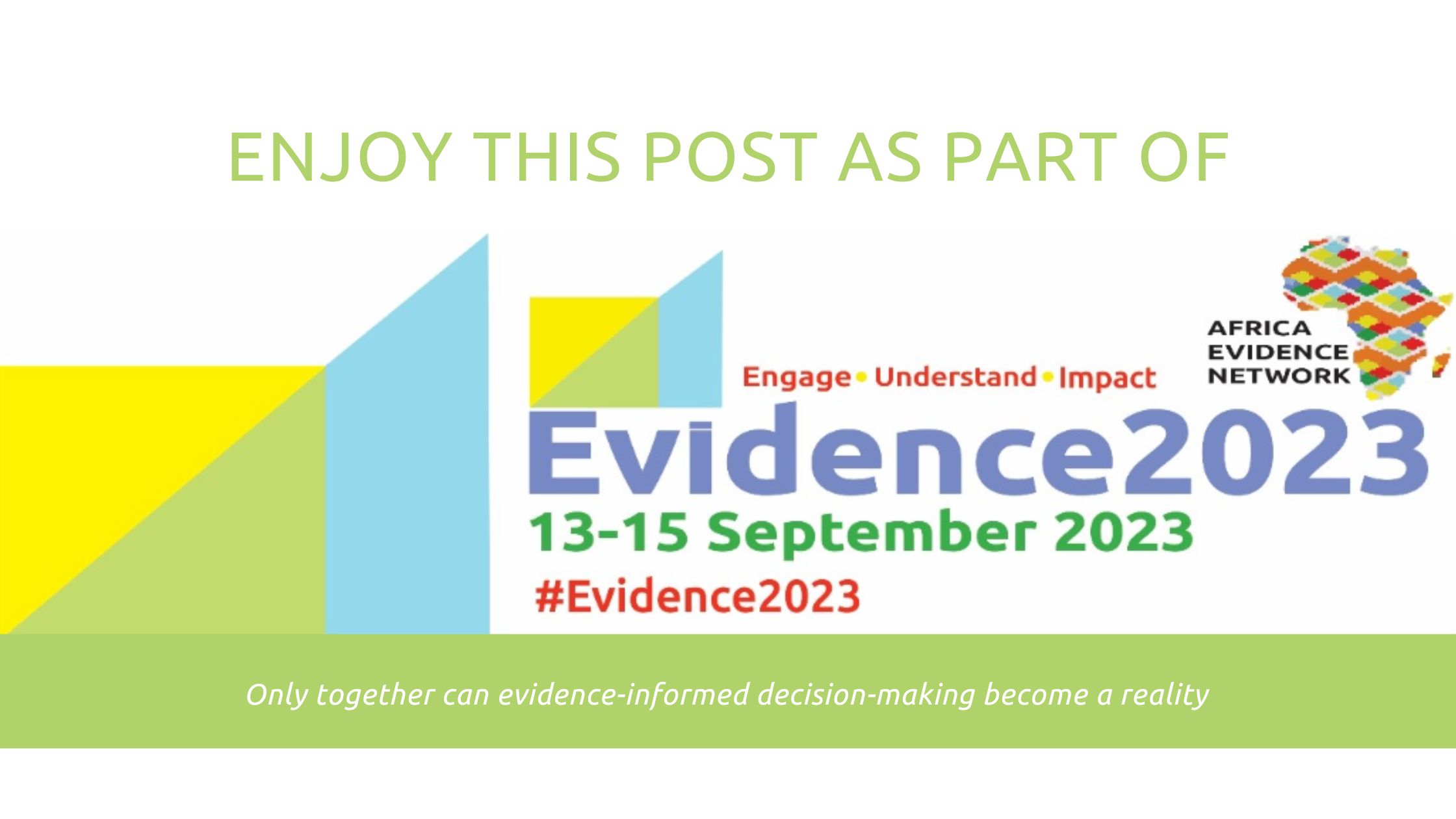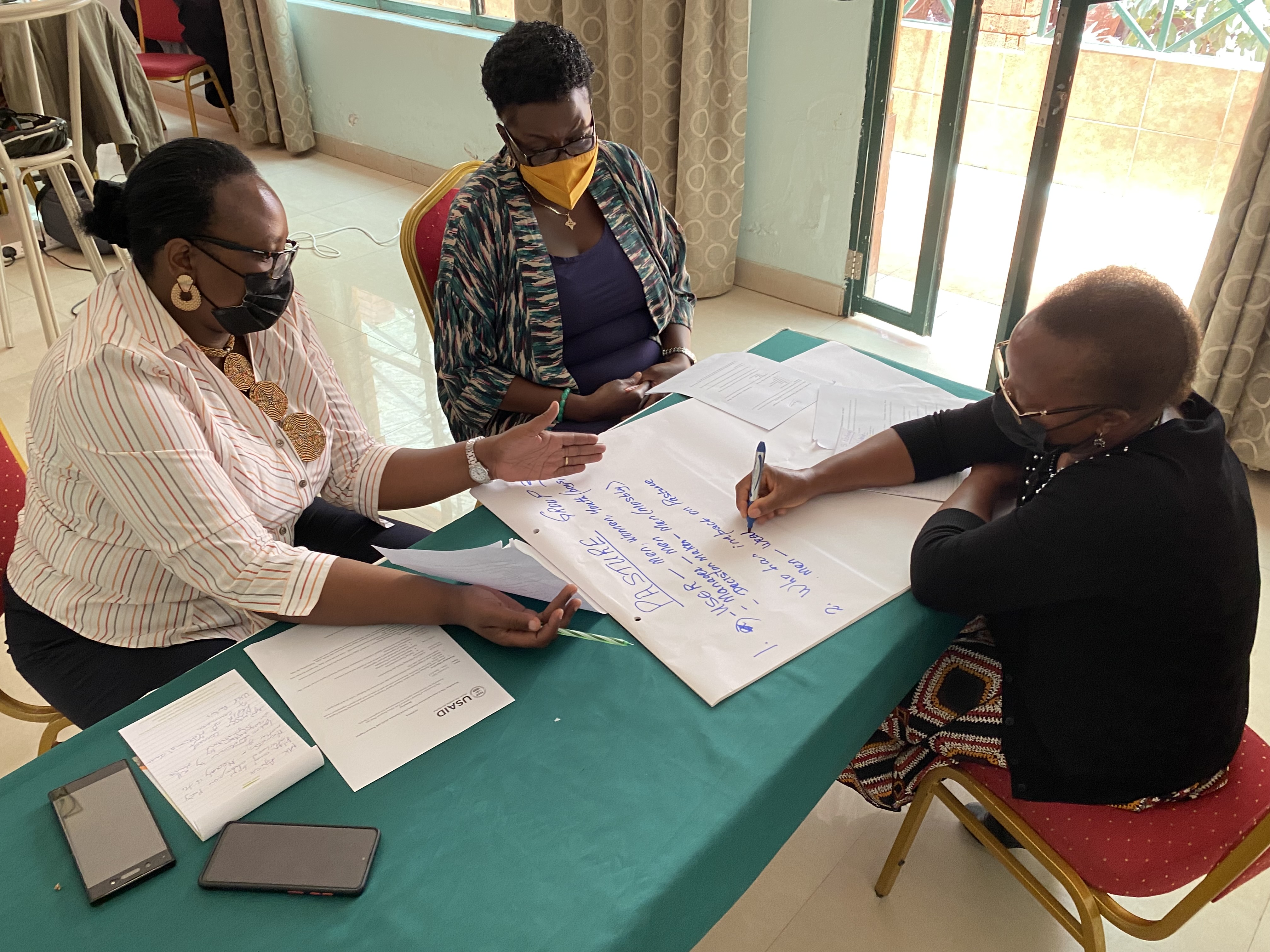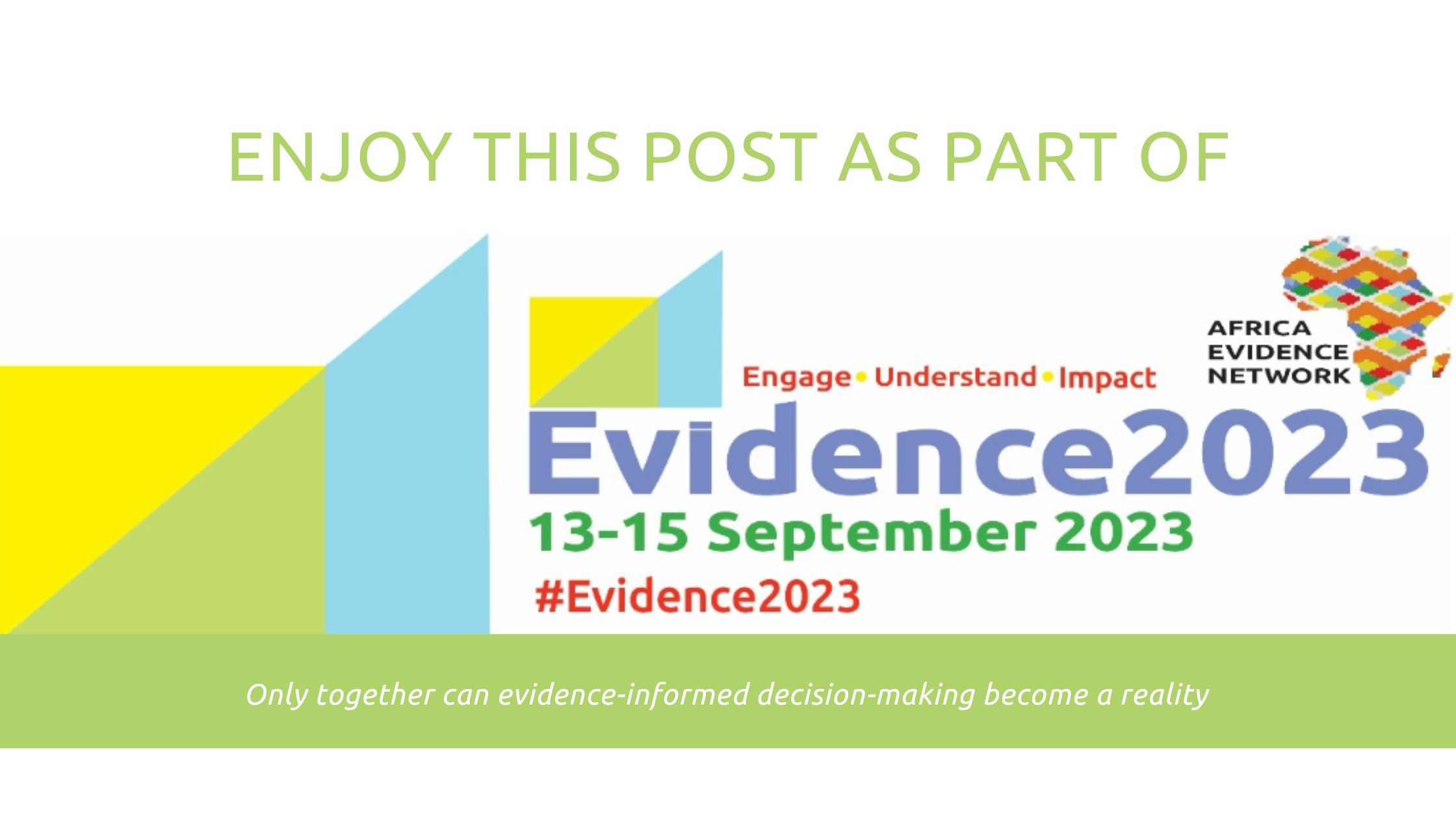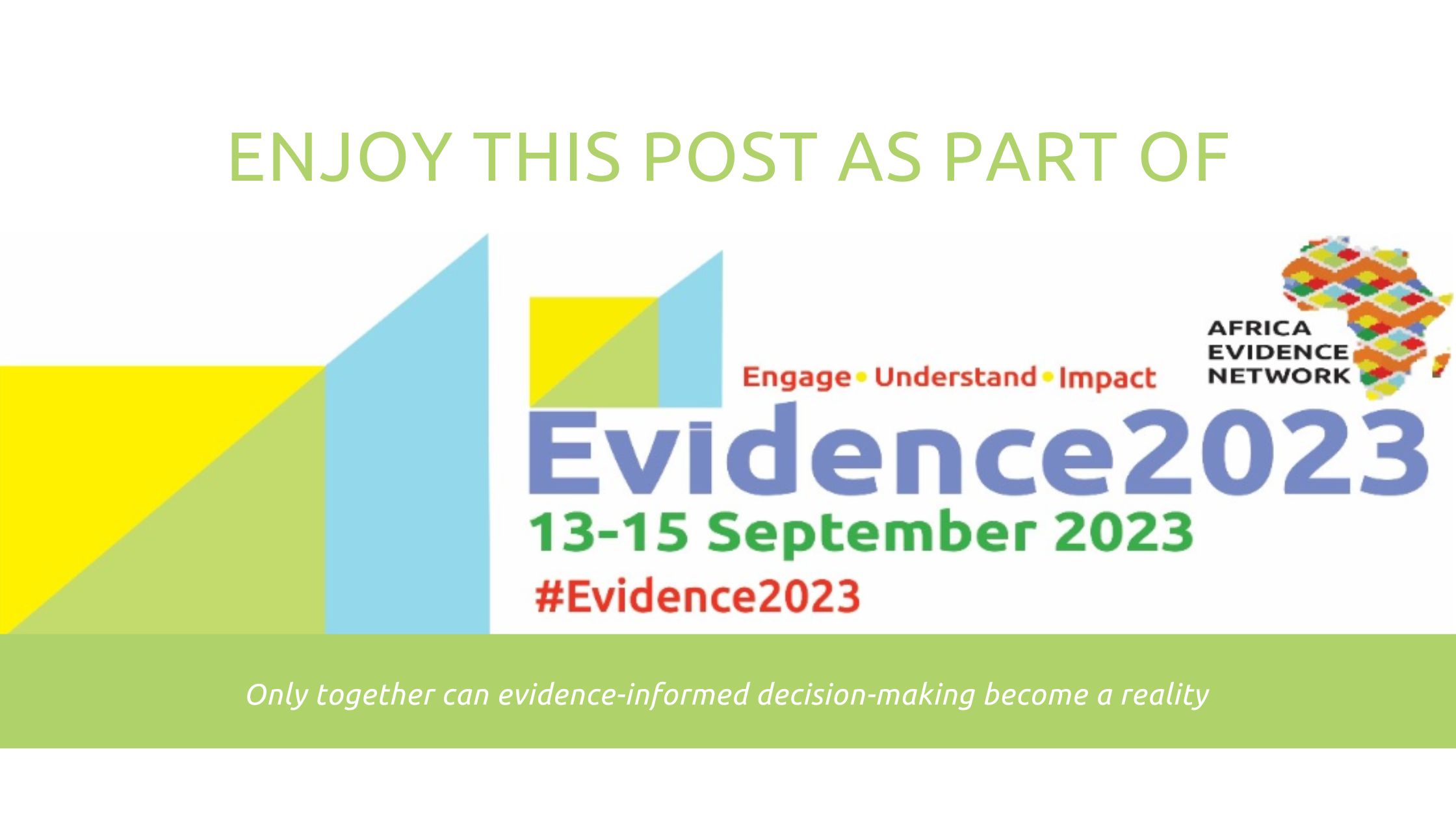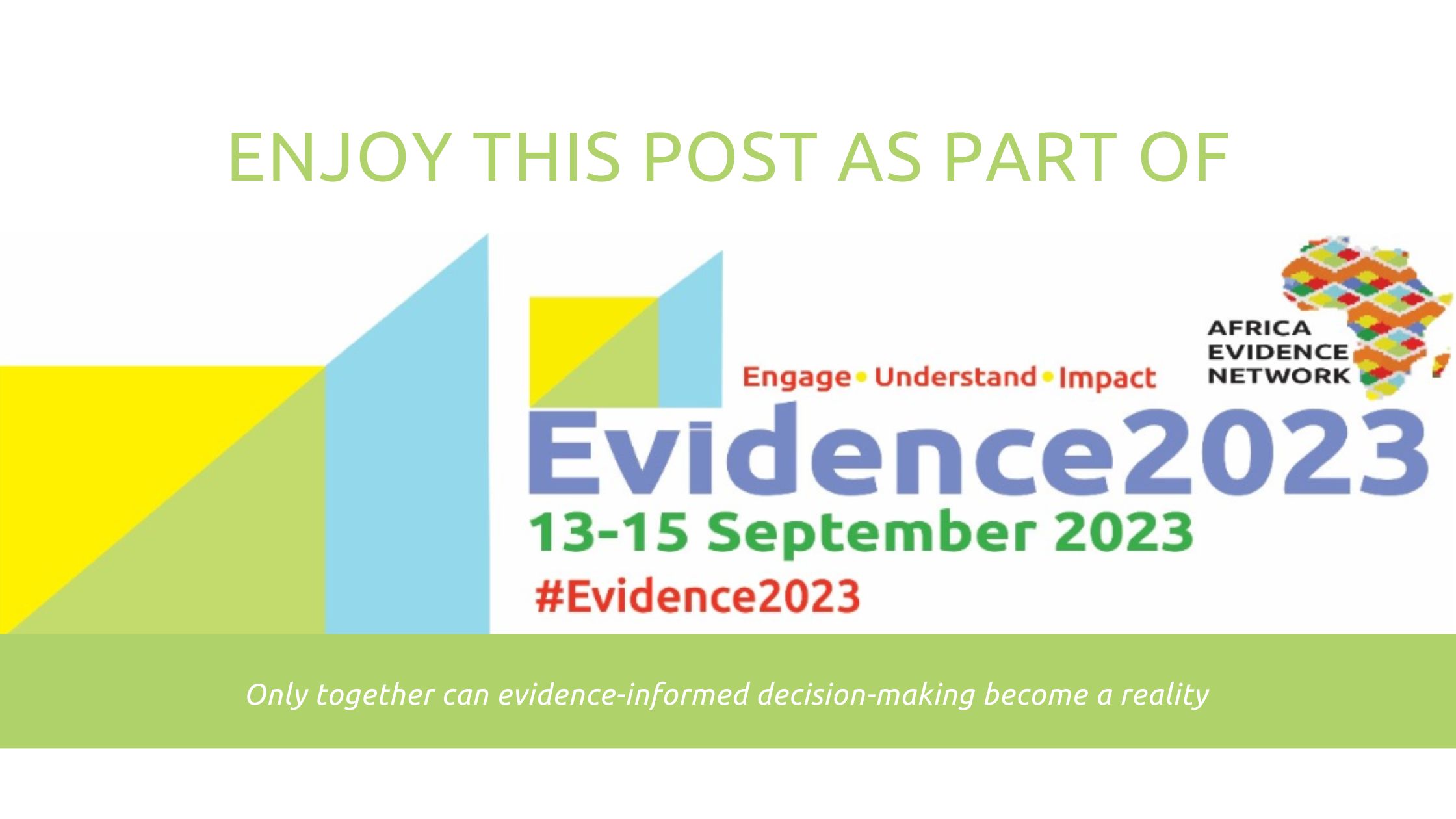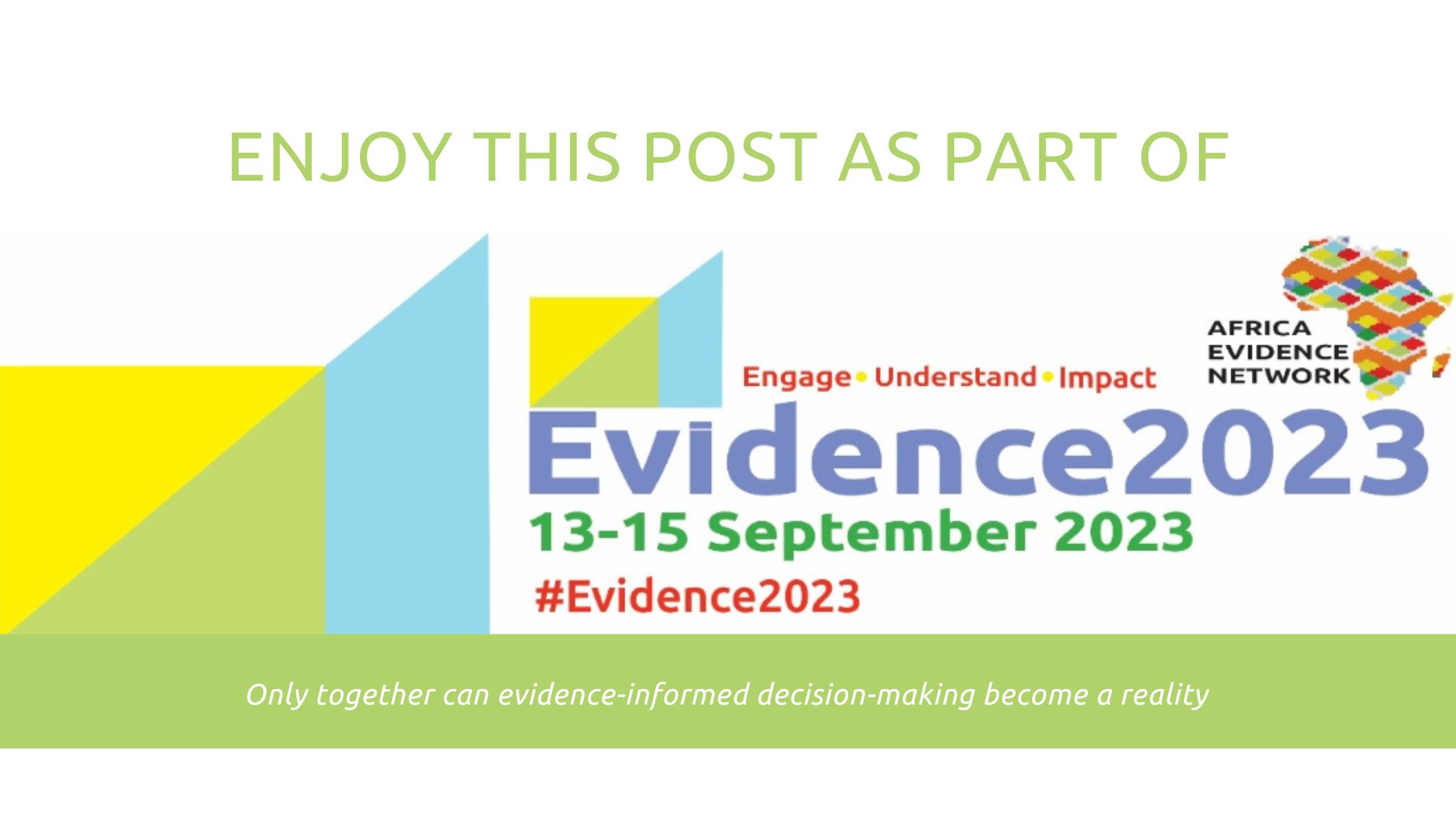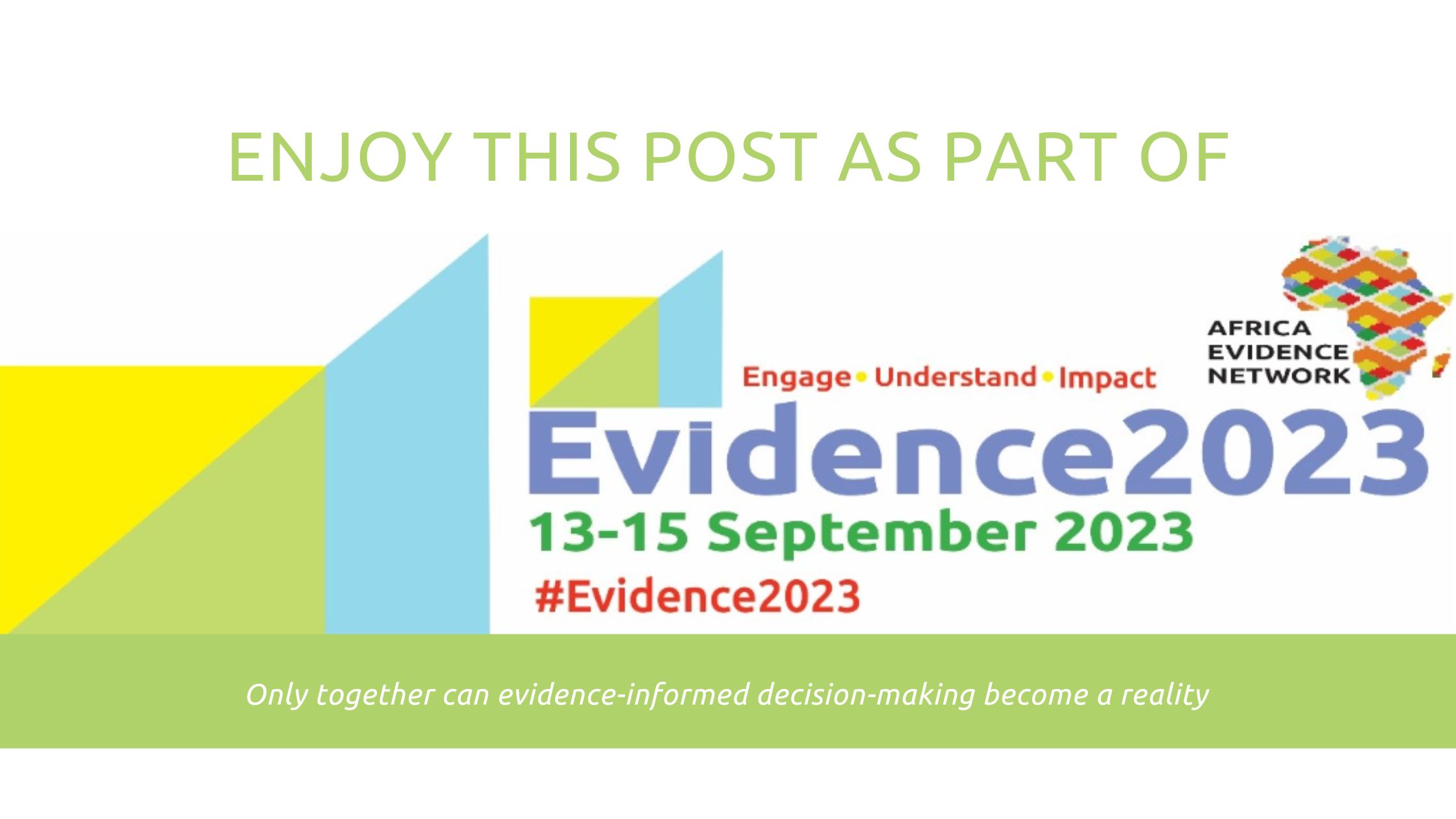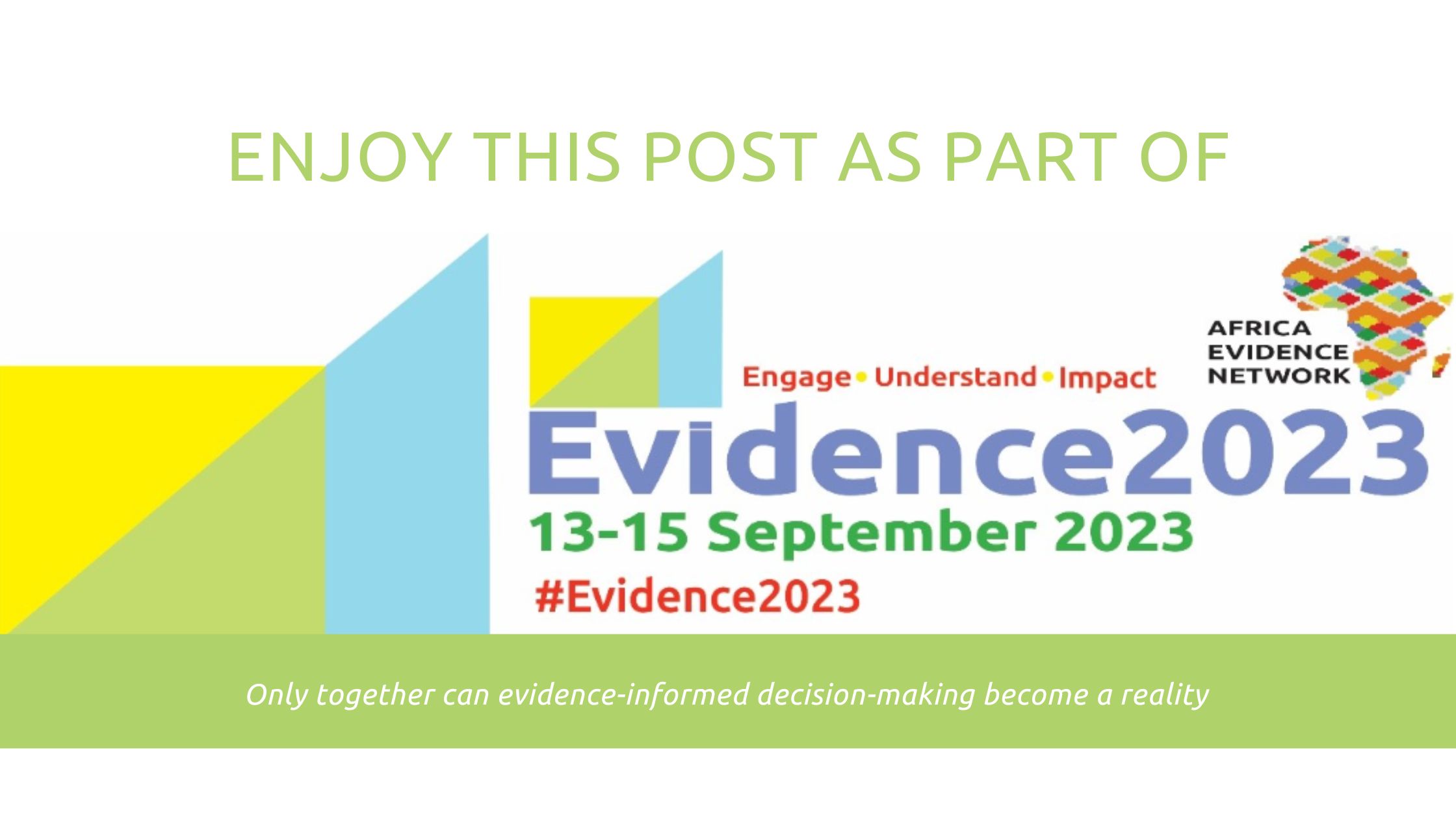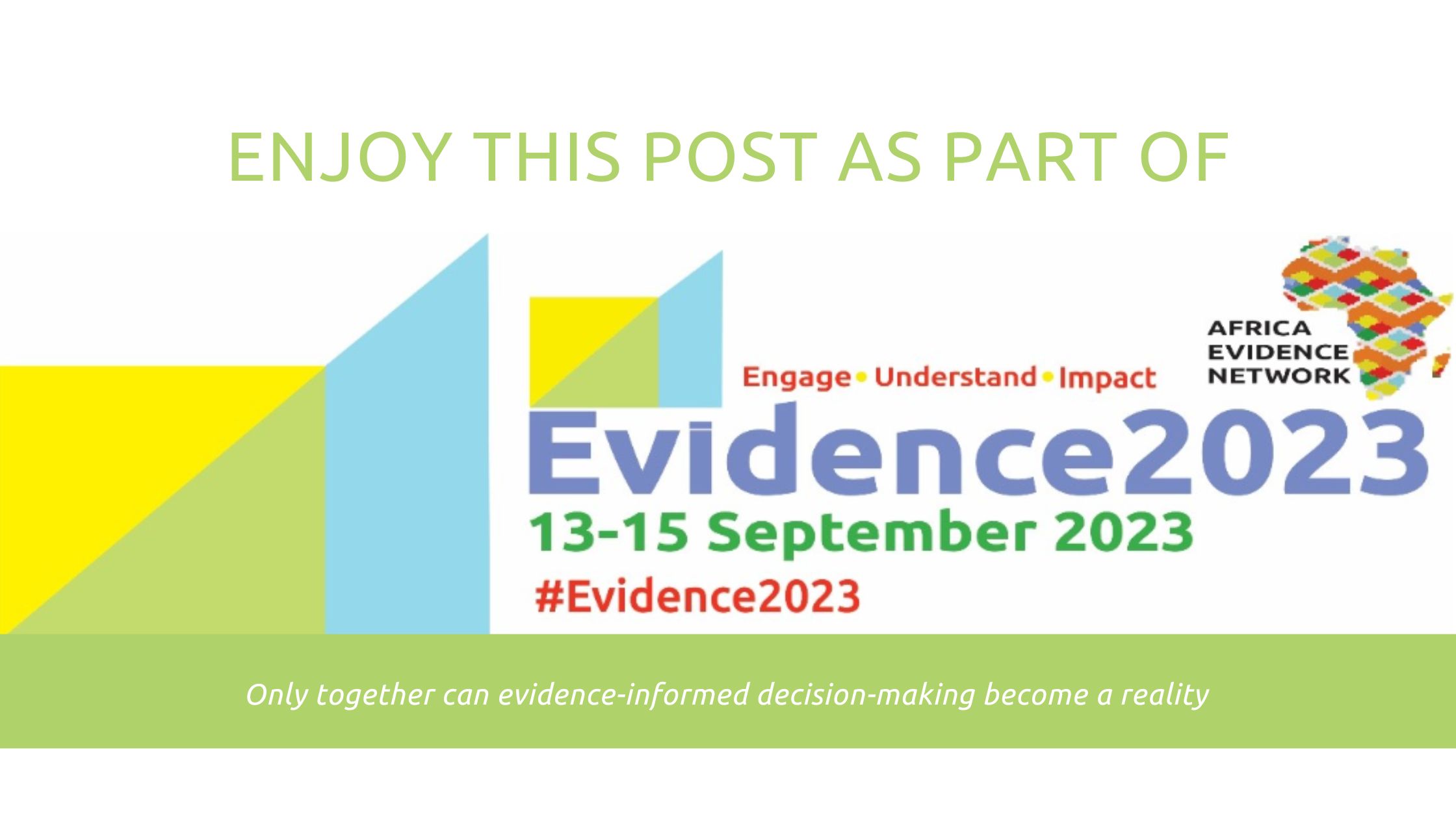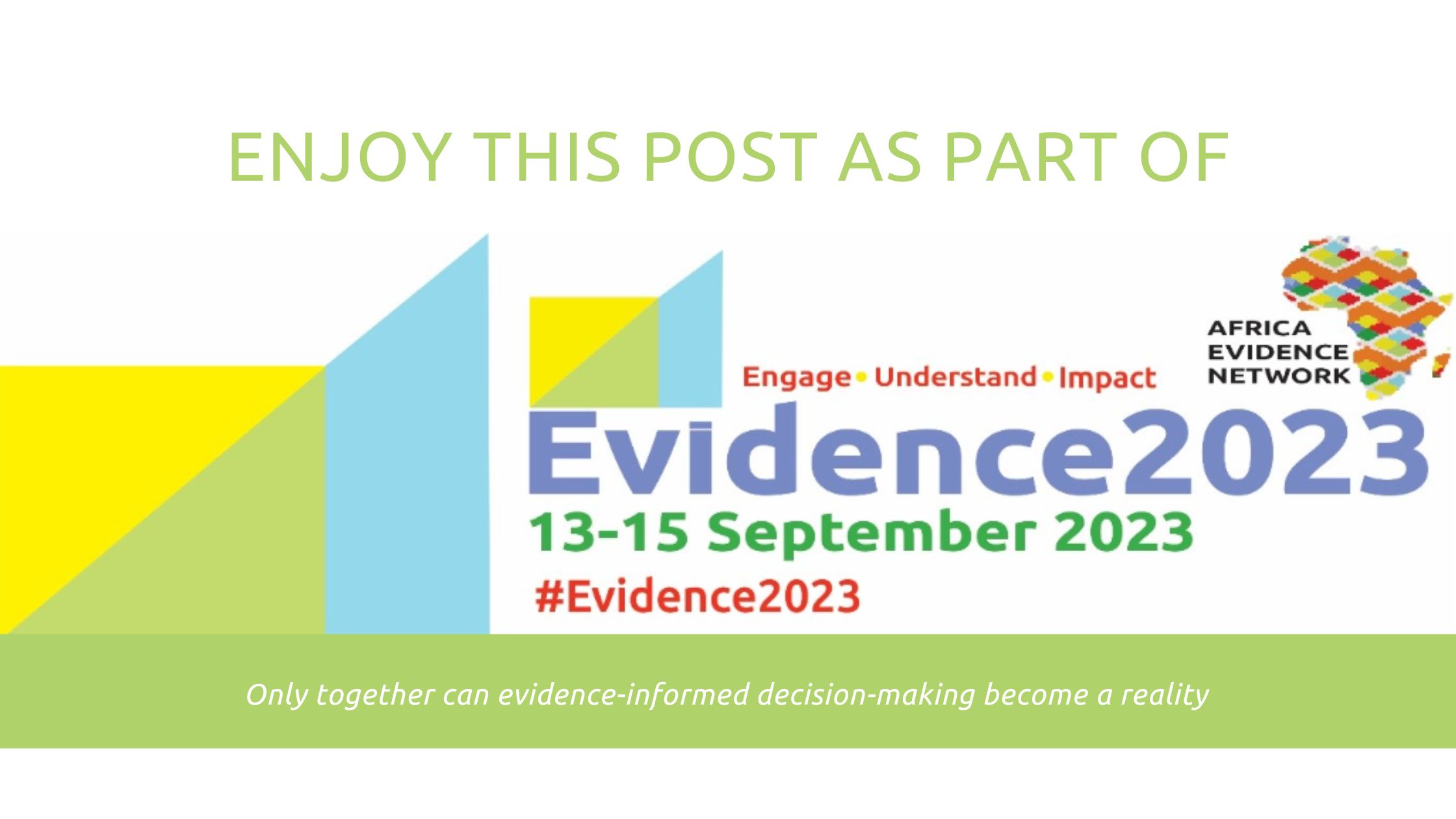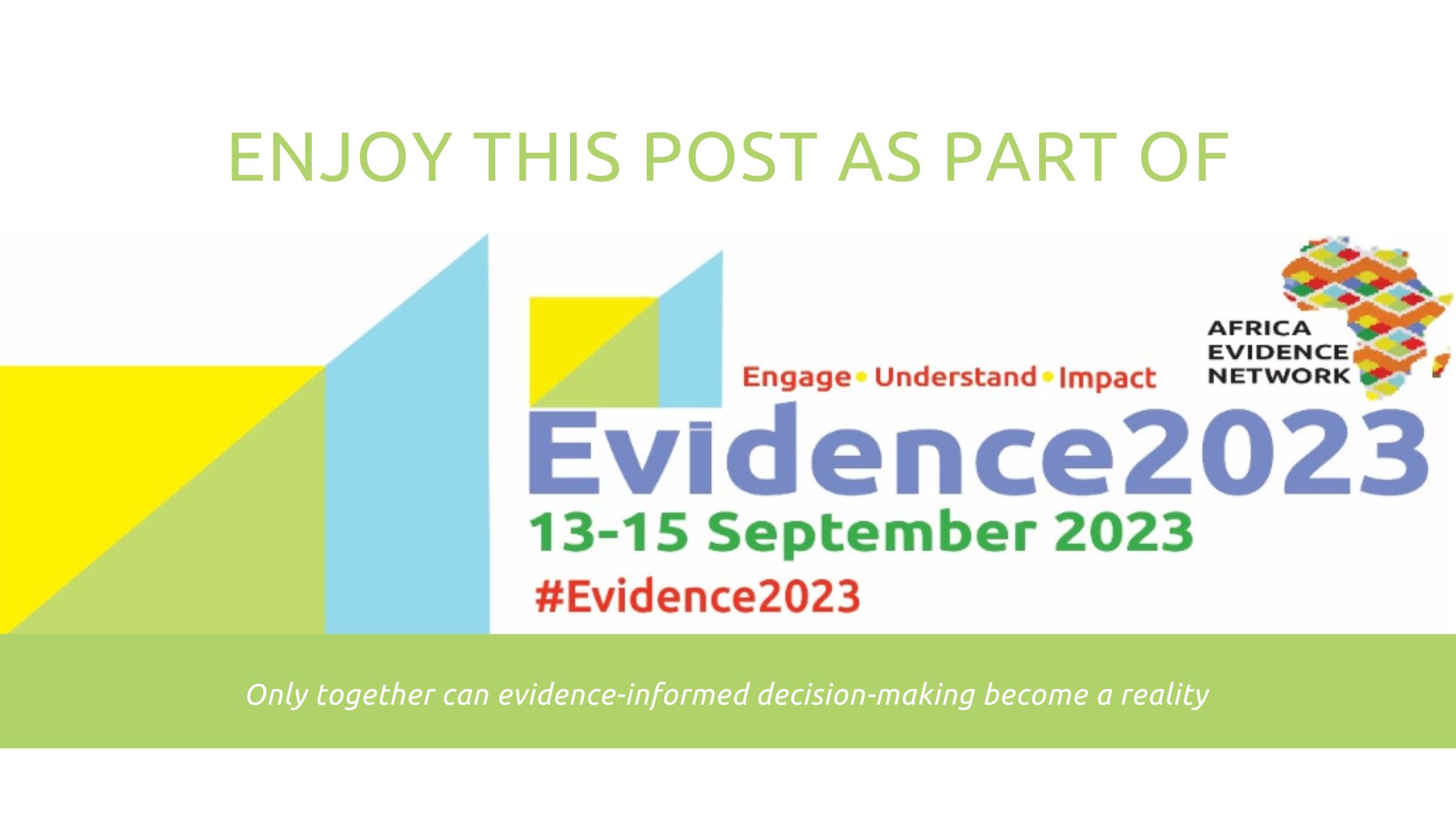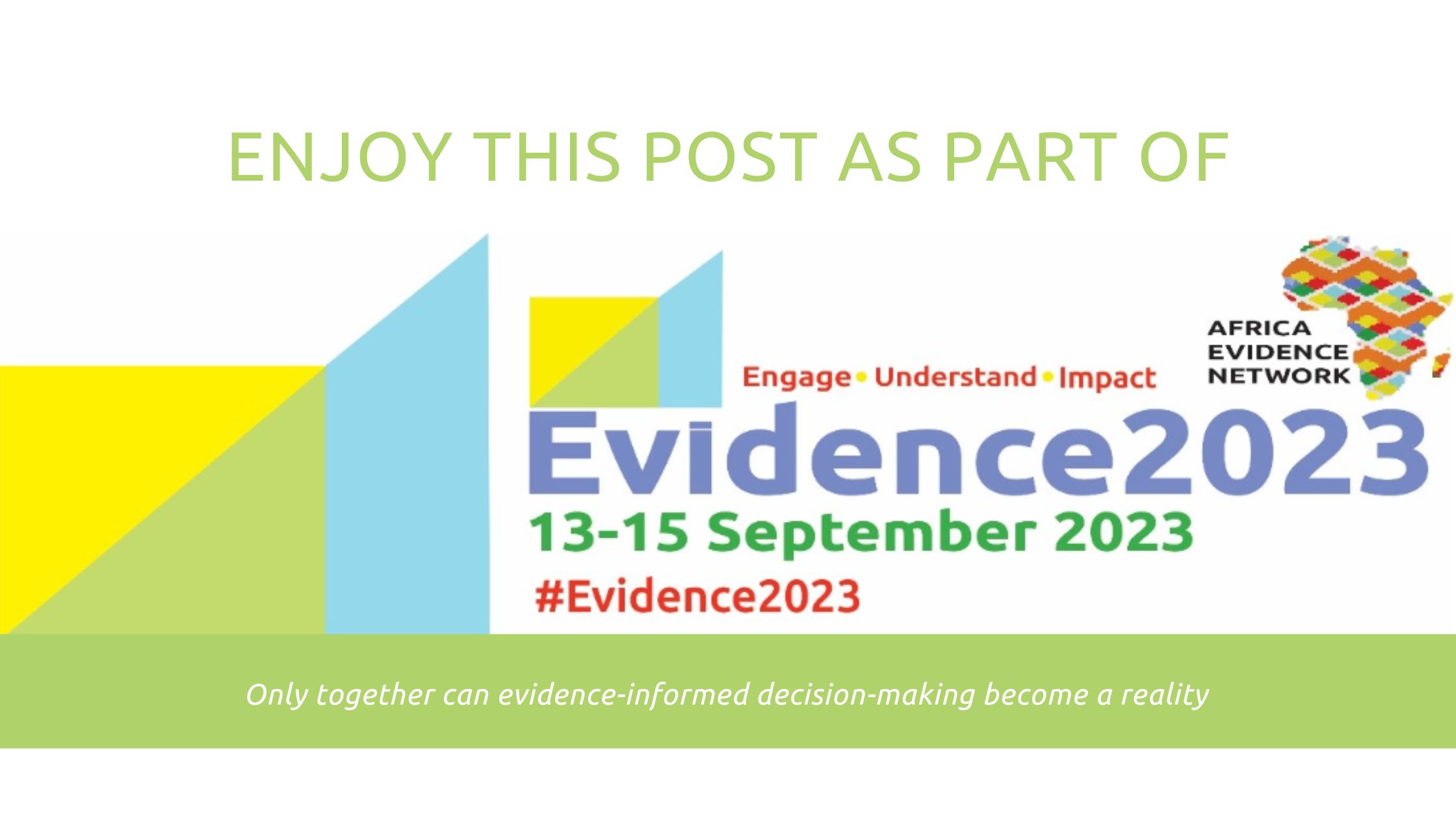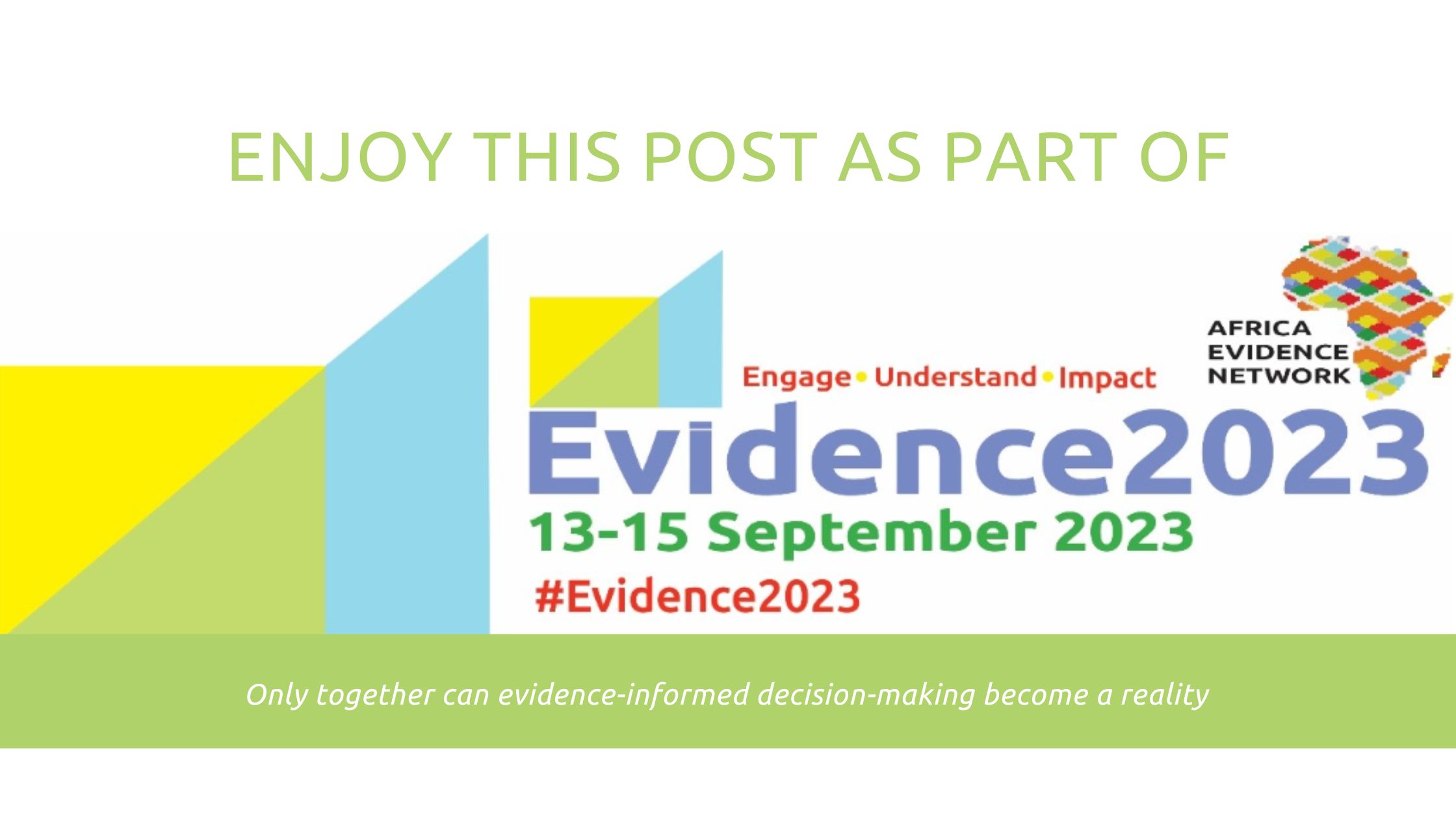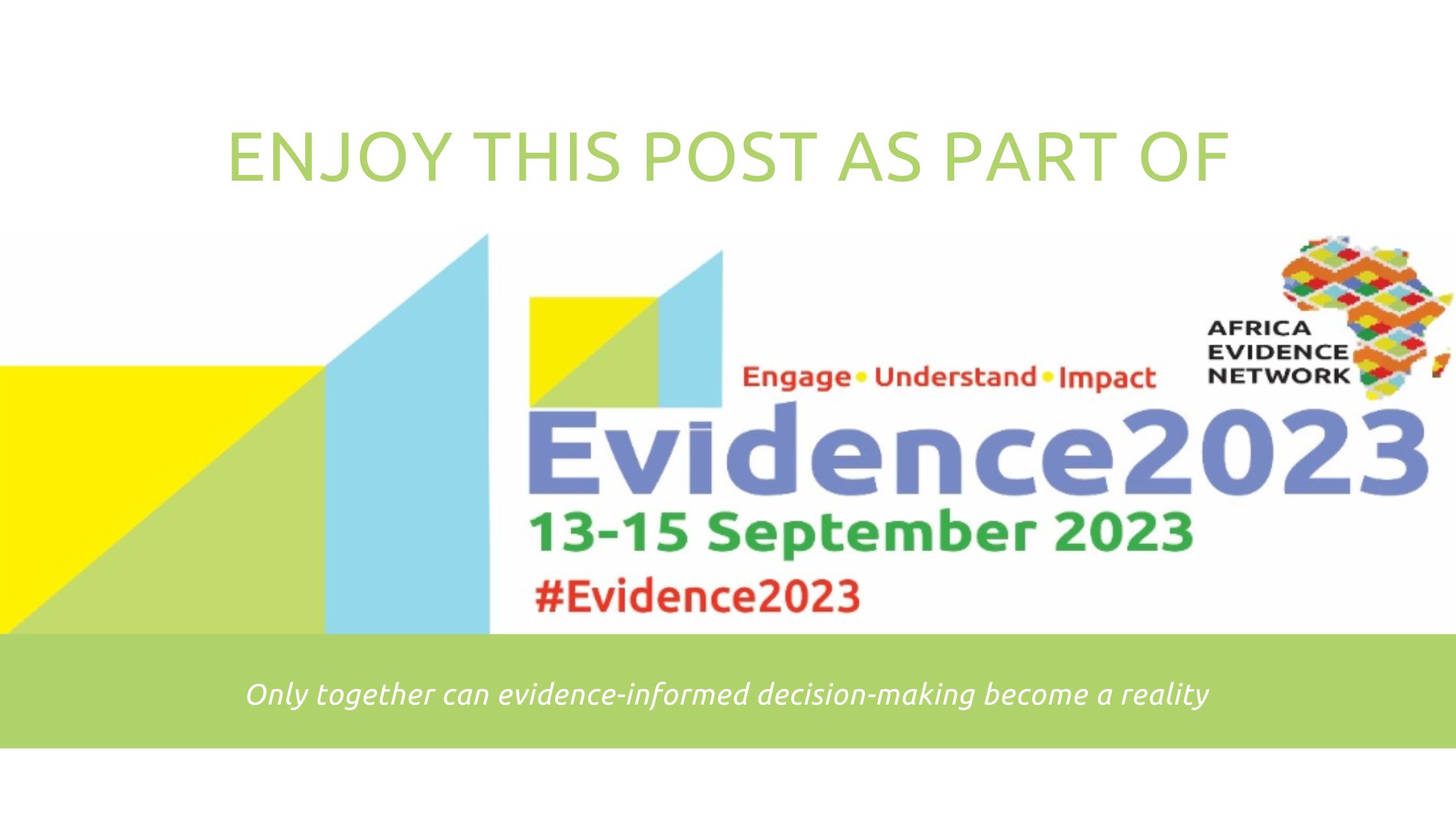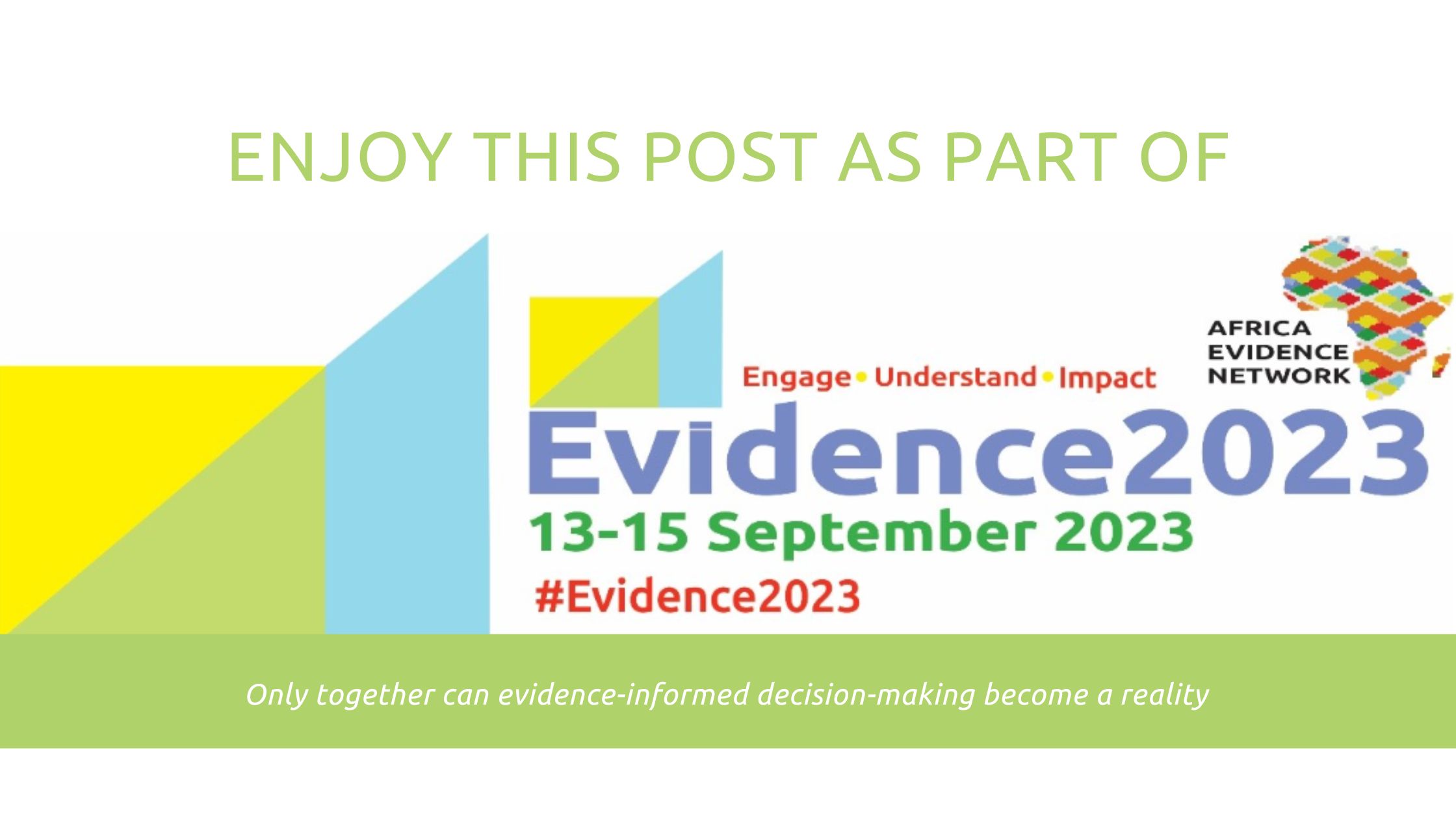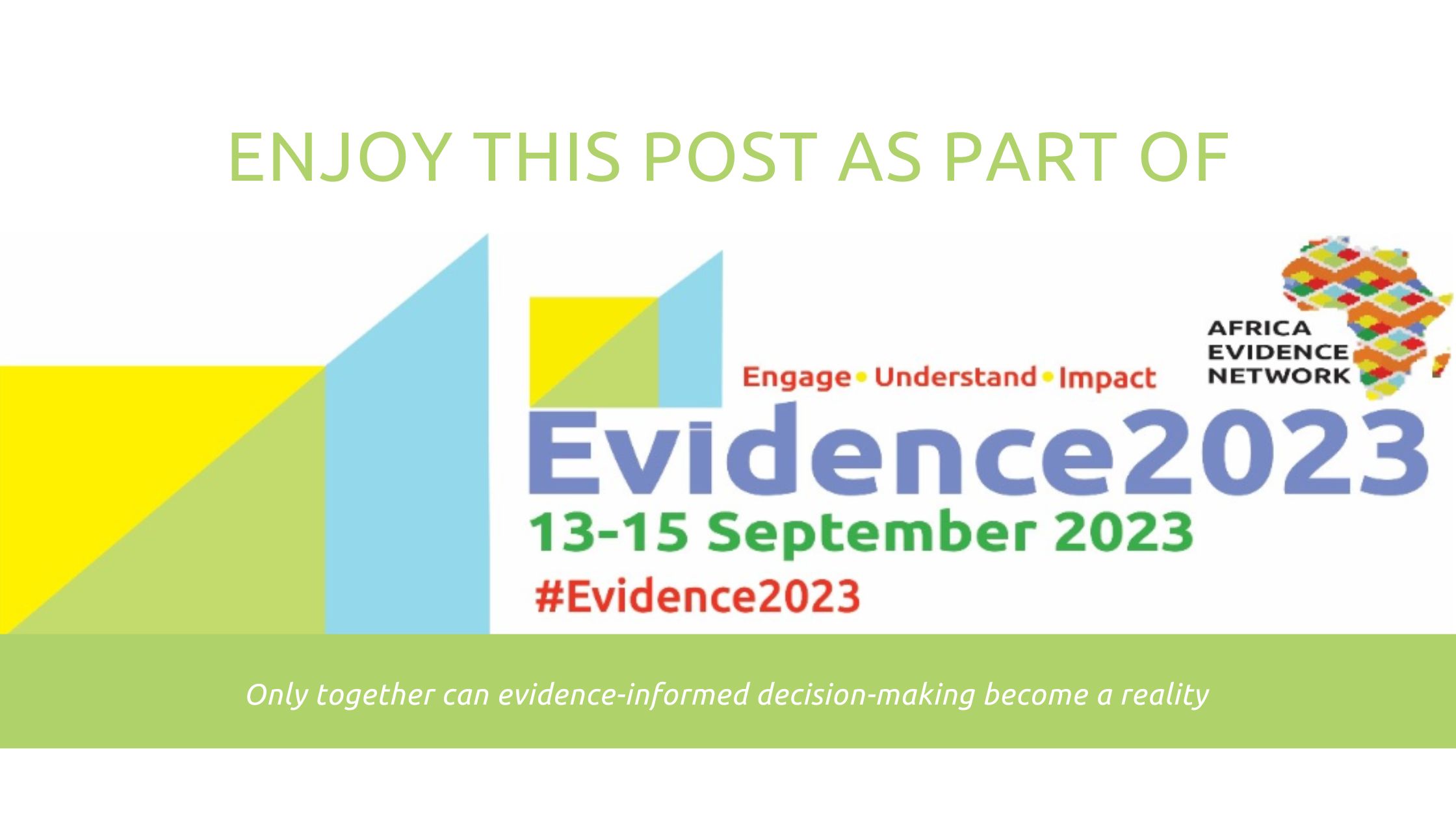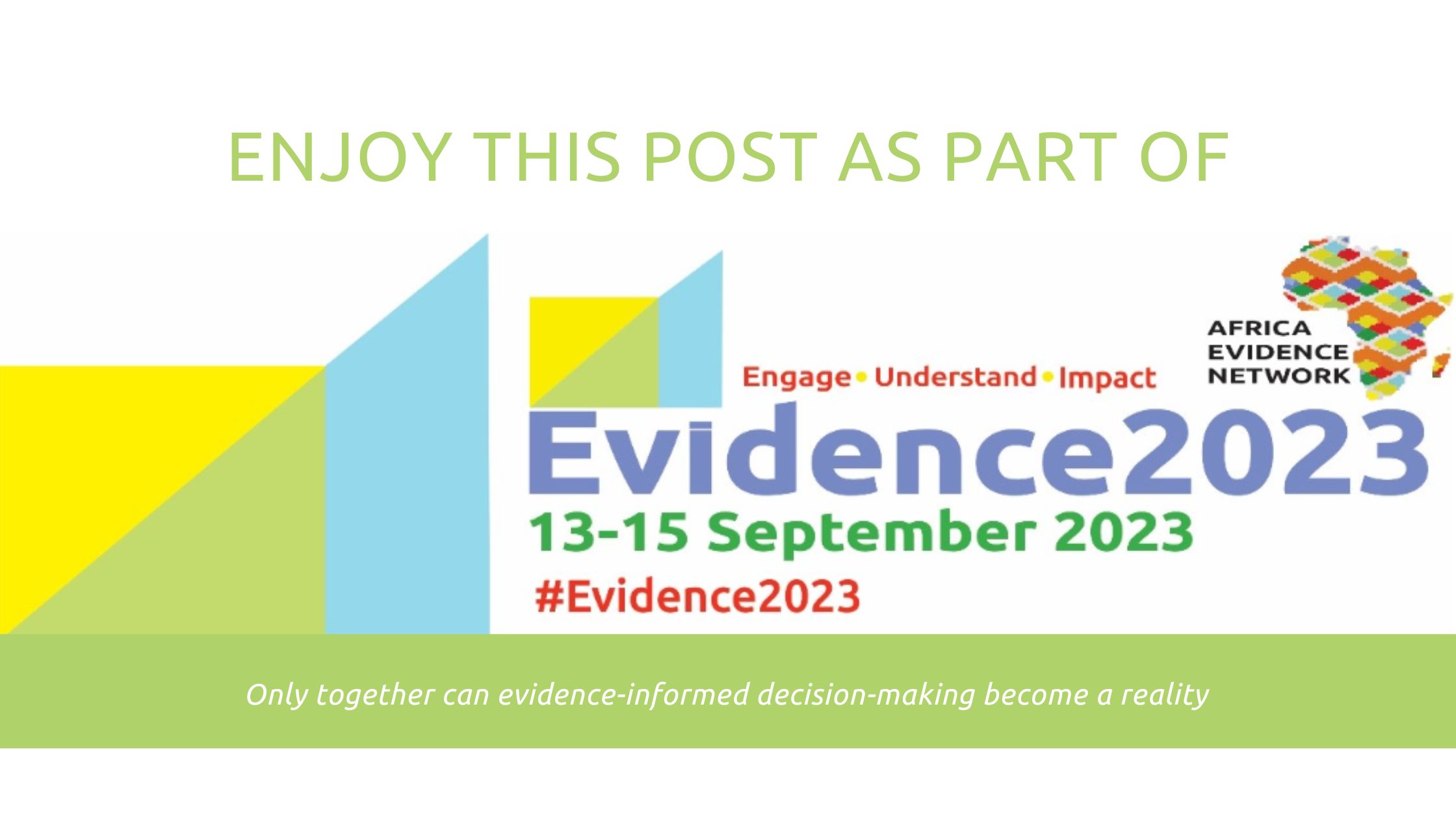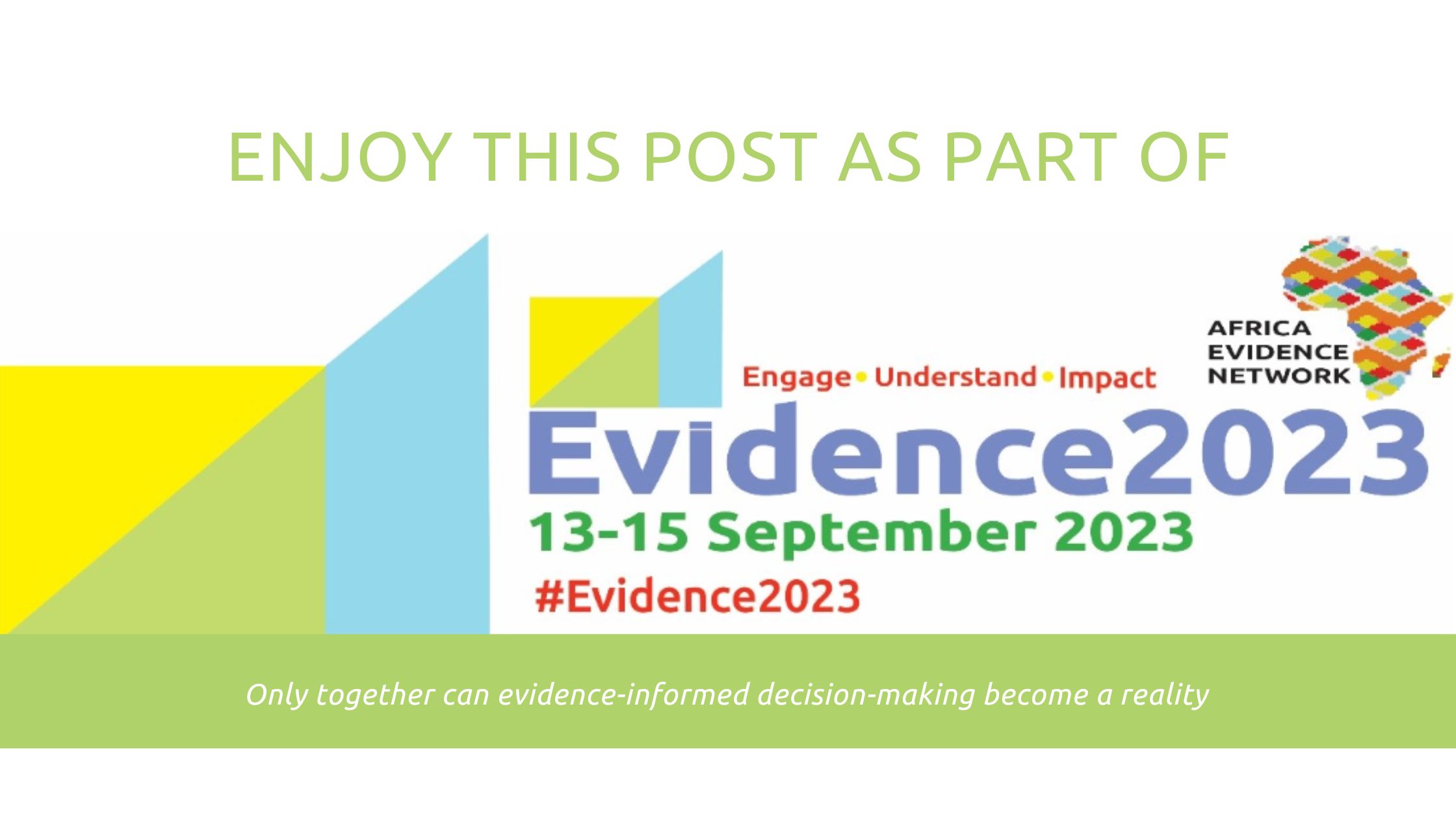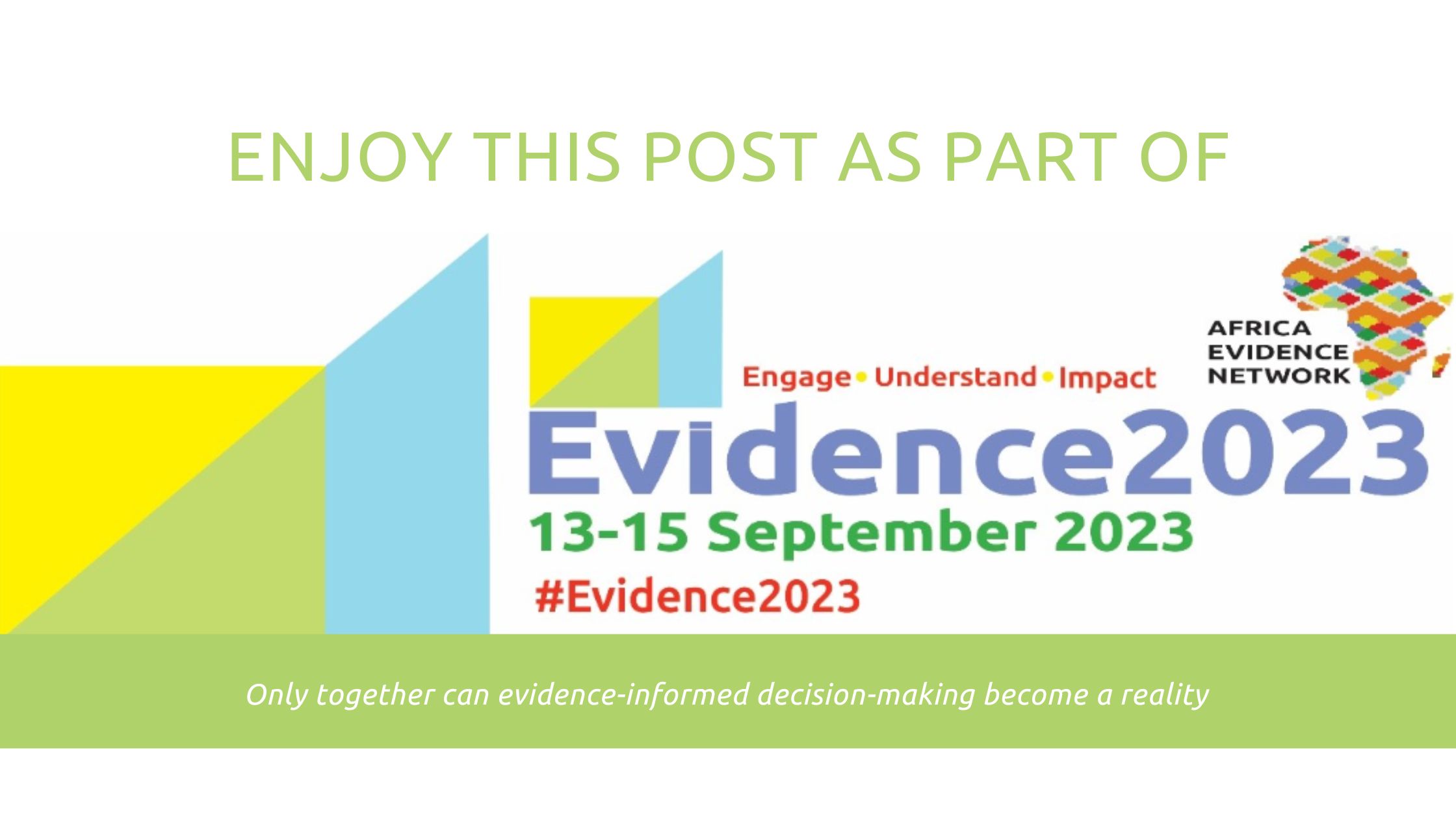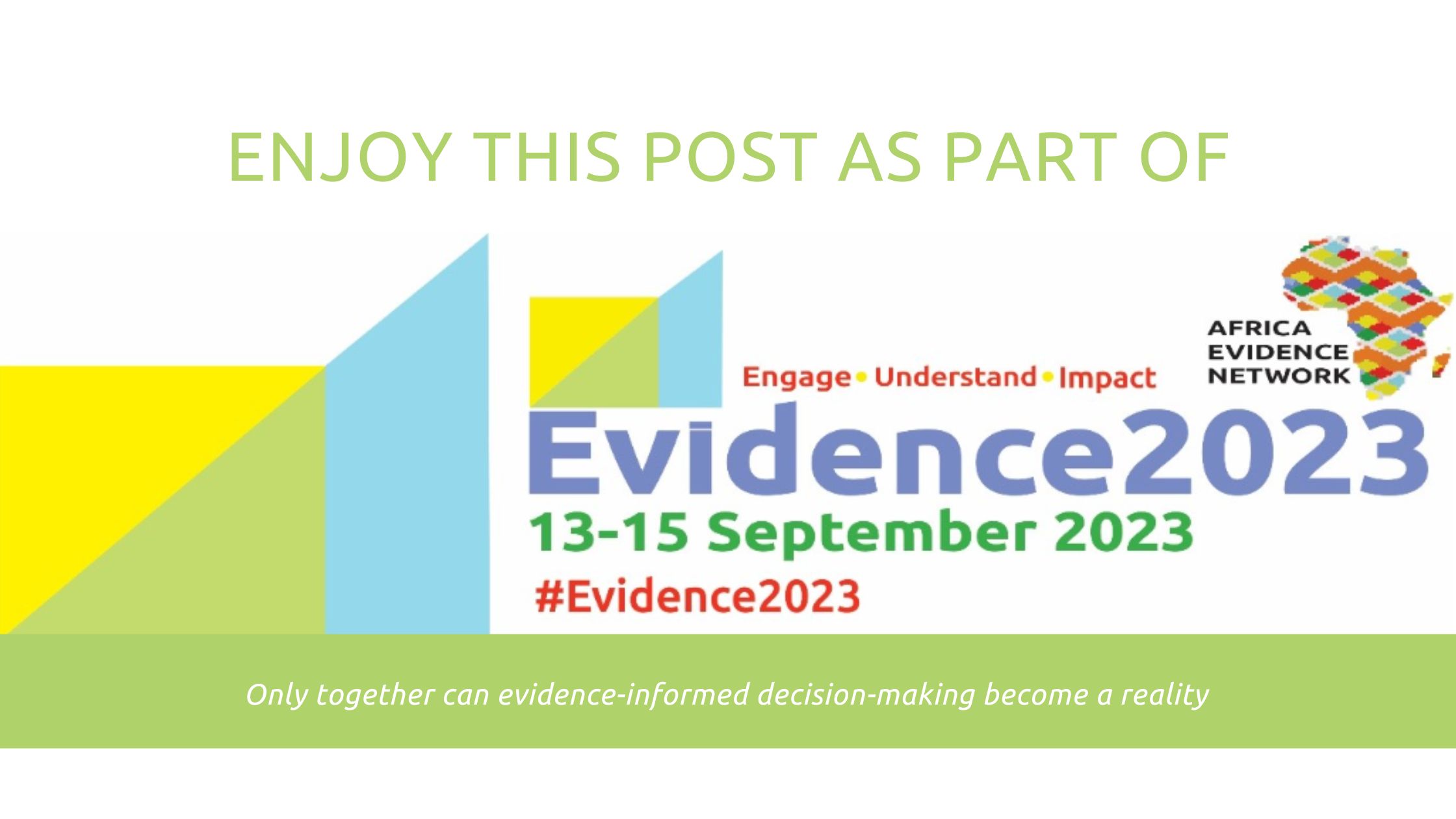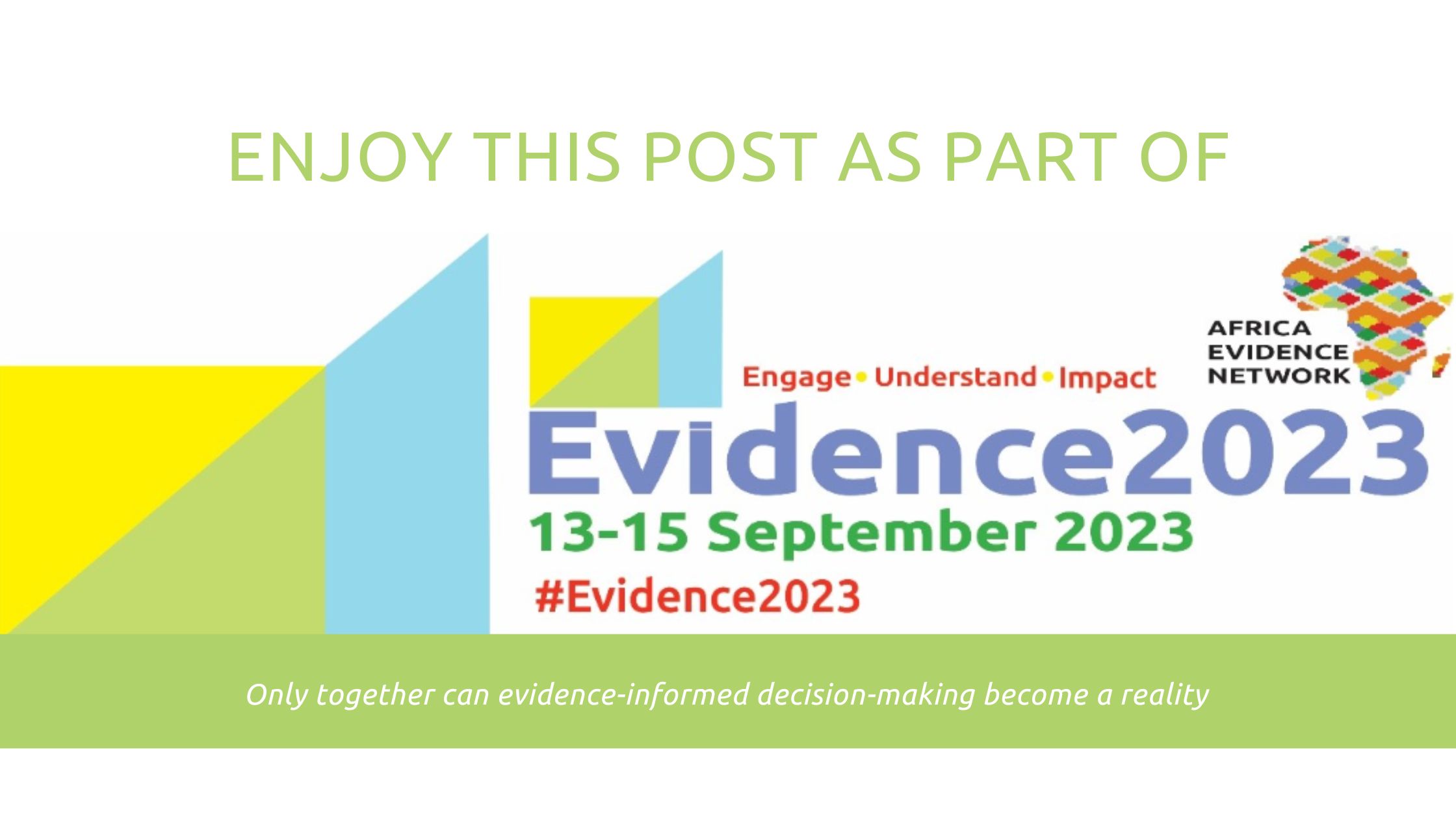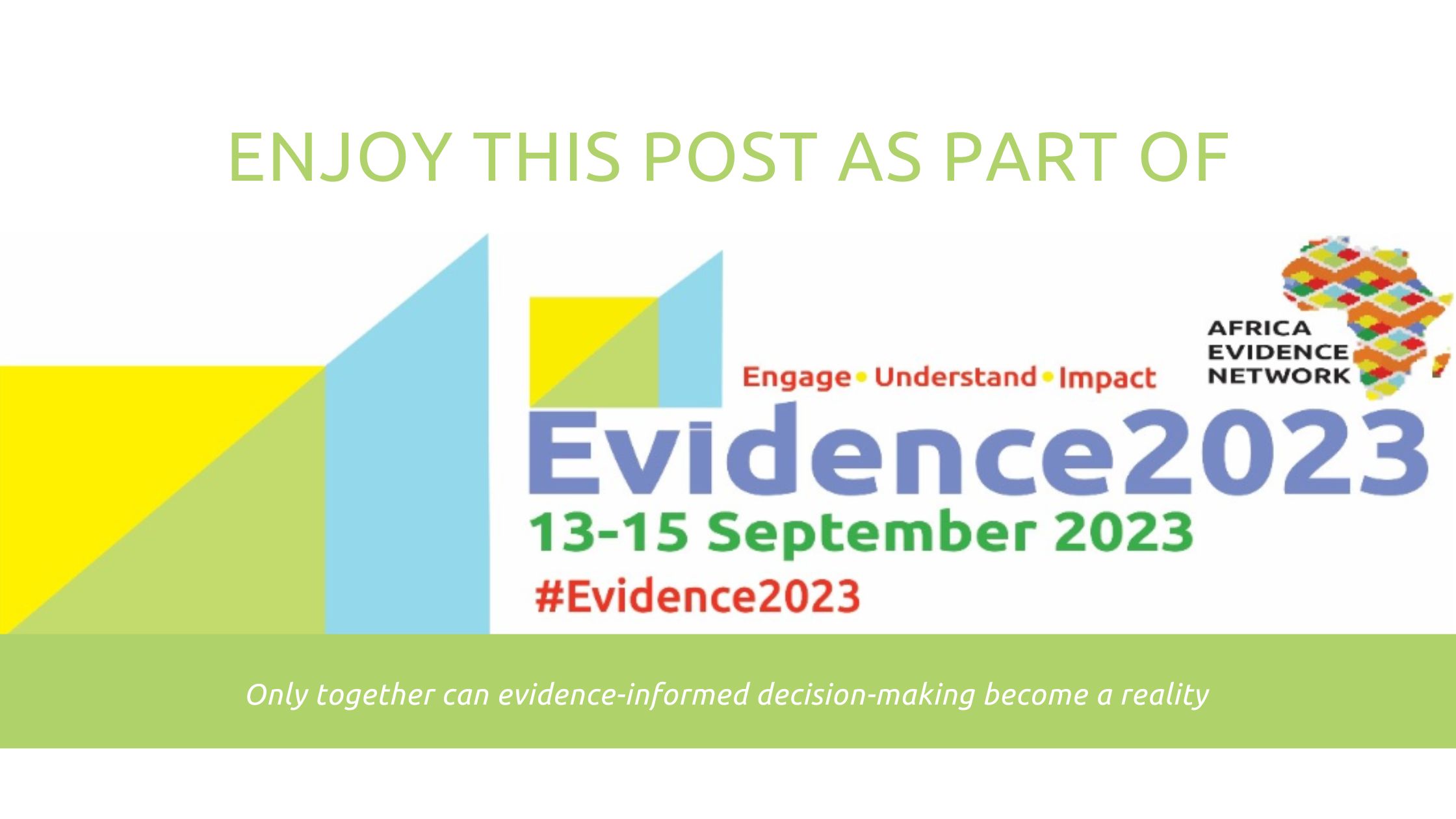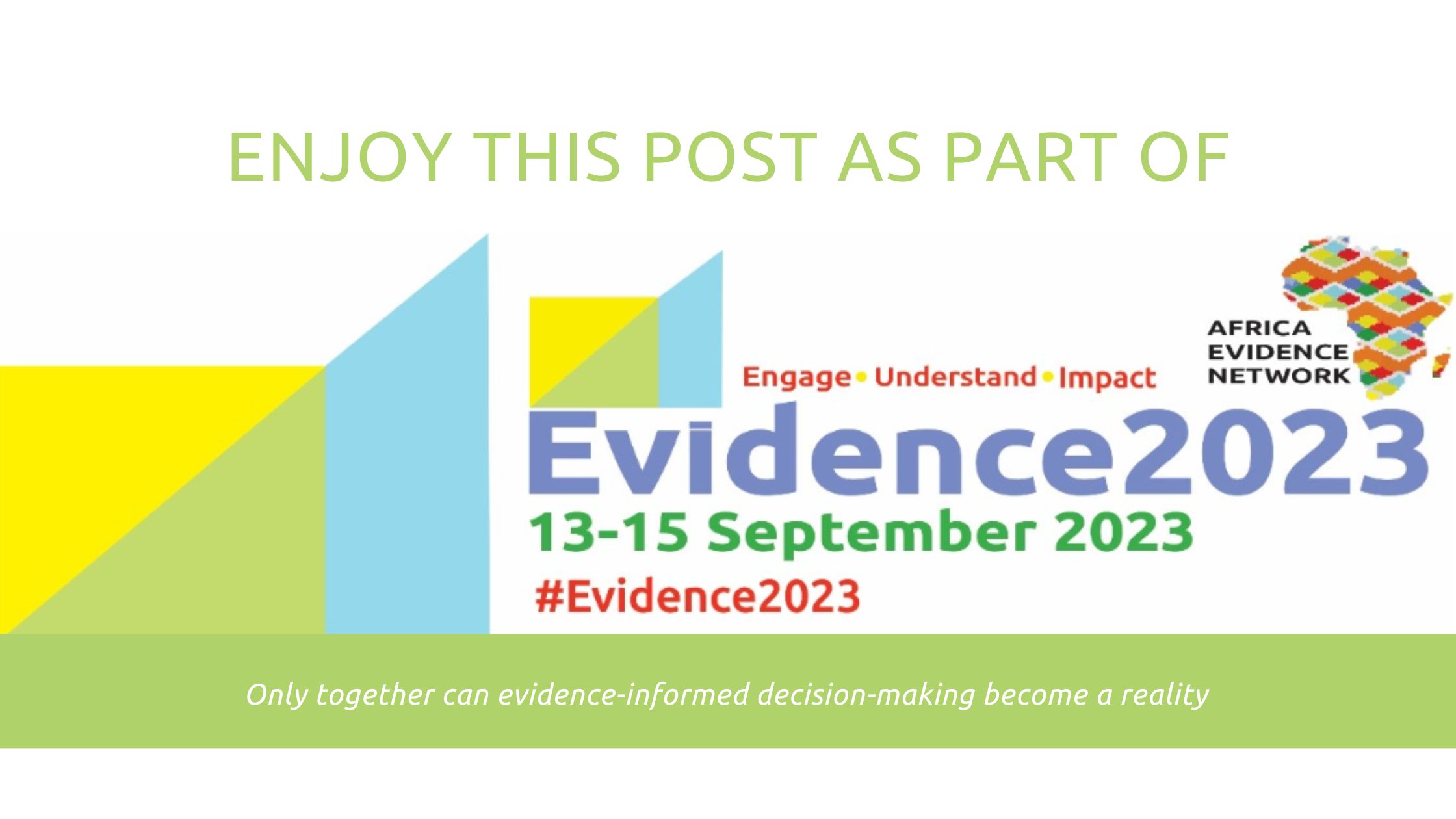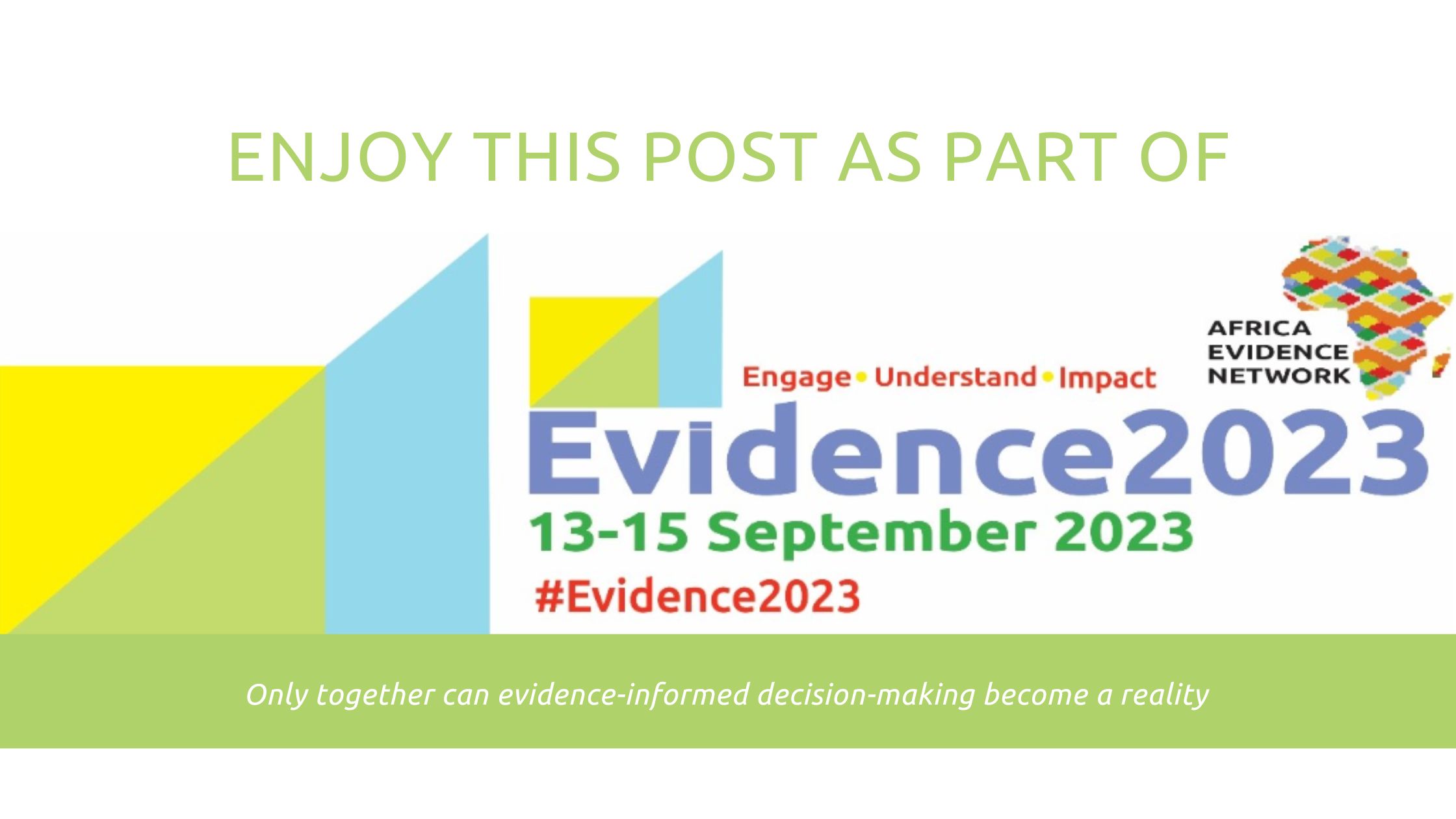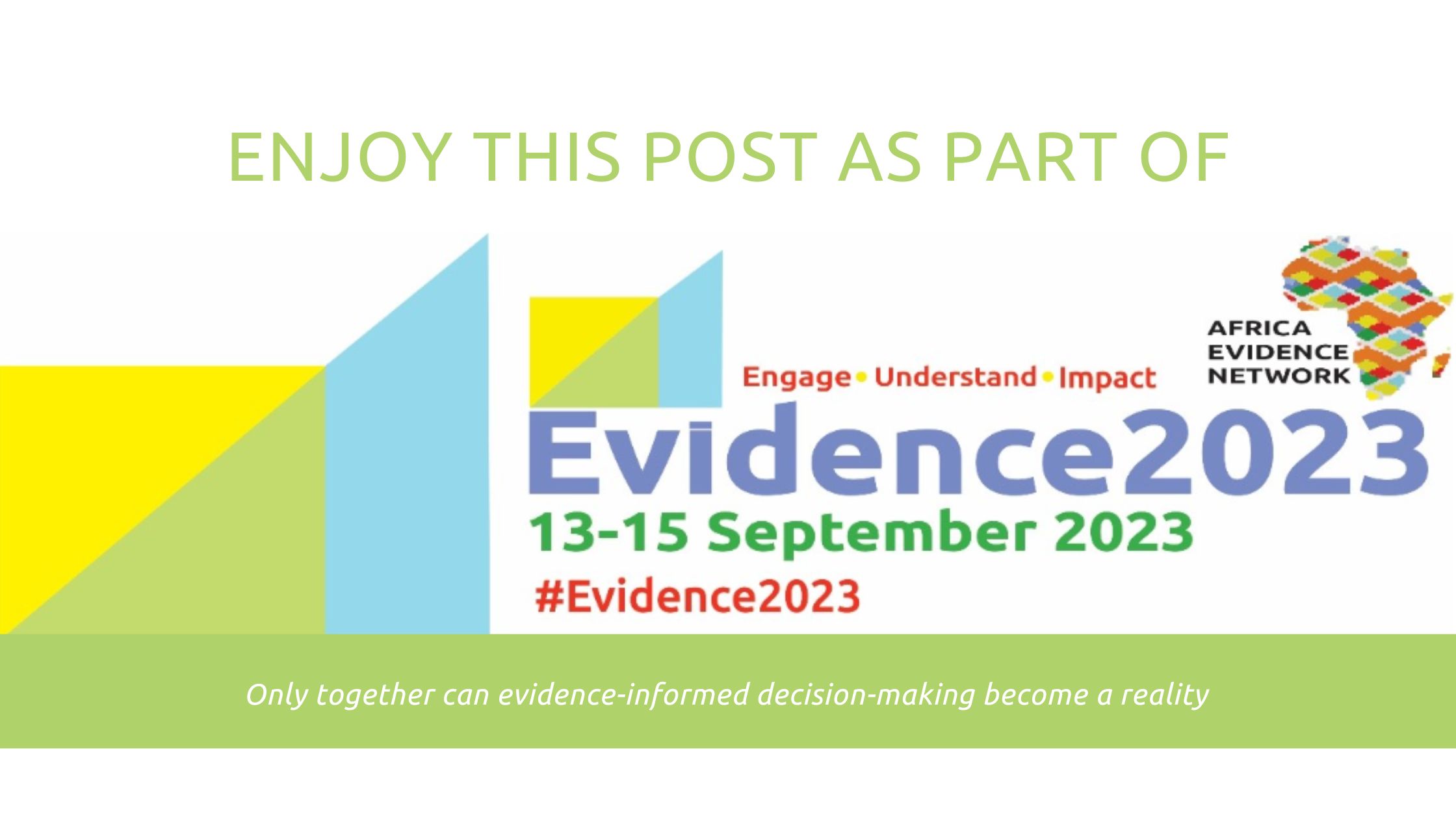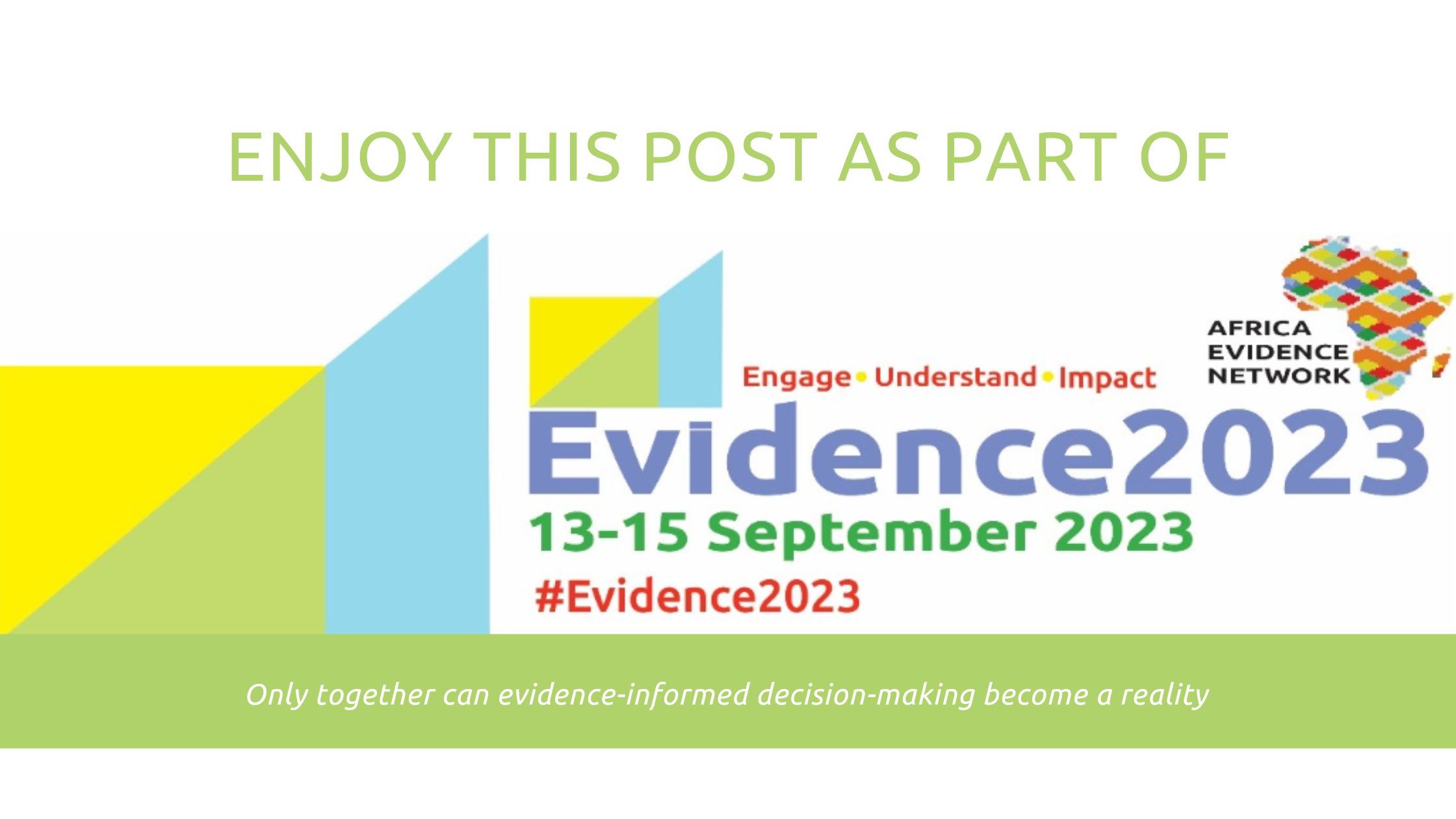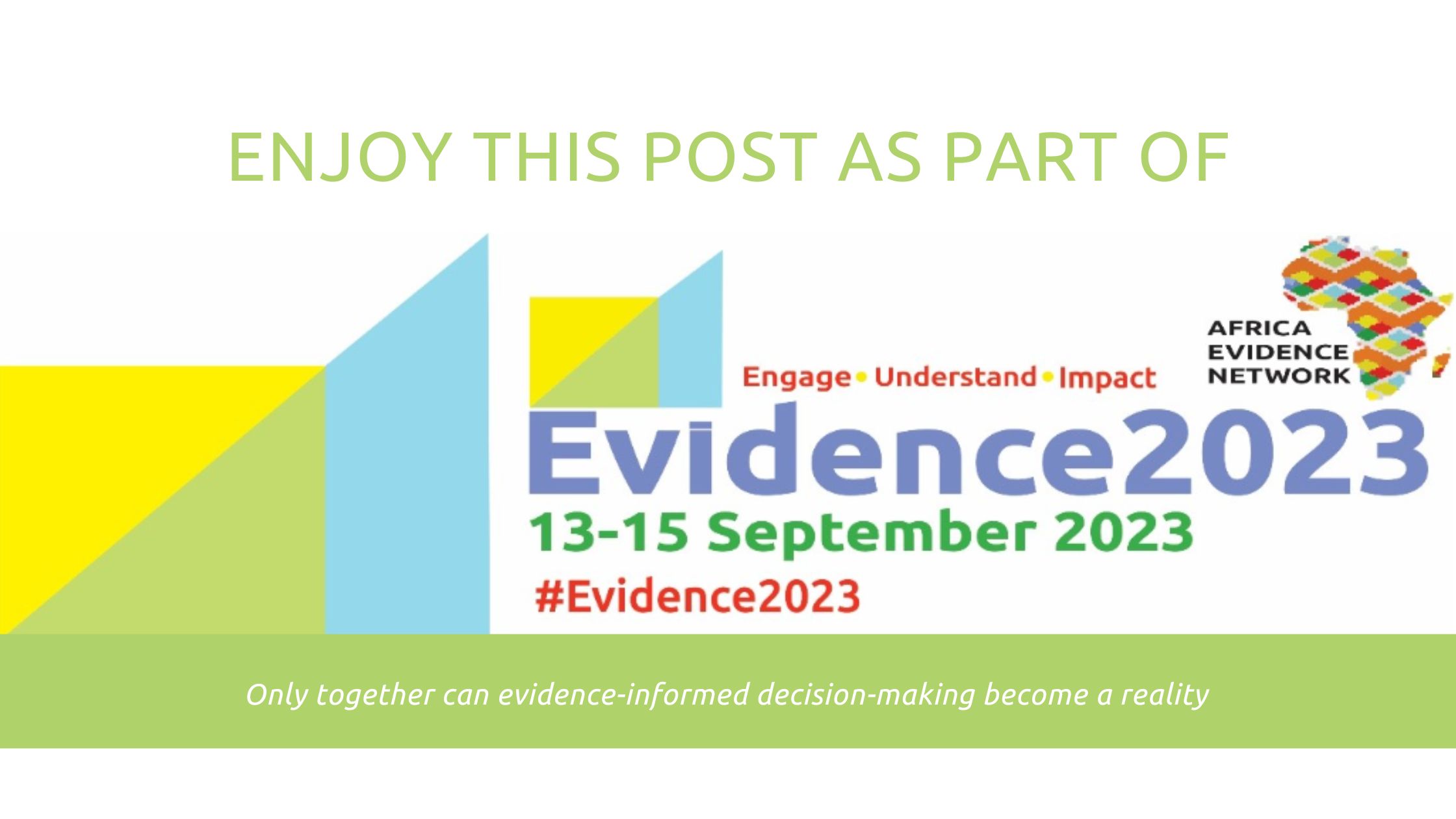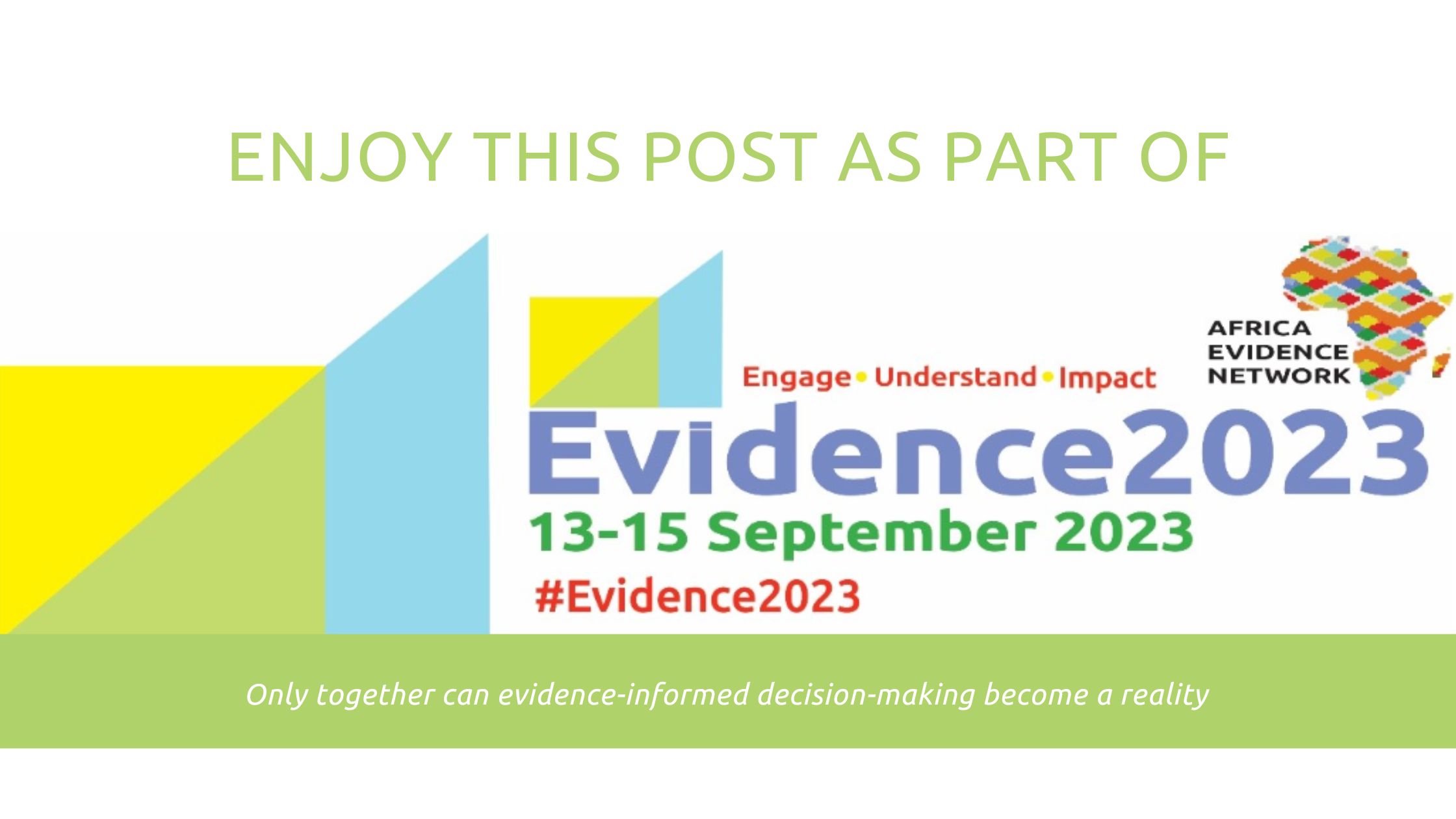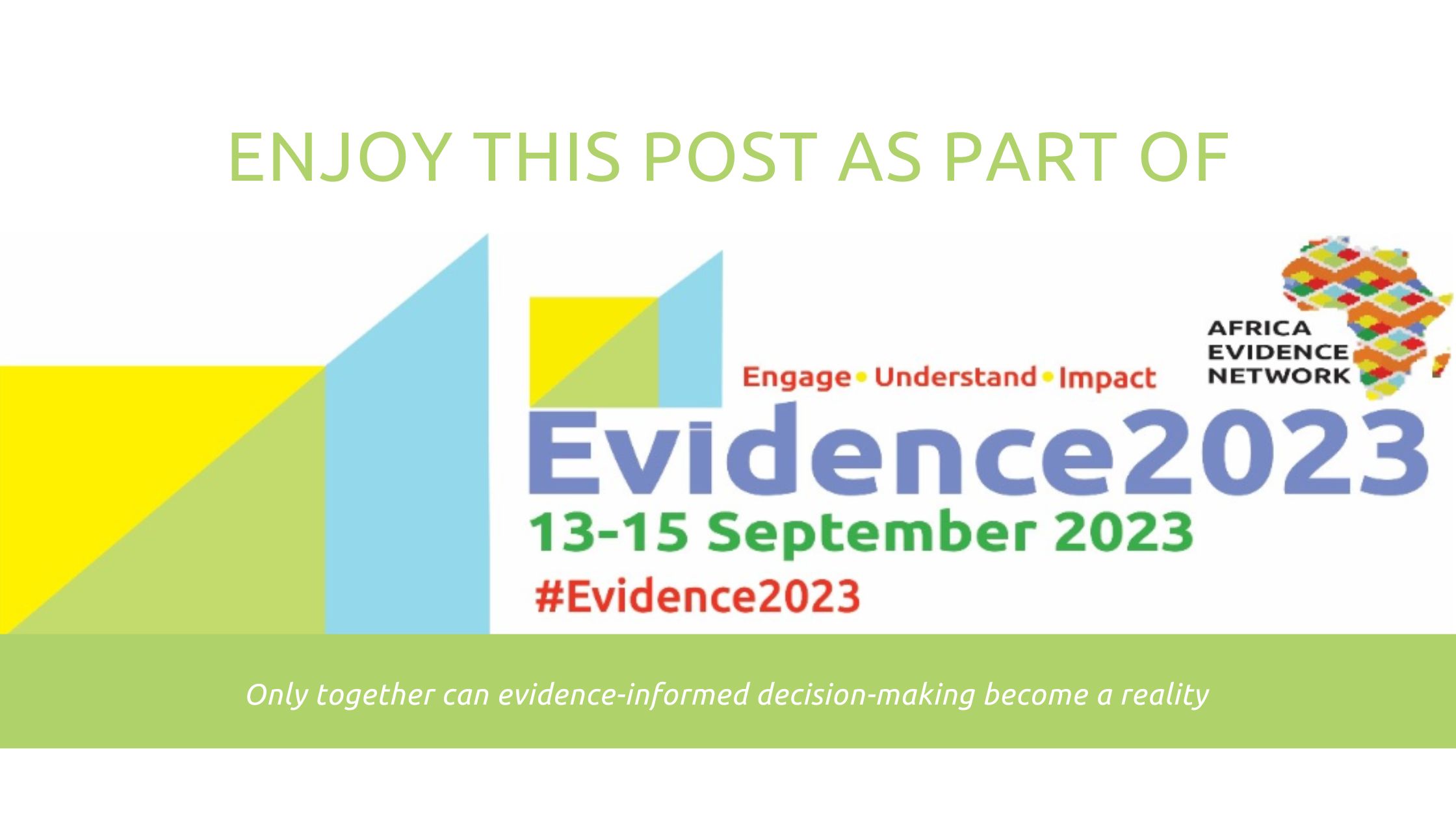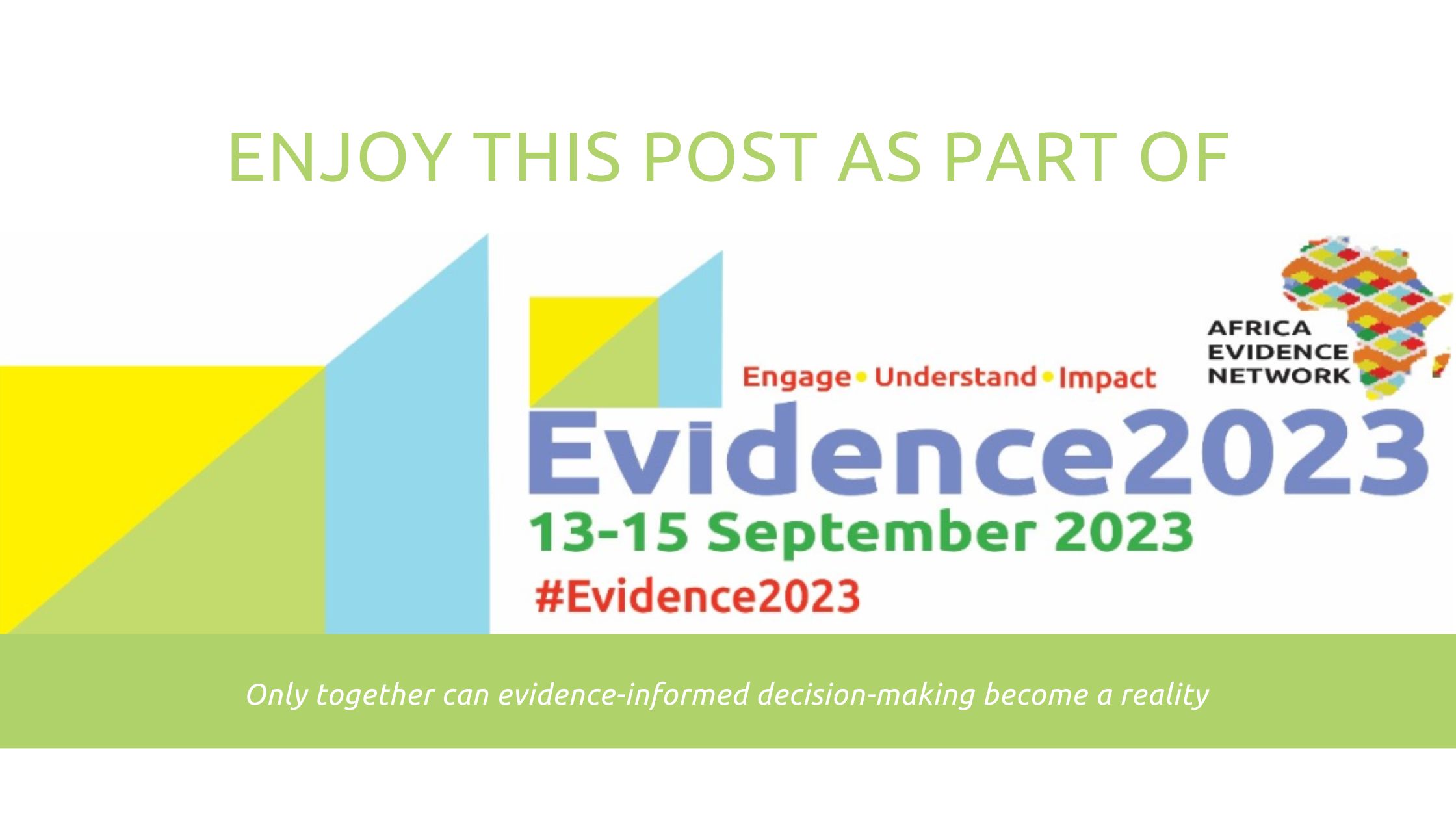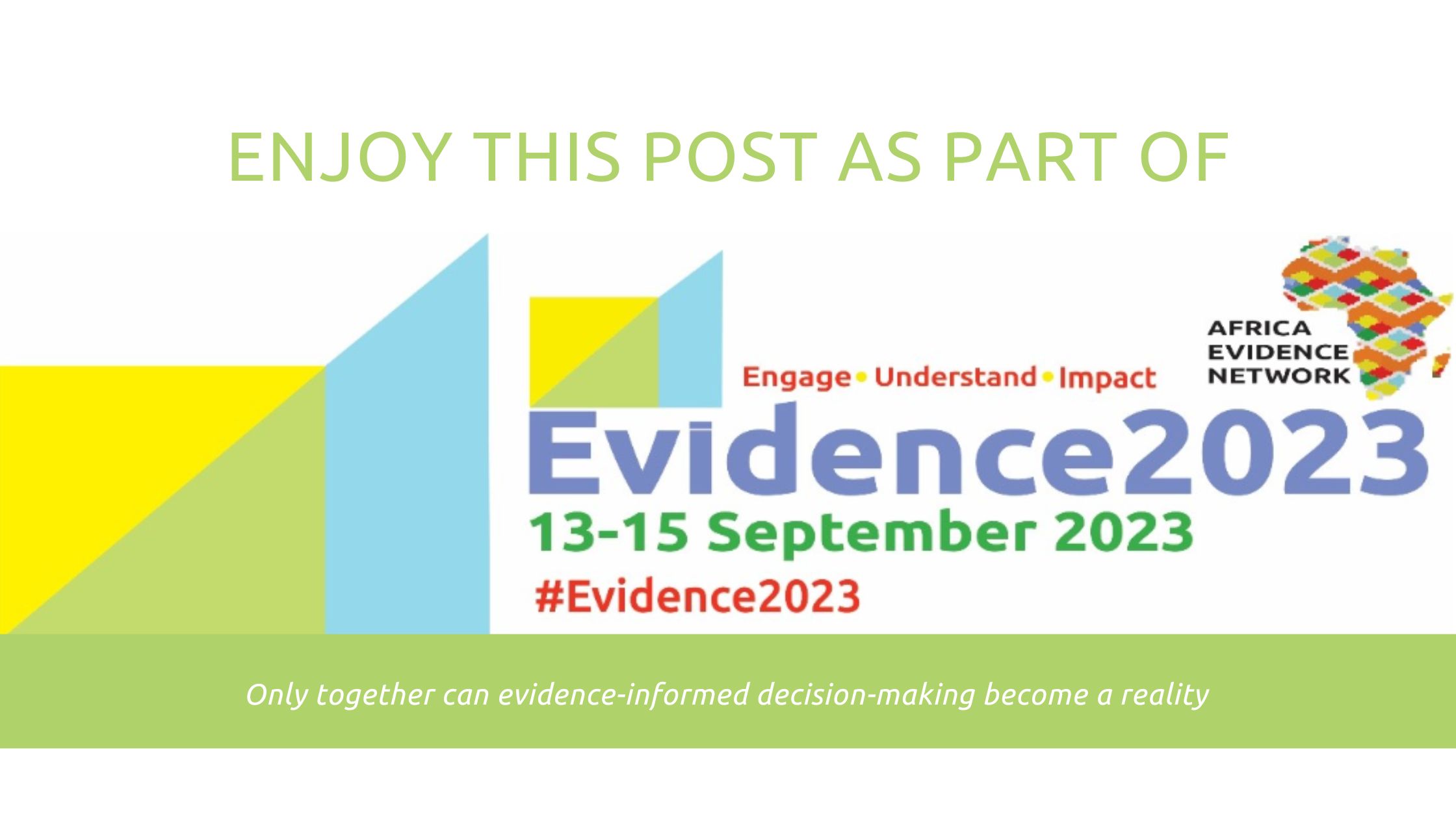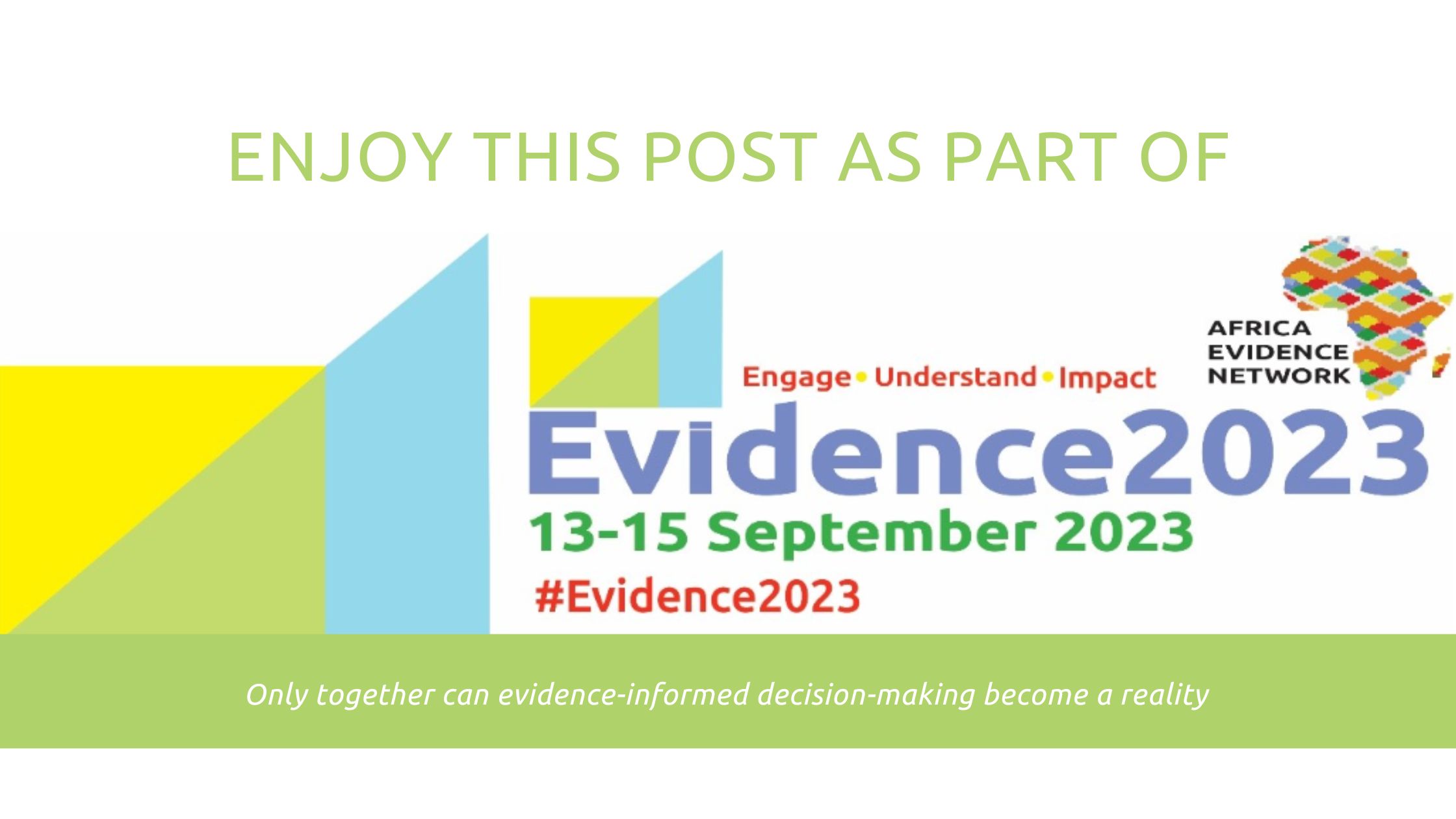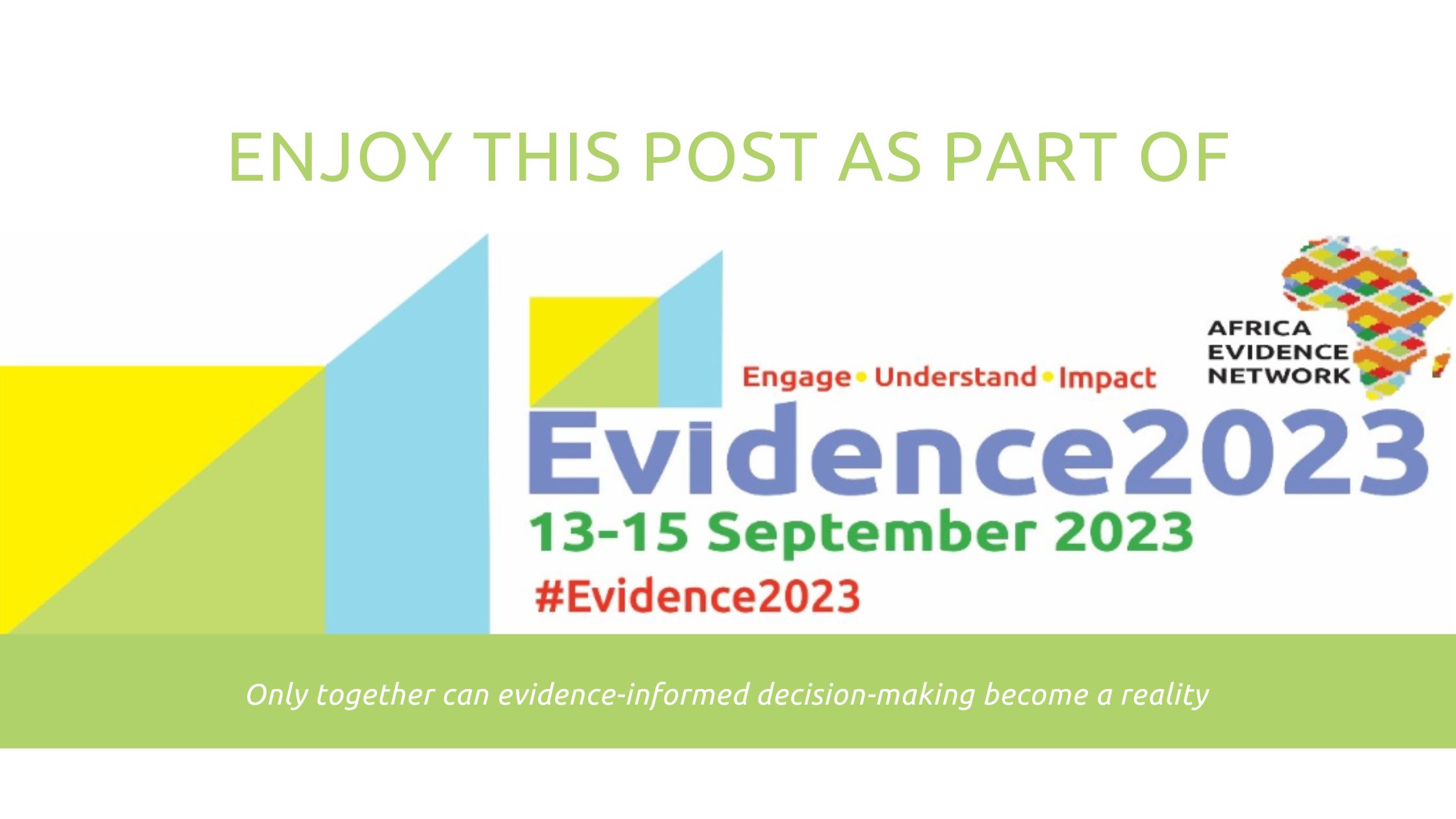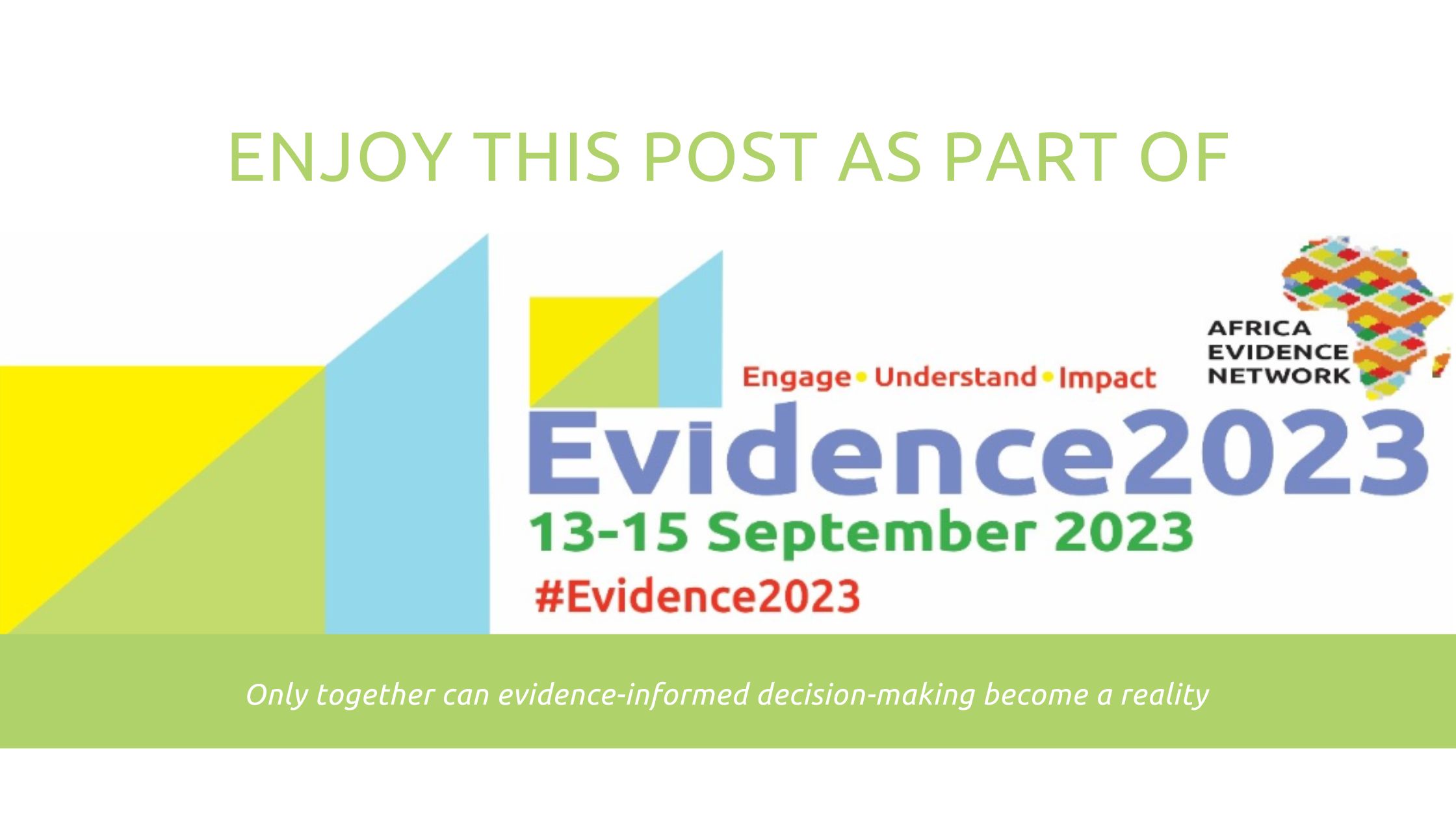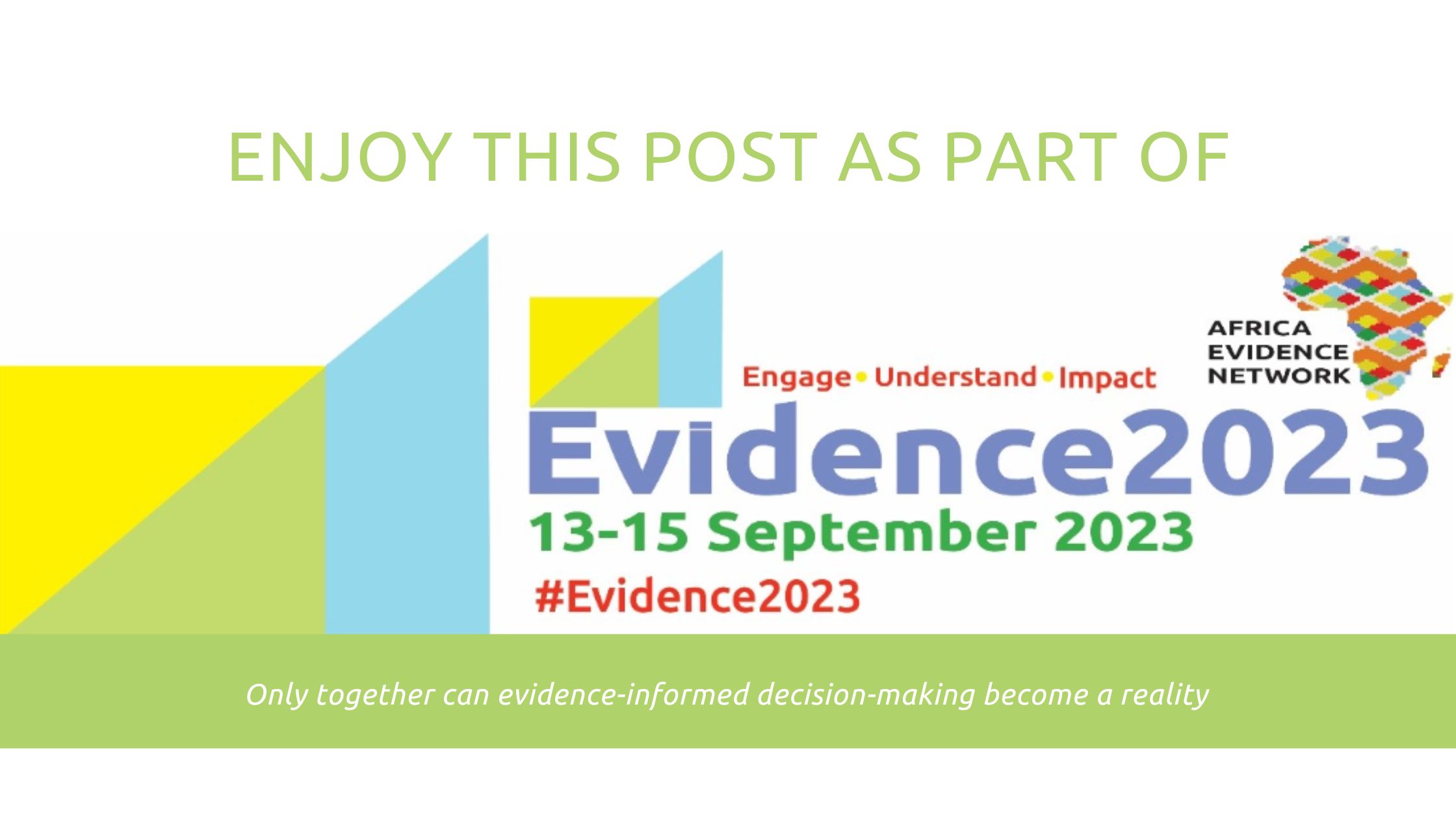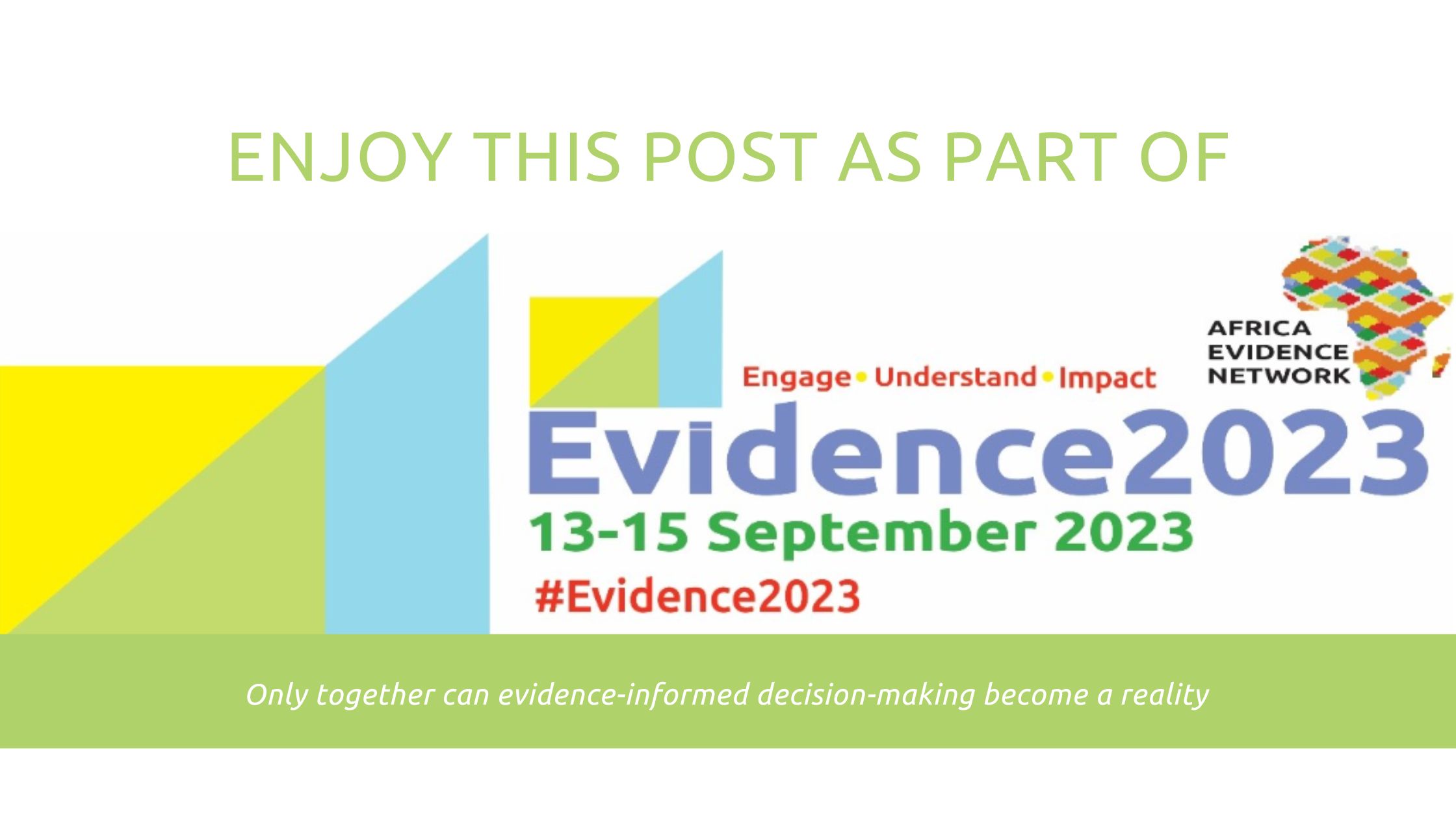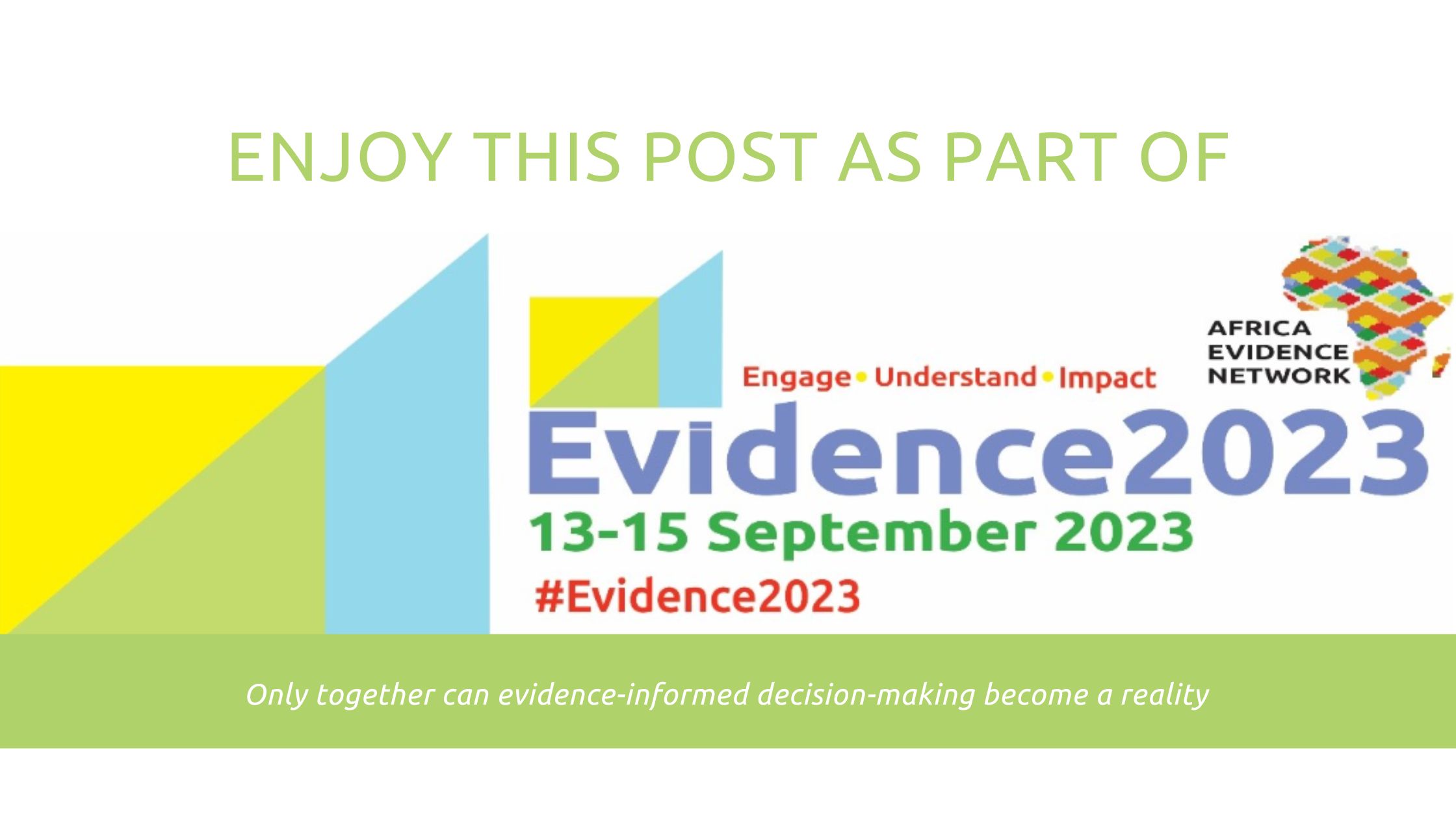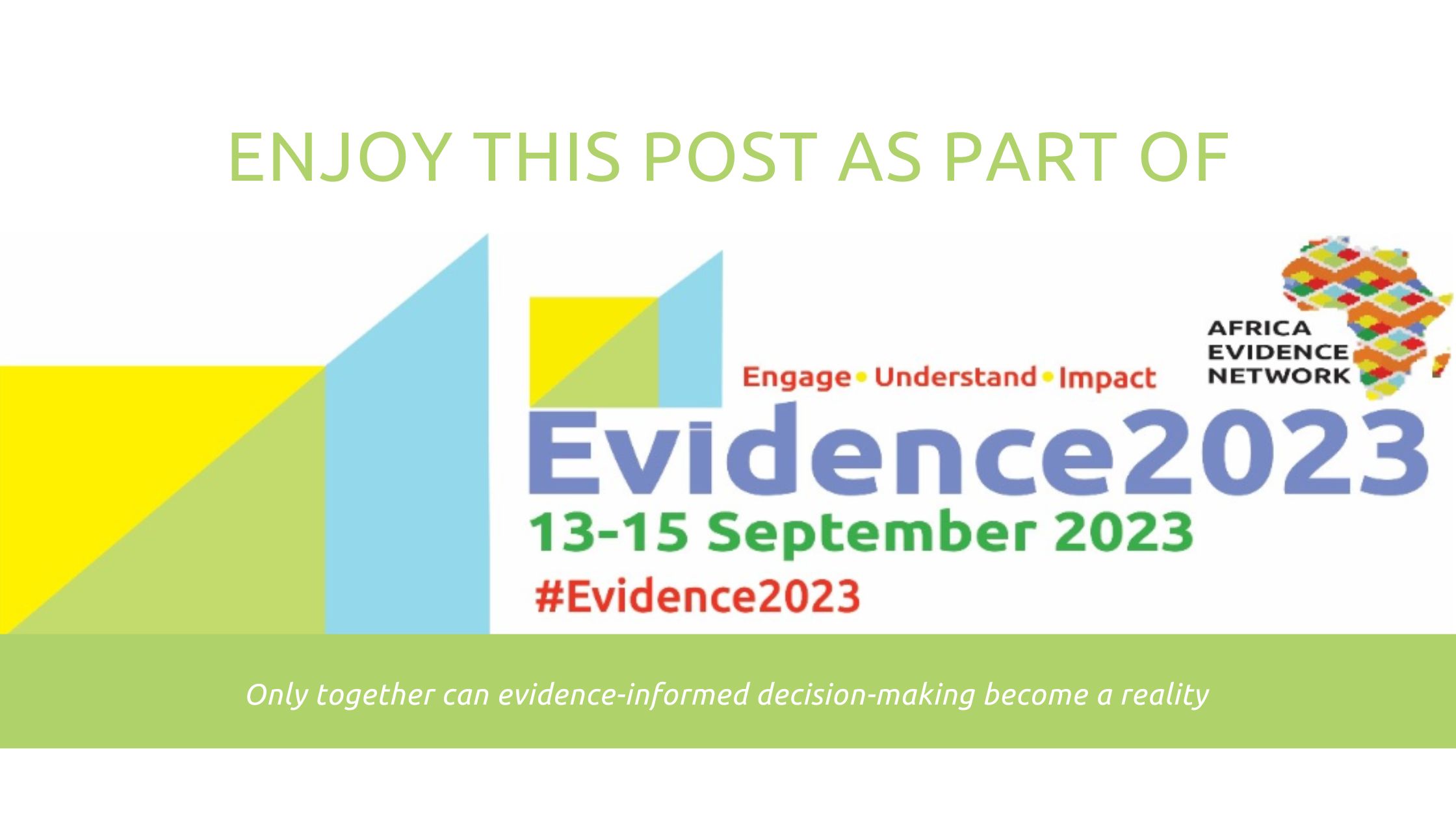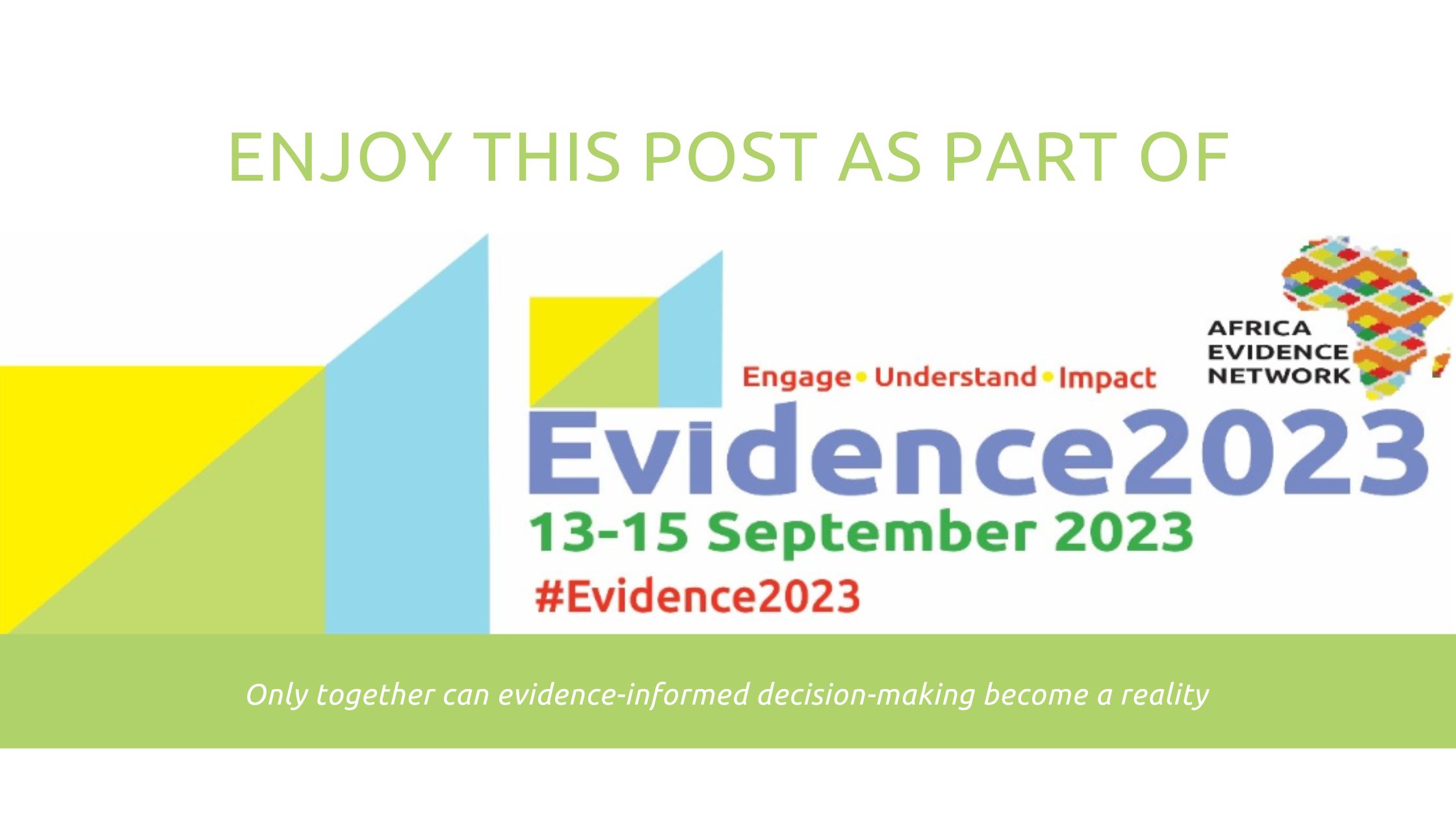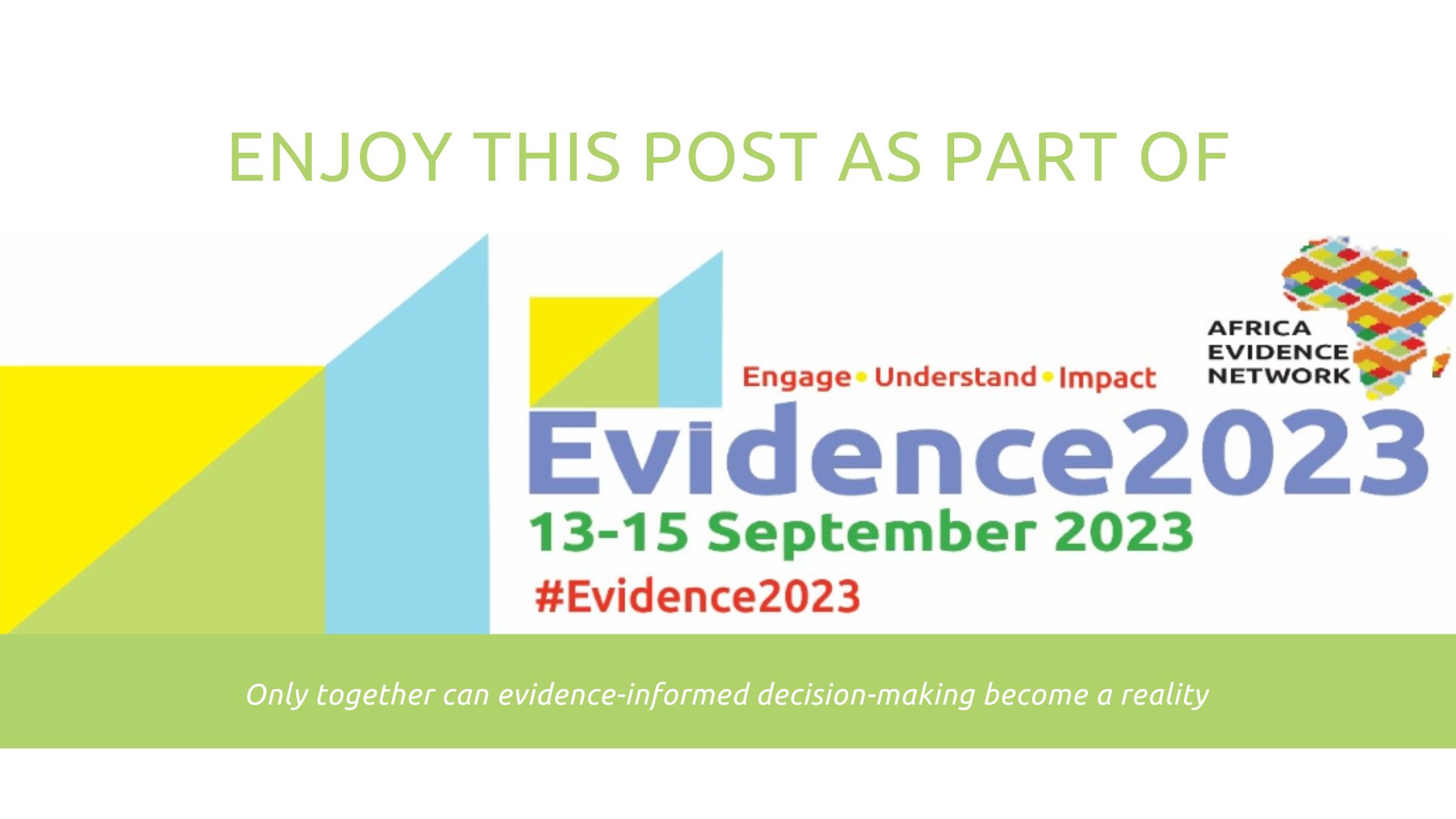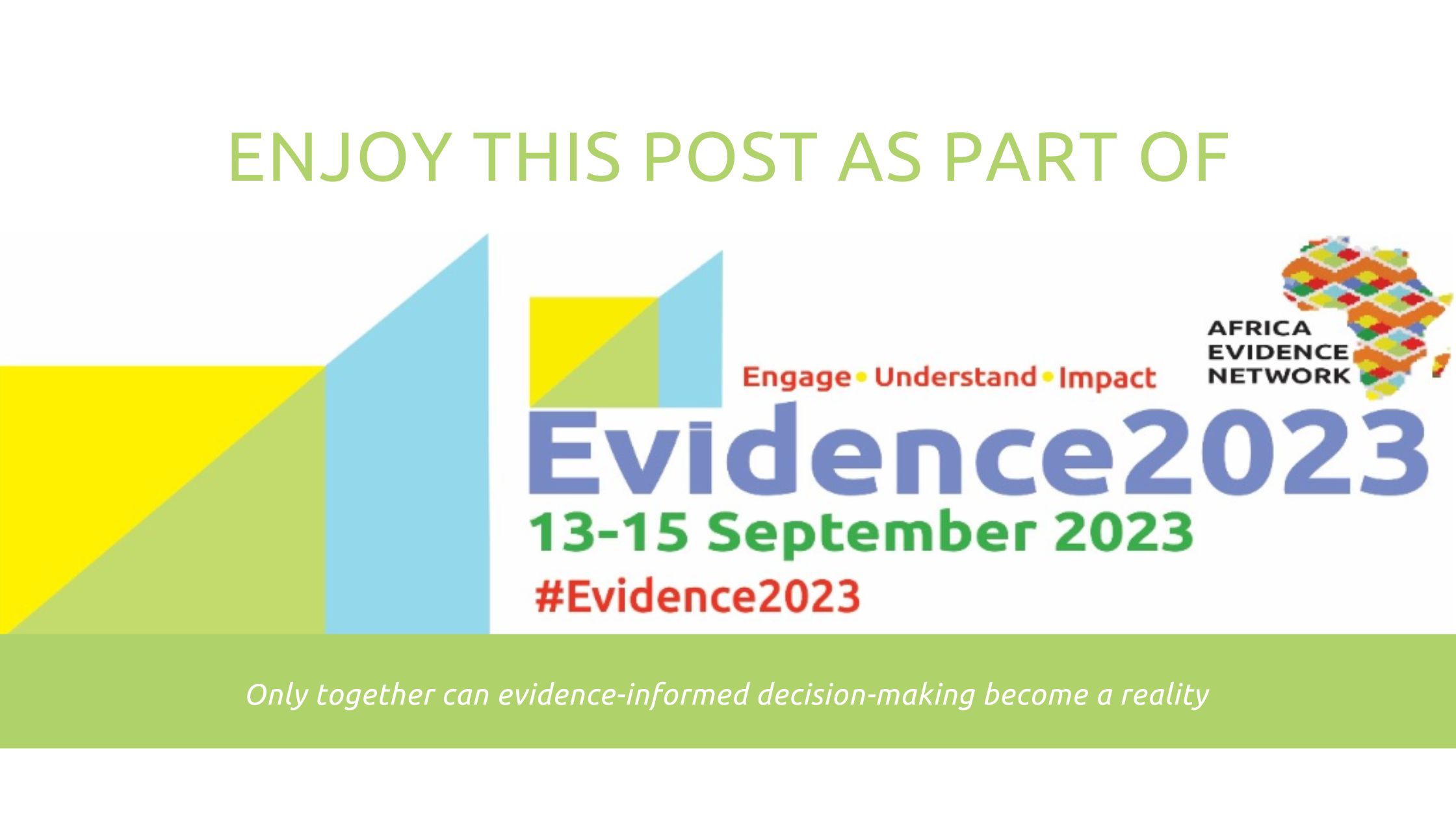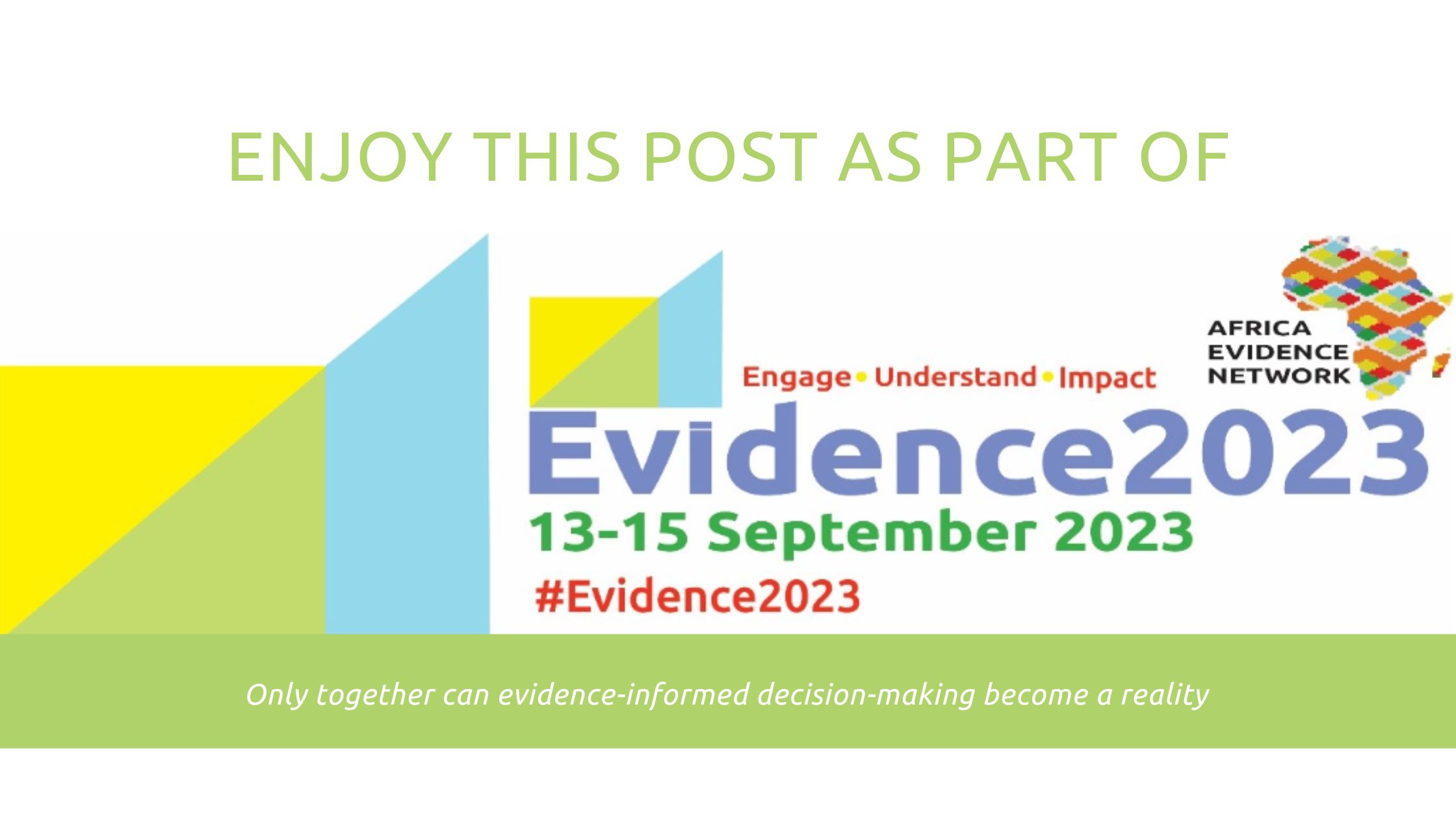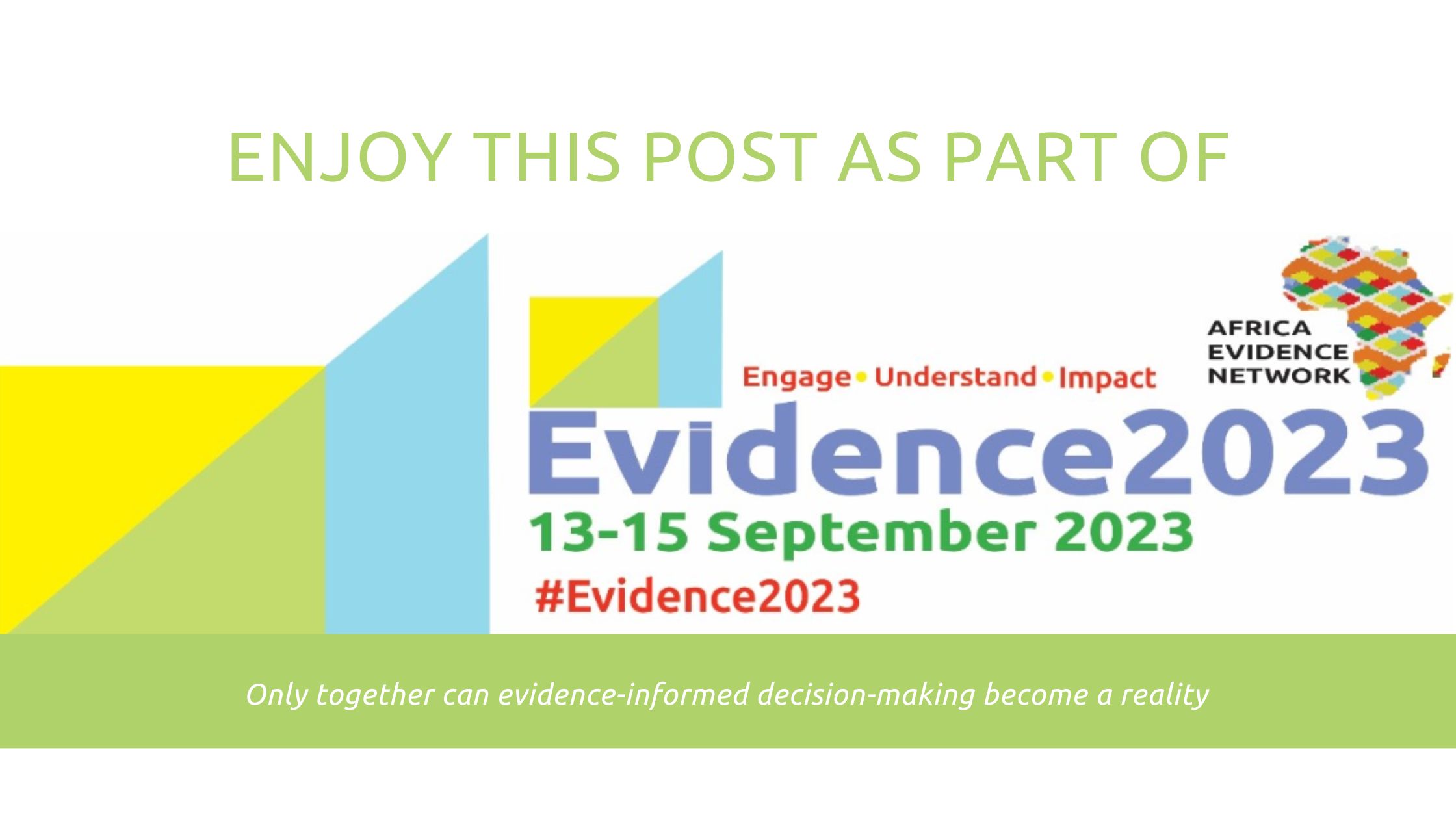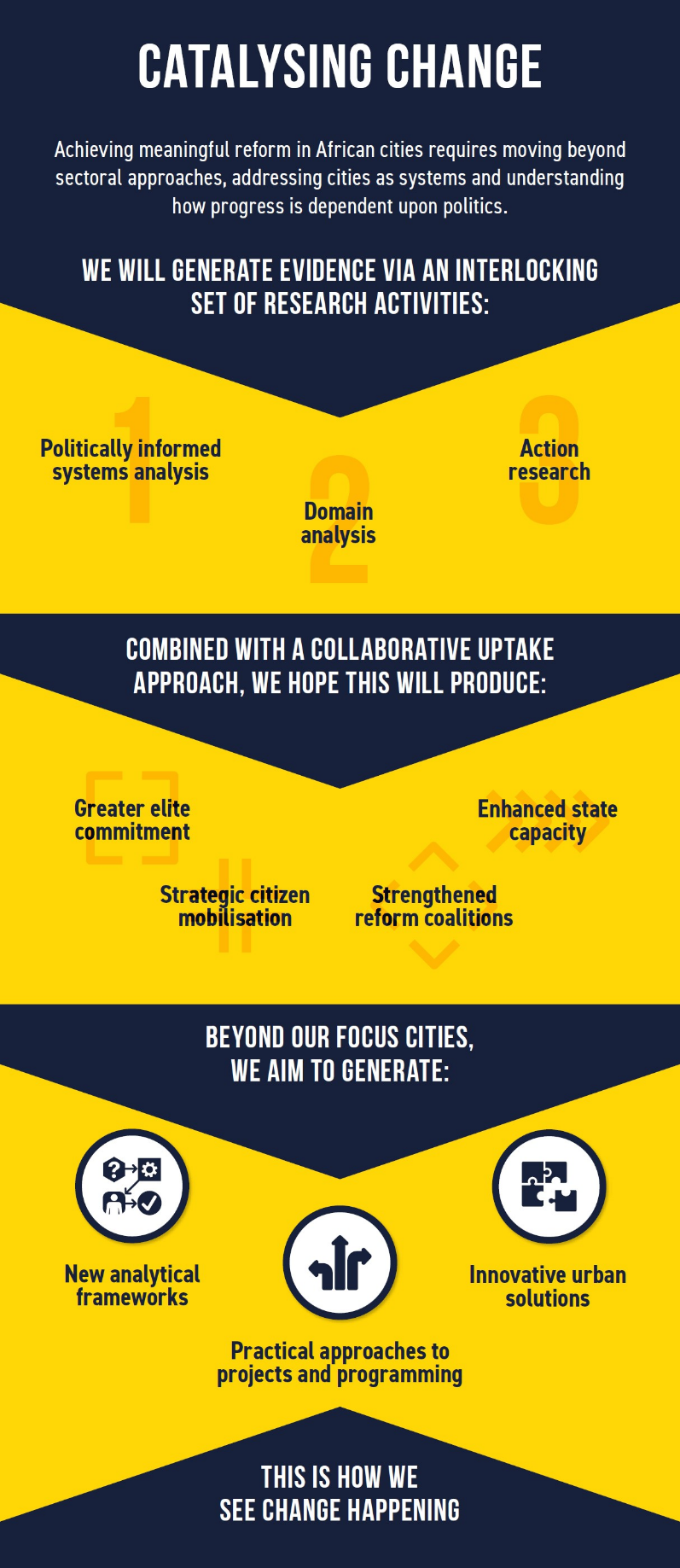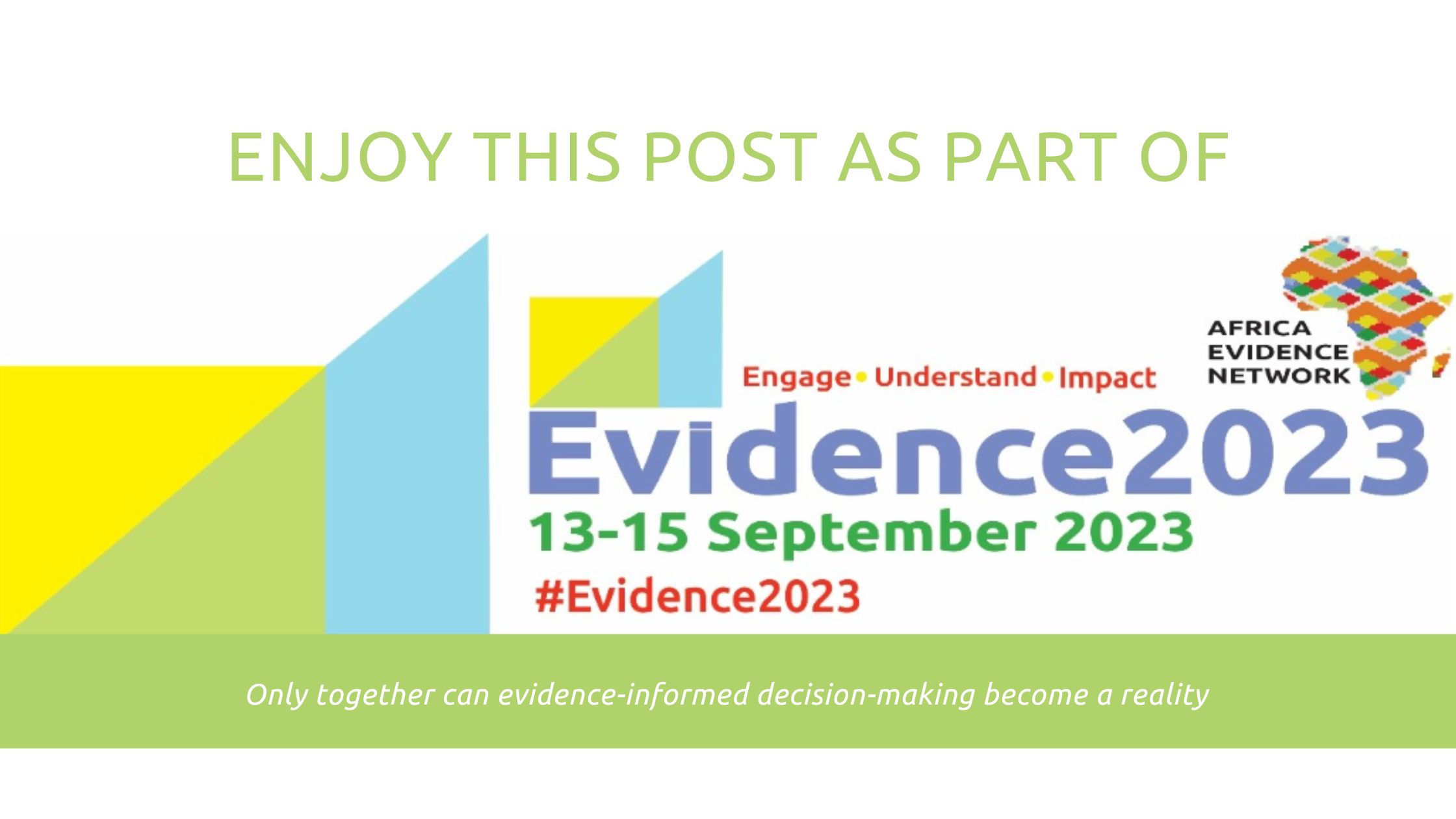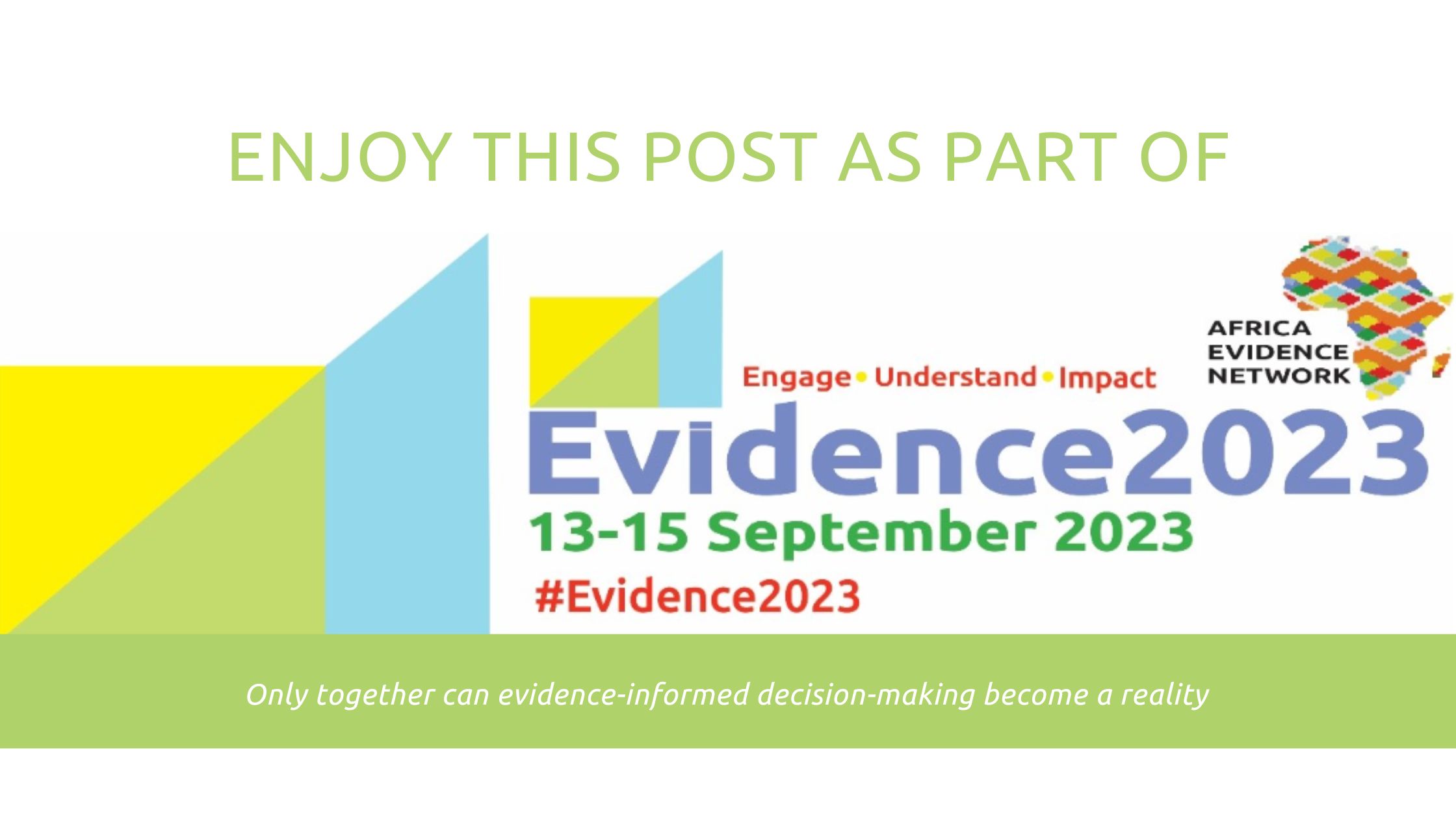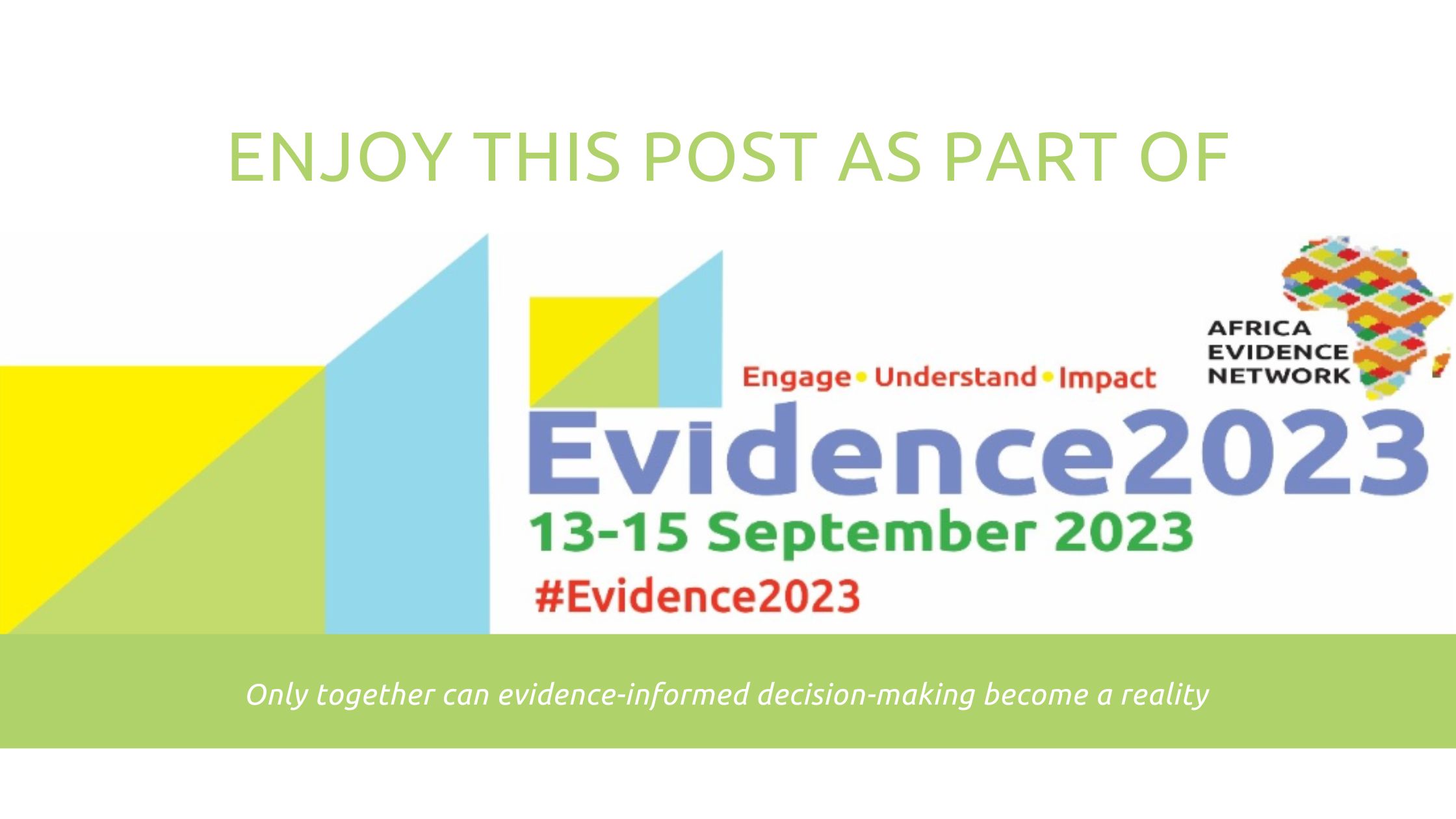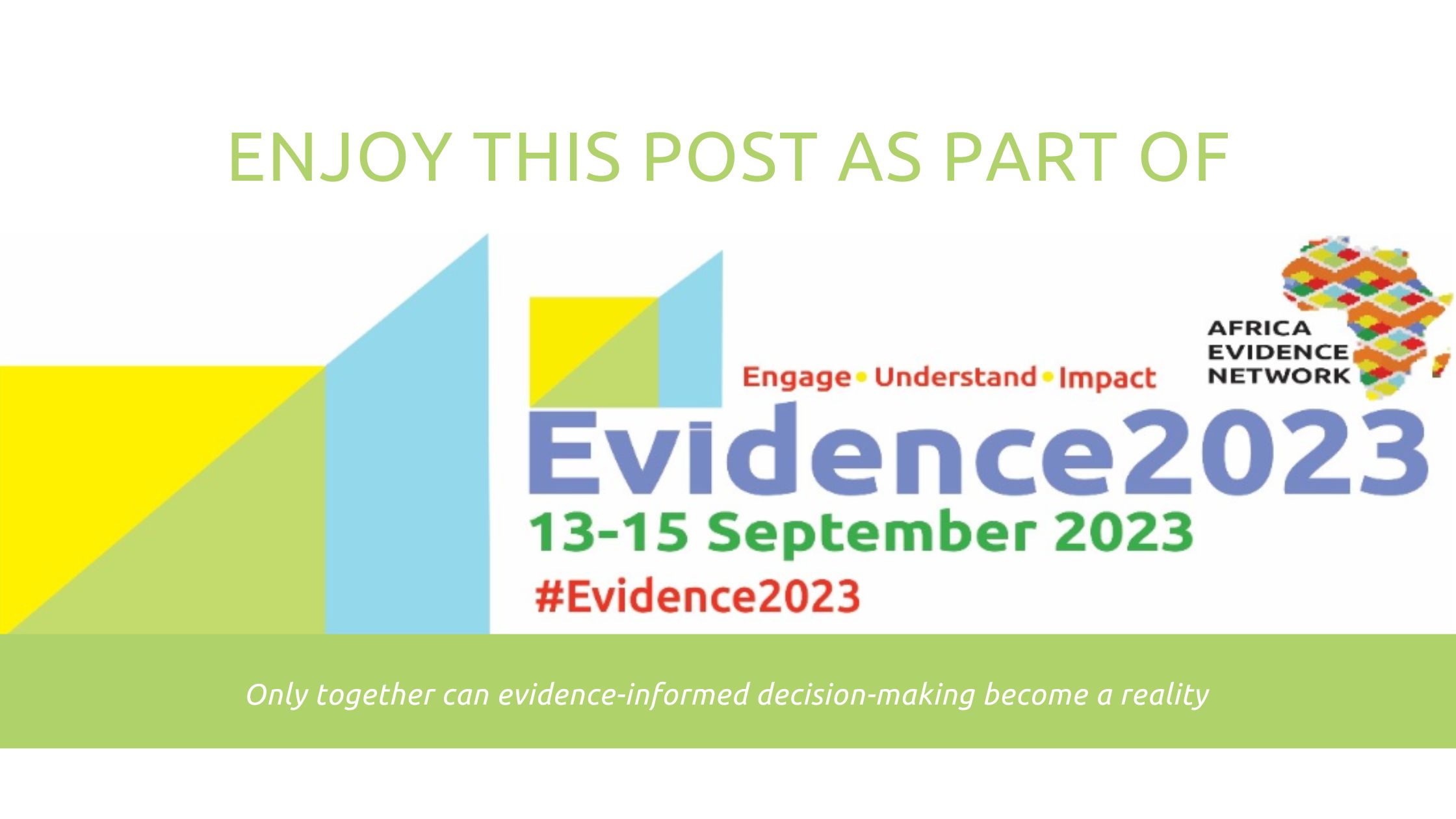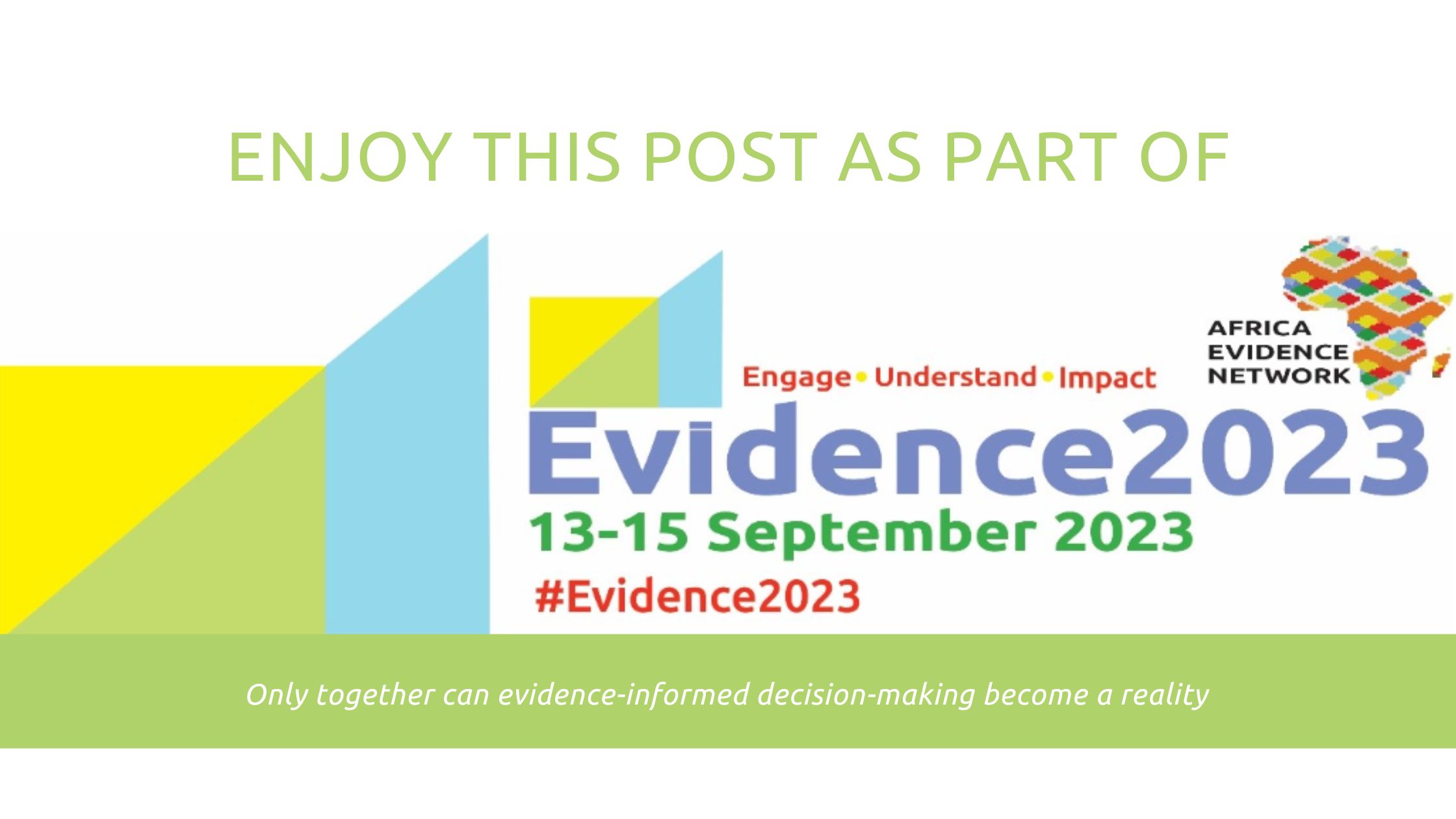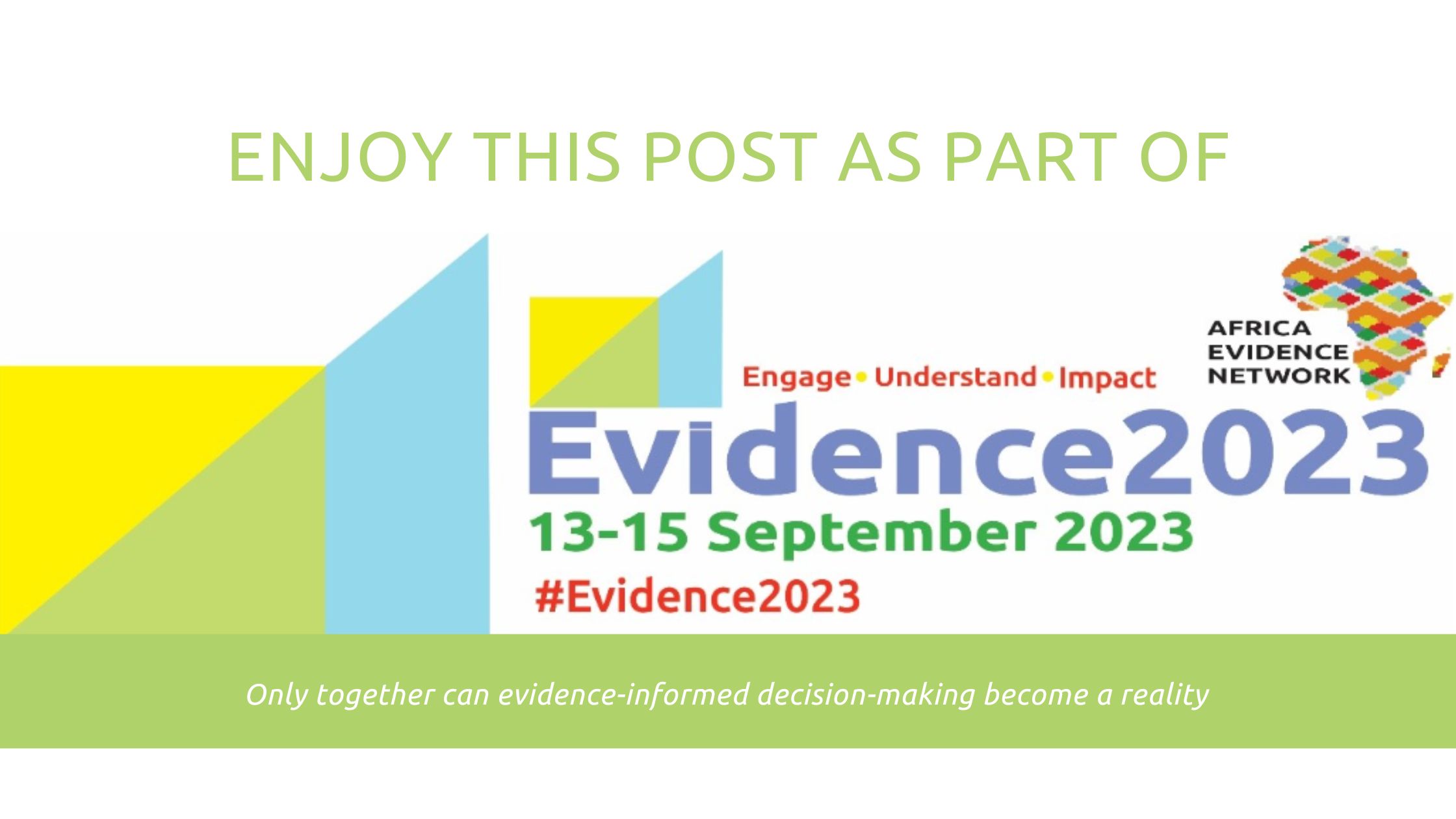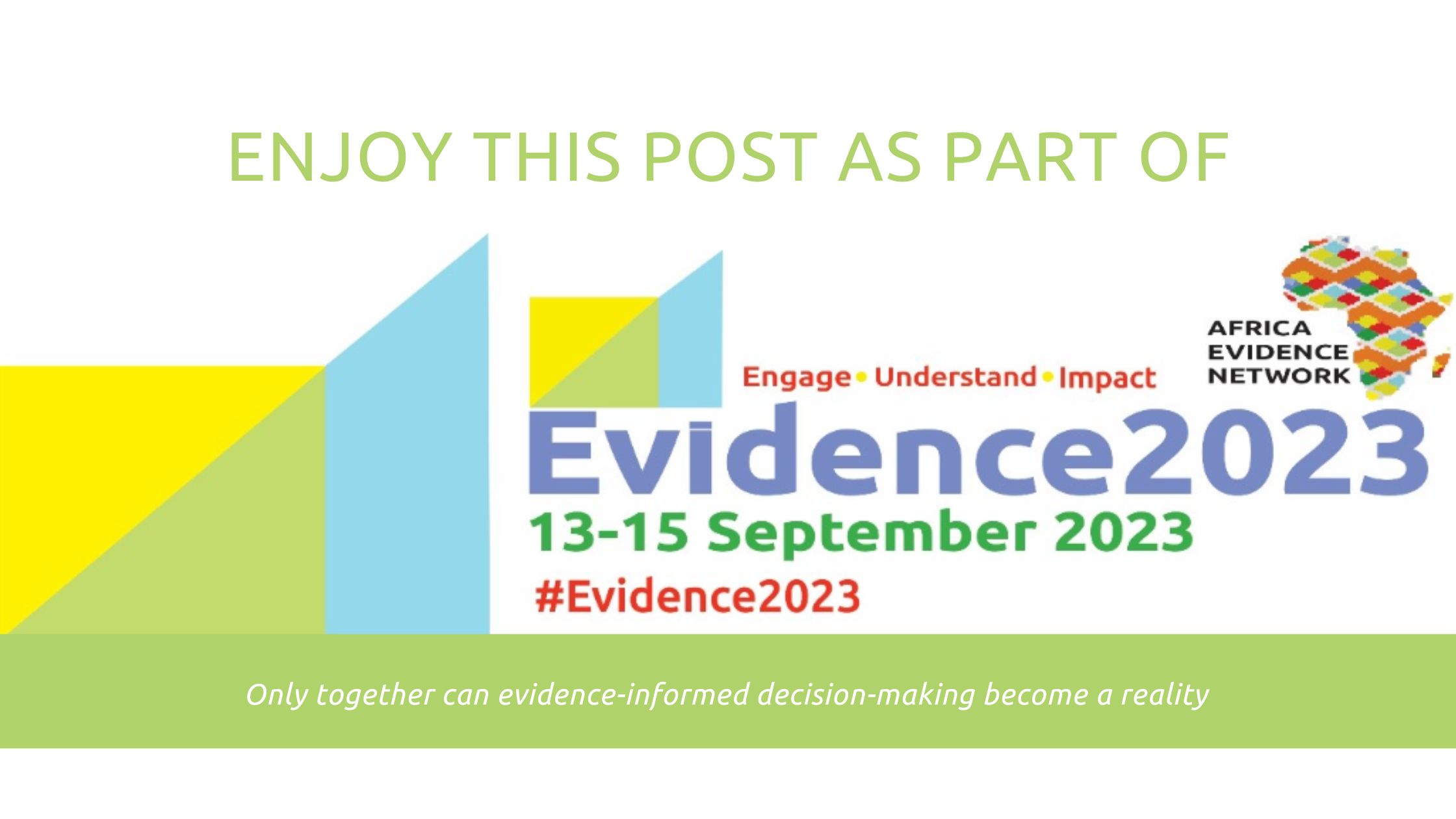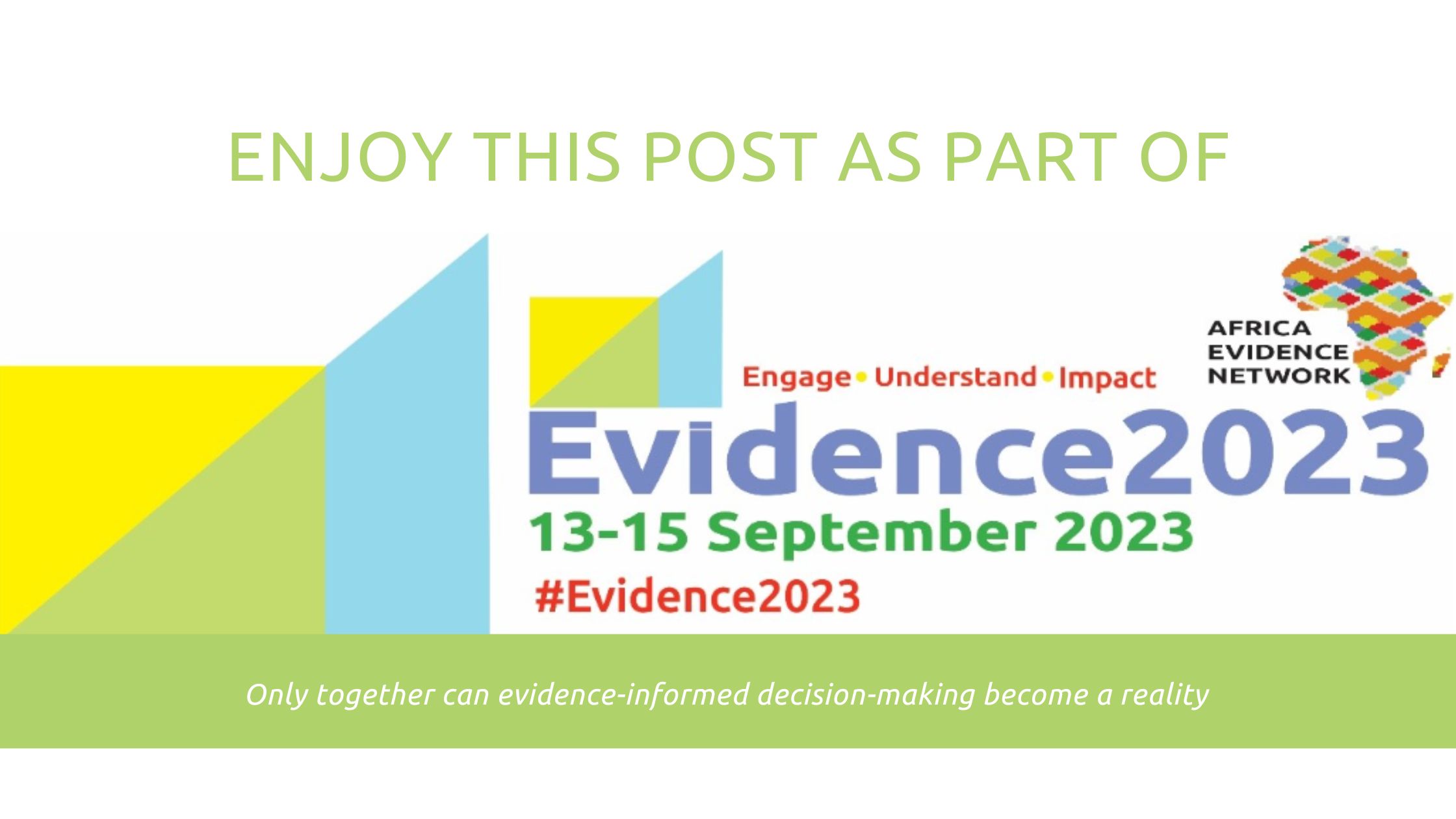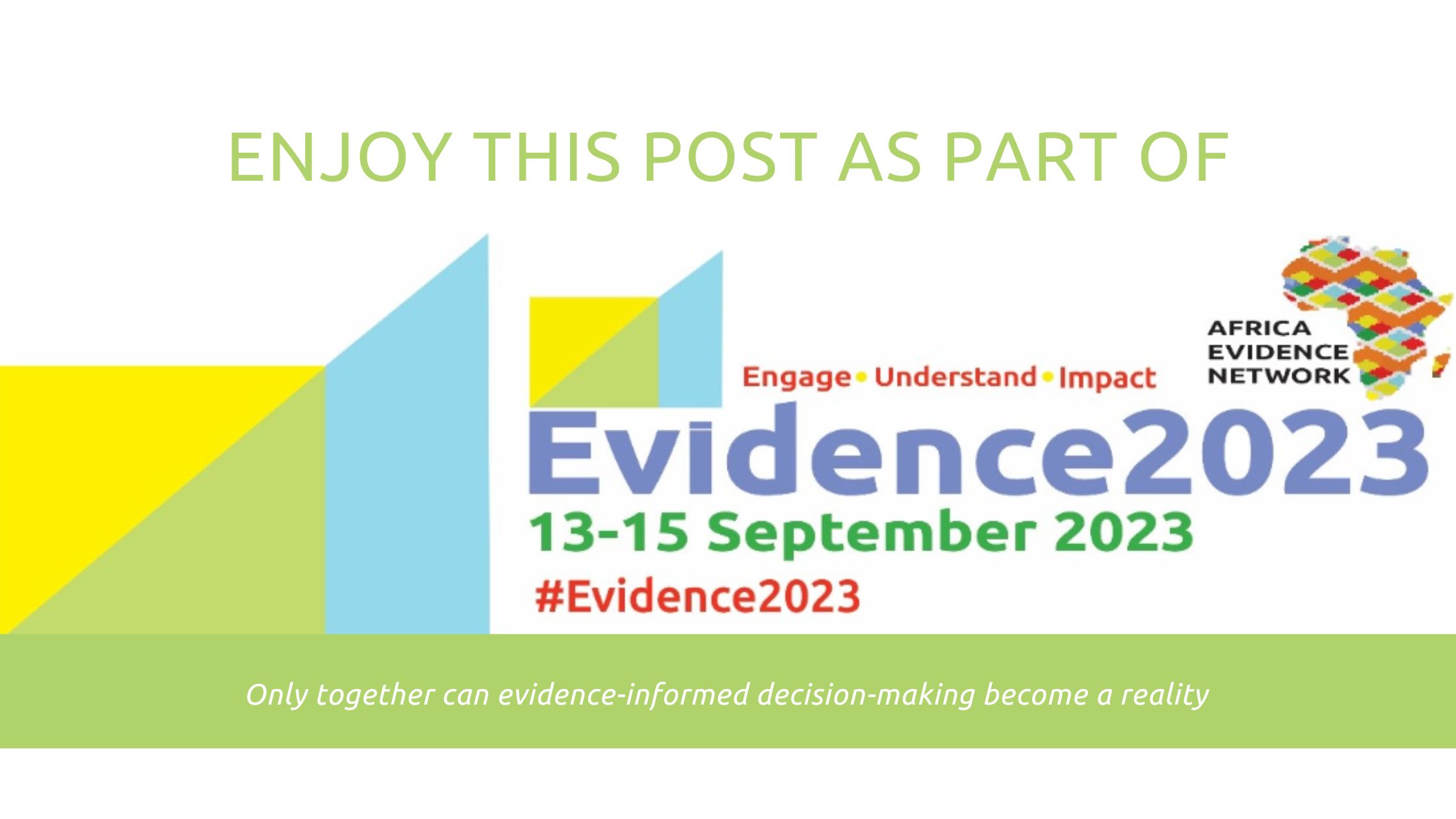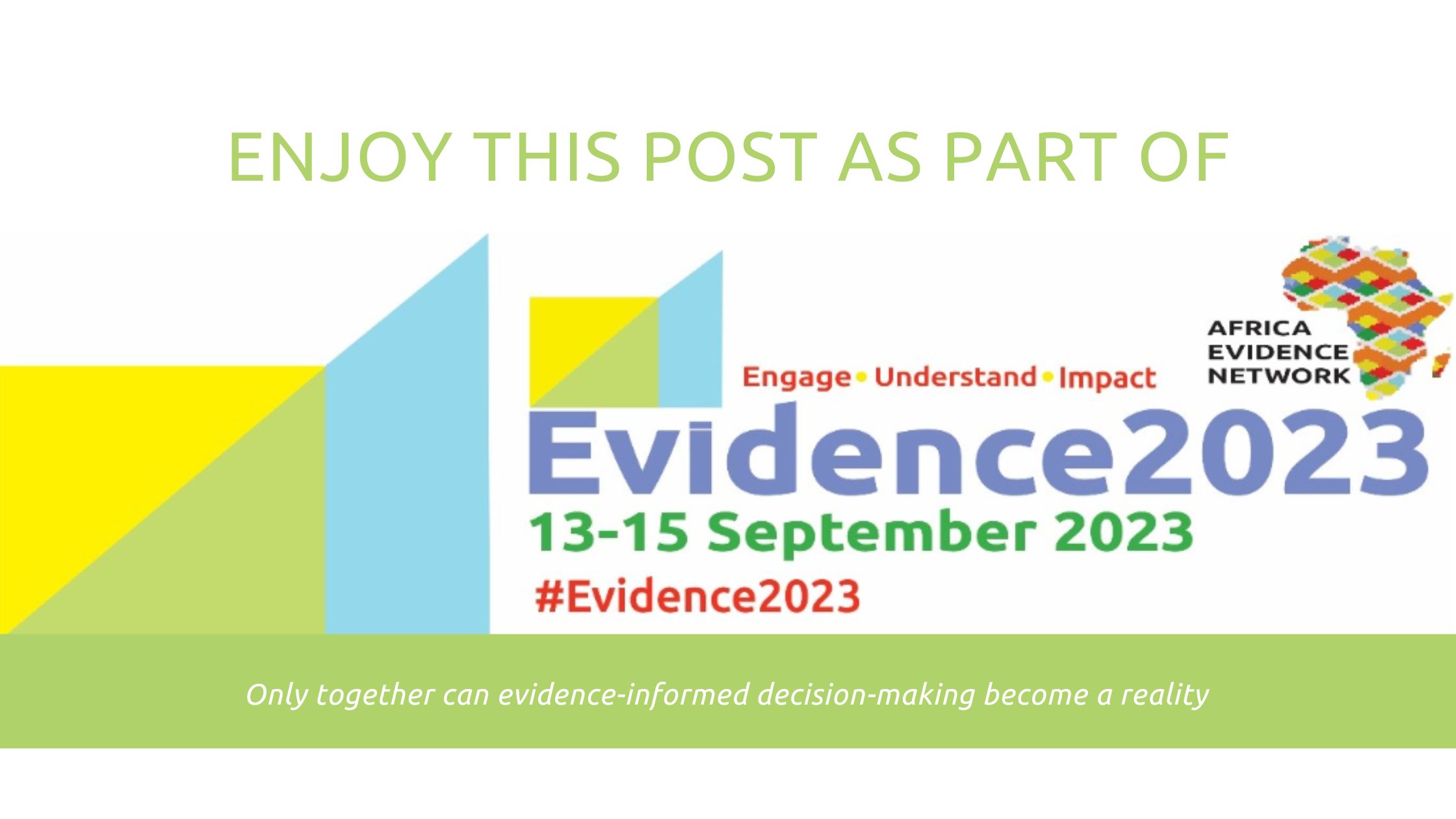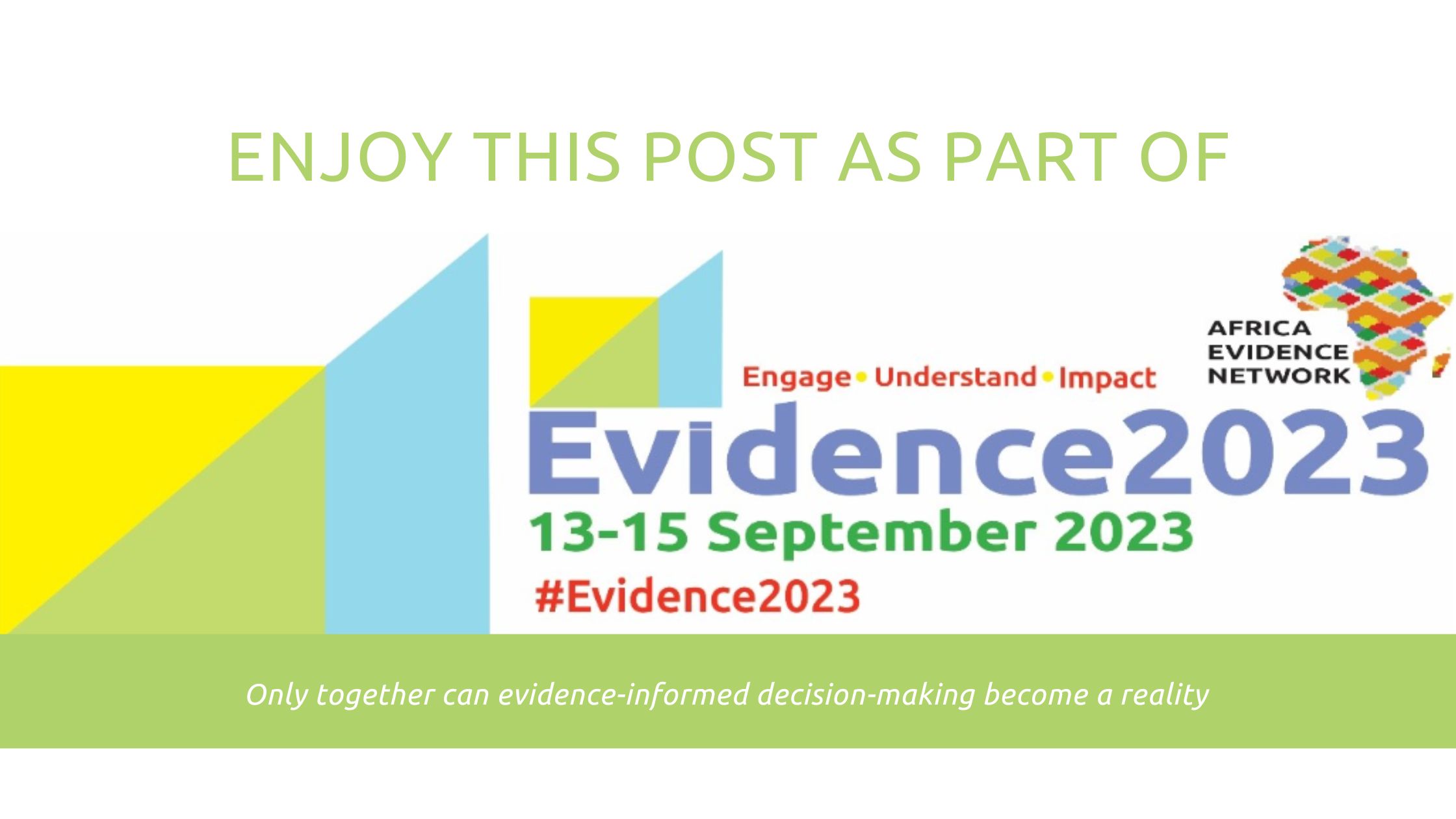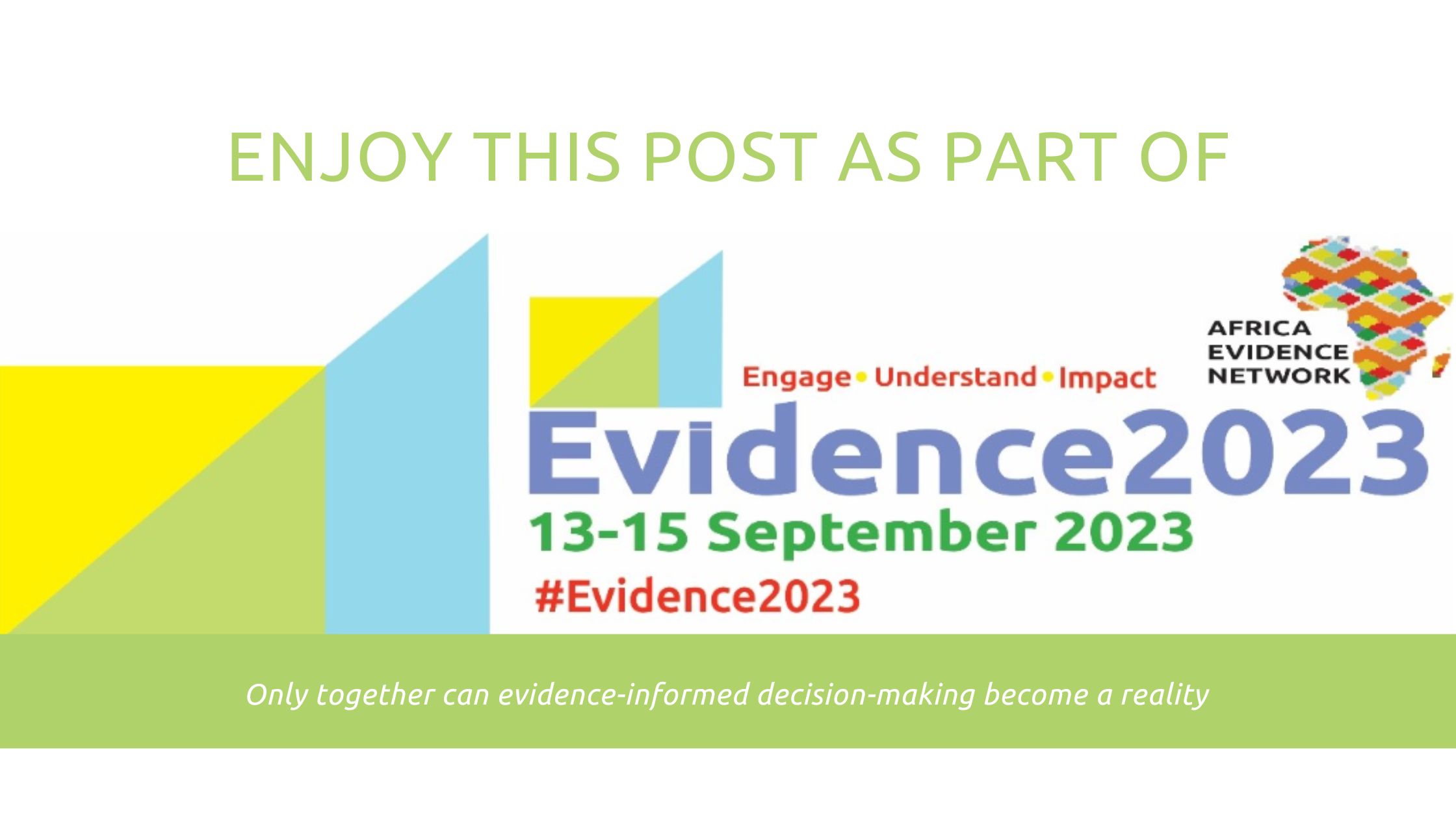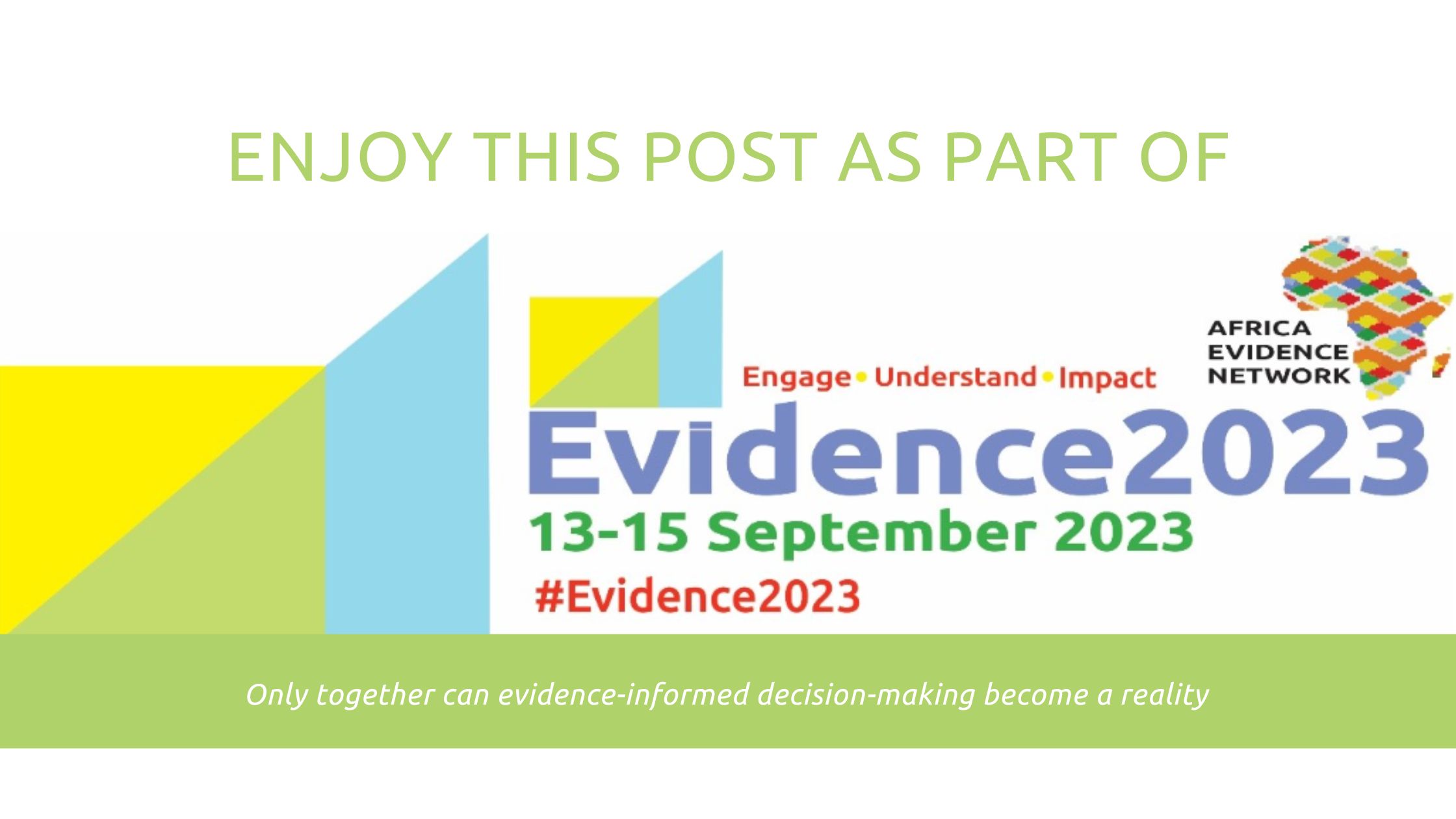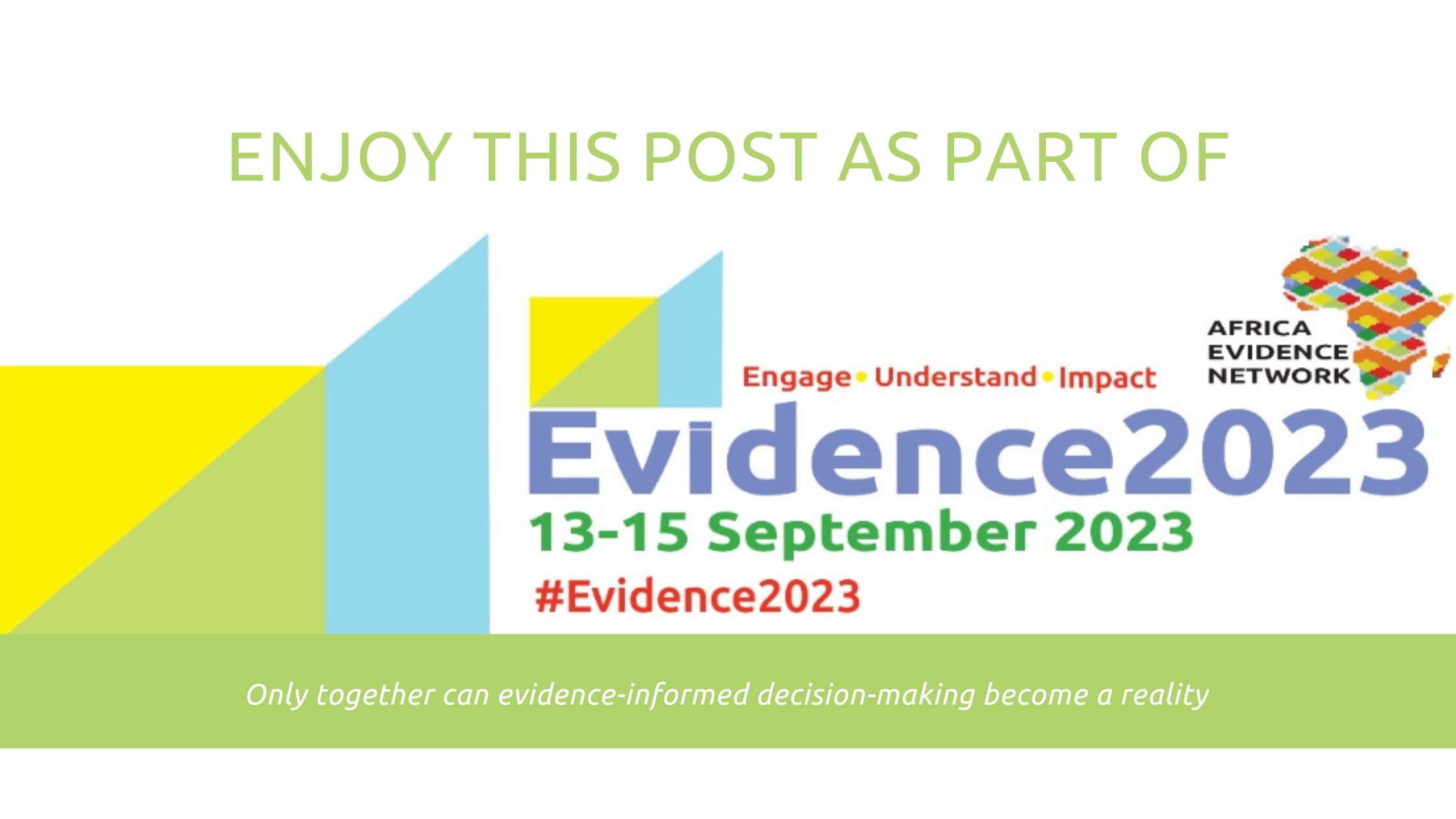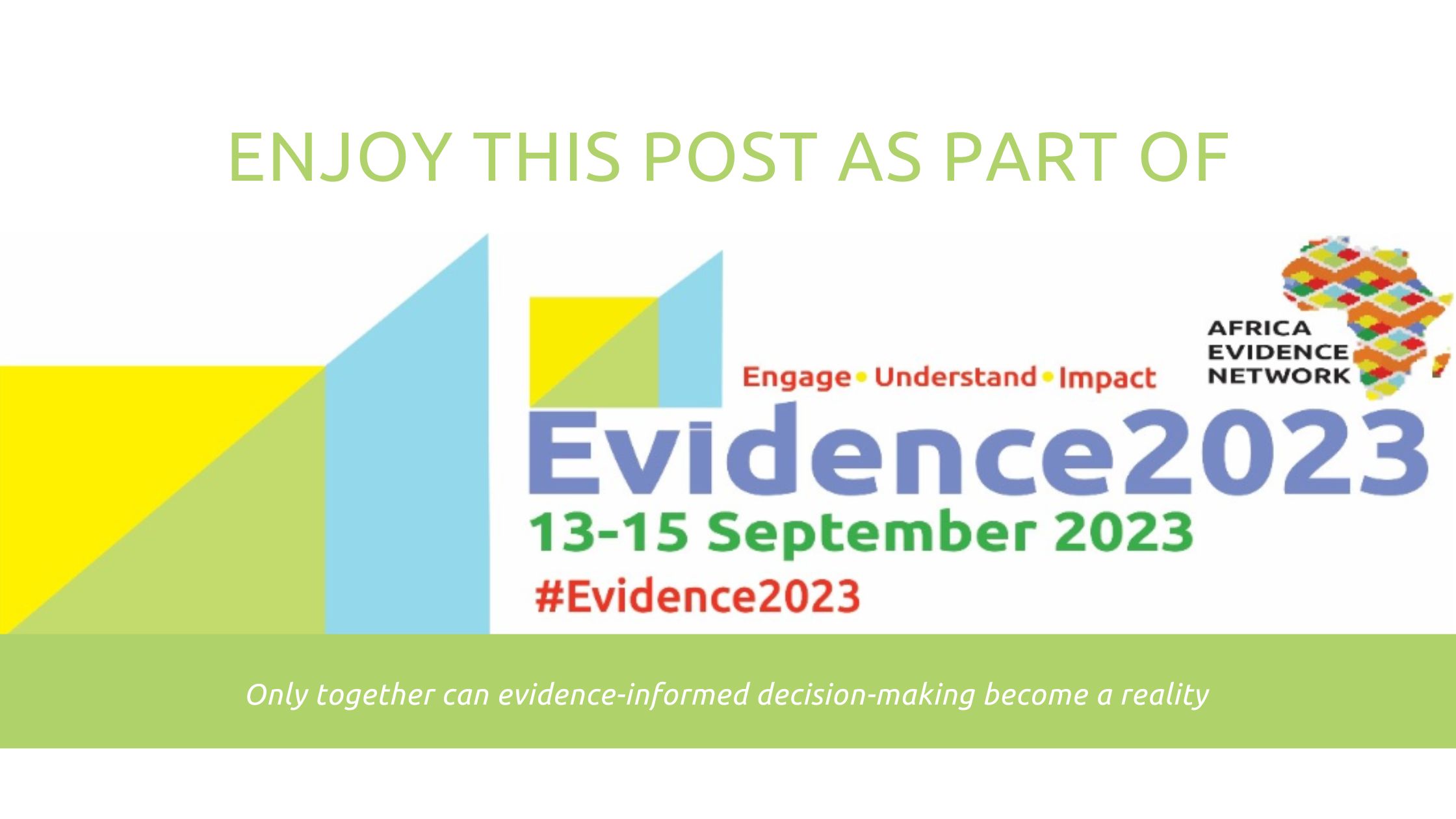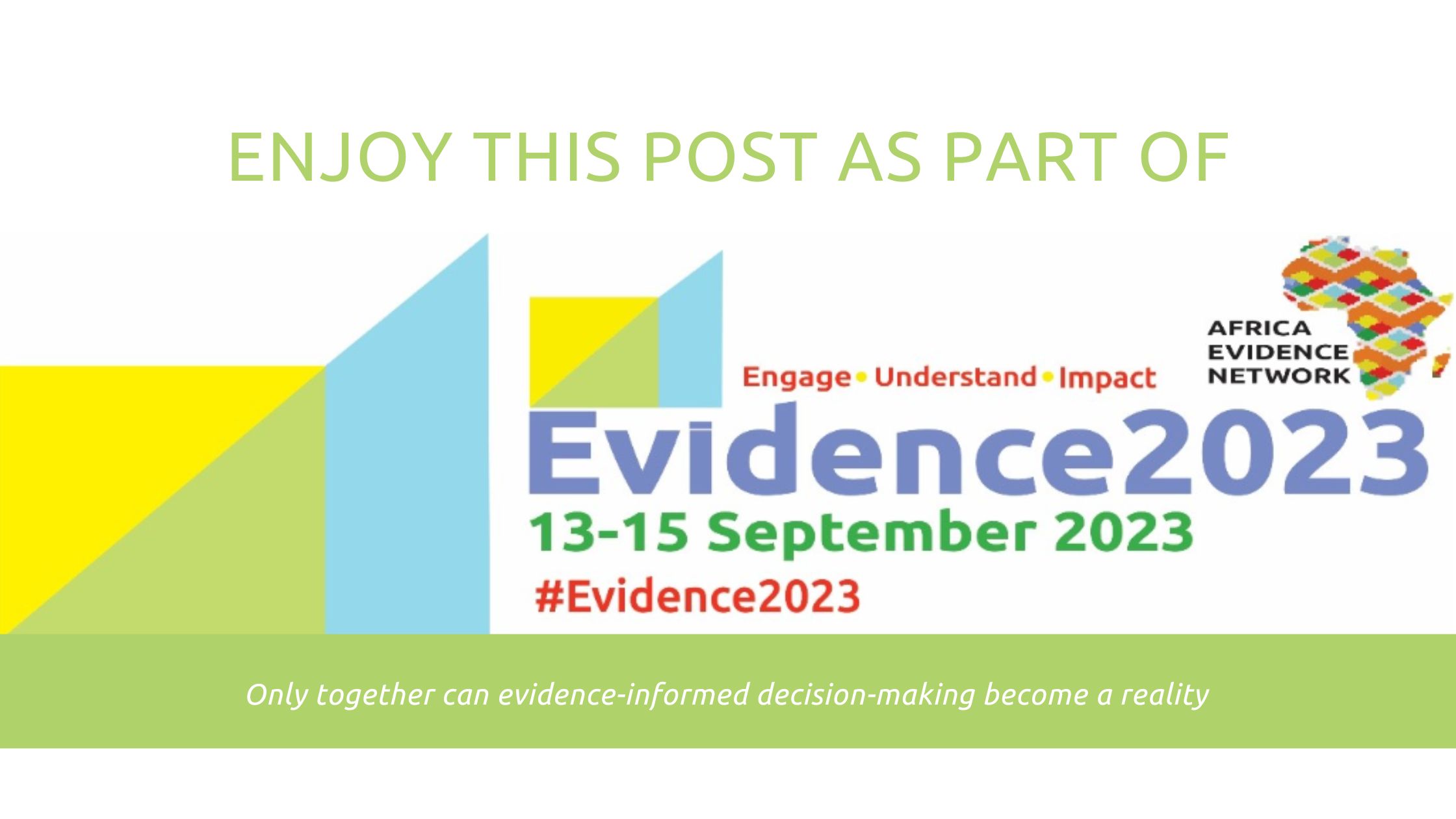
After Africa develops the suggested framework to align the implementation of Agenda 2063 with the global Sustainable Development Goals (Agenda 2030), the realization of both agendas will be cohesive and undoubtedly have a significant influence.
According to Agenda 2063, Africa will develop into a wealthy continent with high-quality growth that offers employment opportunities to everyone, especially women and young people. Through the implementation of this vision, good policies and improved infrastructure will accelerate Africa's transformation by fostering the growth of the private sector and boosting entrepreneurship, investment, and micro, small, and medium-sized businesses.
The transition will include reorienting the sources of economic opportunity and growth in a way that promotes greater productivity, leading to long-term, broadly-based economic growth. As any effective transition requires visionary and dedicated leadership, the Agenda calls for strong leadership.
Obstacles in the way of implementing Agenda 2063
The success of this vision depends on many factors. On the continent, several economies are still insecure, and the infrastructure is still insufficient. With just a modest diversification of their productive structures, many African economies continue to be heavily dependent on basic commodities.
The poverty rate is still too high. Also prevalent is inequality. Six of the top ten most unequal nations in the world, according to the UN, are African. Recent global food crises and ongoing hunger in various African countries.
The Agenda is a call to action. Policy makers at all levels, business, religious, community, women and youth leaders, ordinary citizens must therefore act with determination and muster the needed resolve, exercise greater unity of purpose to confront the challenges facing Africa, including the likely headwinds in an uncertain global environment, to realize this vision for a better future. Individually and collectively, African countries and people must pursue the right policies with consistency over the longterm if the rising expectations of ordinary African are to be realized. (AU – Agenda 2063)
The question that comes in and must be answered here is how can African leaders from different sectors ensure effective evidence production and Its cycle usage for the attainment of the agenda 2063? –
Strengthening data collecting and analysis, African governments must make investments in trustworthy data collection systems and improve their statistical capabilities. This entails enhancing the techniques used to acquire administrative data, such as census data, and making technology investments for data administration and analysis.
Promoting the use of evidence in decision-making: Leaders can establish a culture of evidence usage in policymaking by encouraging policymakers to seek out evidence and making sure that pertinent data and research findings are easily accessible. The creation of knowledge translation platforms, policy briefs, and research clearinghouses can do this.
Investing in Research and Development: To address specific challenges and priorities of Agenda 2063, African leaders should prioritize Research and Development activities, including funding research institutions, universities, and think tanks to produce evidence-based solutions for sustainable development.
For the effective production of evidence, it is essential that African nations, regional organizations, and foreign partners collaborate. Leaders should promote partnerships that enable information sharing, collaborative research projects, and capacity building in the creation and application of evidence.
Monitoring and evaluation: To maintain evidence-based policymaking, it is crucial to regularly monitor and evaluate the progress made towards Agenda 2063 targets. To track the execution and effects of policies and programs, African leaders should set up effective frameworks for monitoring and evaluating them. These frameworks should include precise indicators and targets.
Prioritizing evidence dissemination and communication: African leaders have to be compelled to successfully communicate research discoveries and evidence to different partners, including policymakers, civil society, and citizens. This requires contributing to viable communication methodologies, such as policy briefs, infographics, and public engagement campaigns, to ensure that evidence comes to the relevant audiences.
Capacity building: African Leaders should invest in building the capacity of policymakers, researchers, and data analysts in evidence production, analysis, and use. This can be achieved through training programs, workshops, and mentoring initiatives that enhance skills in data collection, synthesis, and translation for policy-relevant decision-making.
By executing these measures, African leaders can ensure that evidence plays a significant role in shaping policies and programs towards the fruitful implementation of the agenda 2063.
Acknowledgements: The author(s) is solely responsible for the content of this article, including all errors or omissions; acknowledgements do not imply endorsement of the content. The author is grateful to Siziwe Ngcwabe and the Africa Evidence Network team for their guidance in the preparation and finalisation of this article as well as their editorial support.
Disclaimer: The views expressed in published blog posts, as well as any errors or omissions, are the sole responsibility of the author/s and do not represent the views of the Africa Evidence Network, its secretariat, advisory or reference groups, or its funders; nor does it imply endorsement by the afore-mentioned parties.
